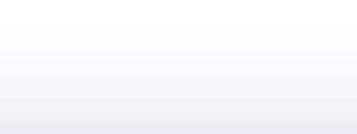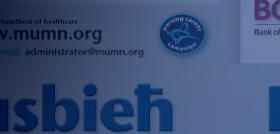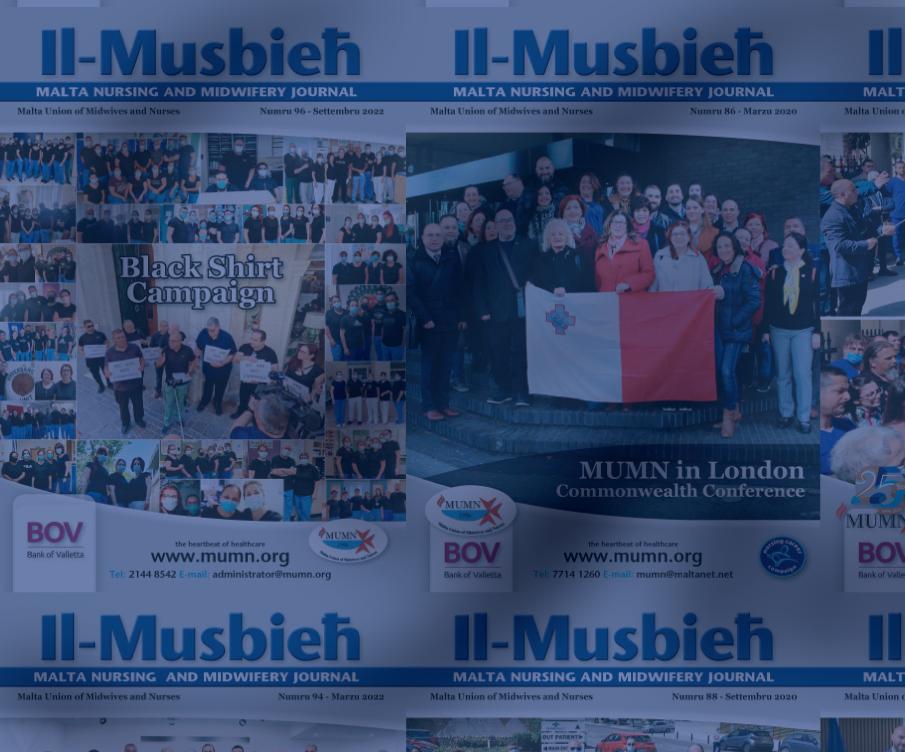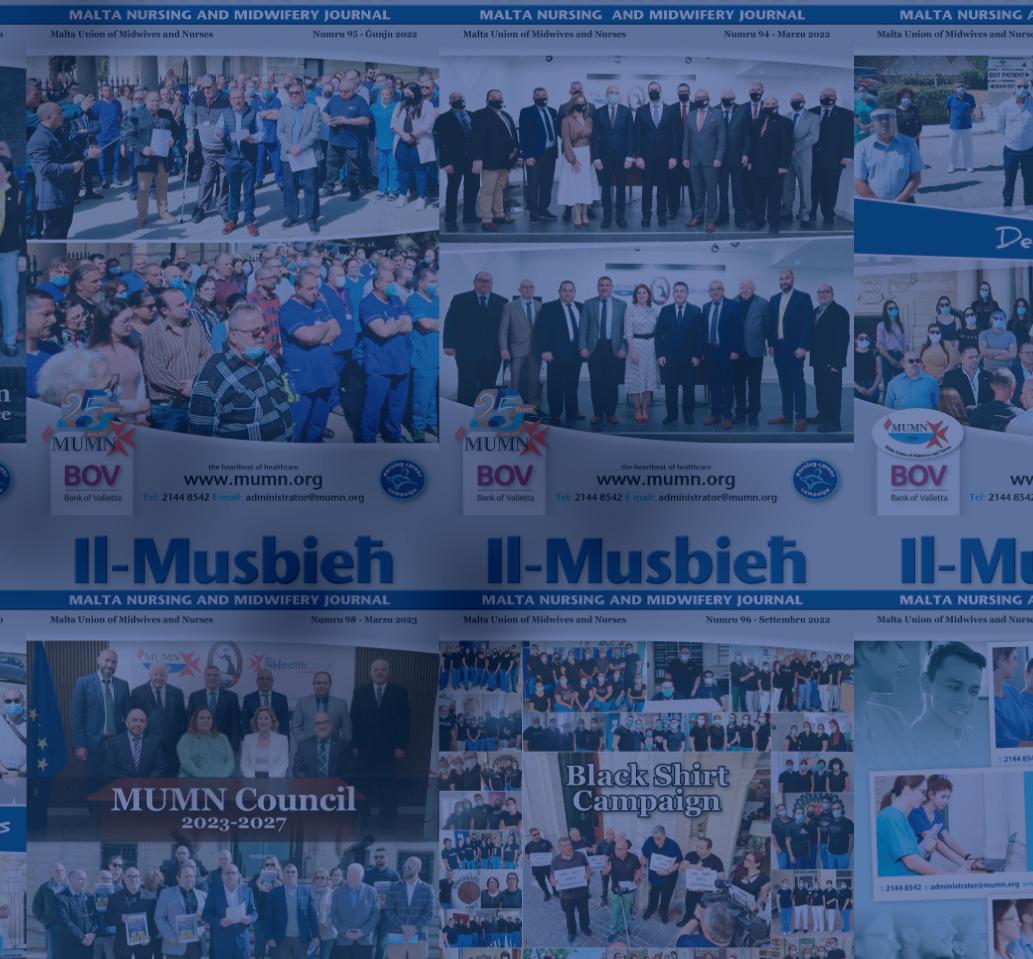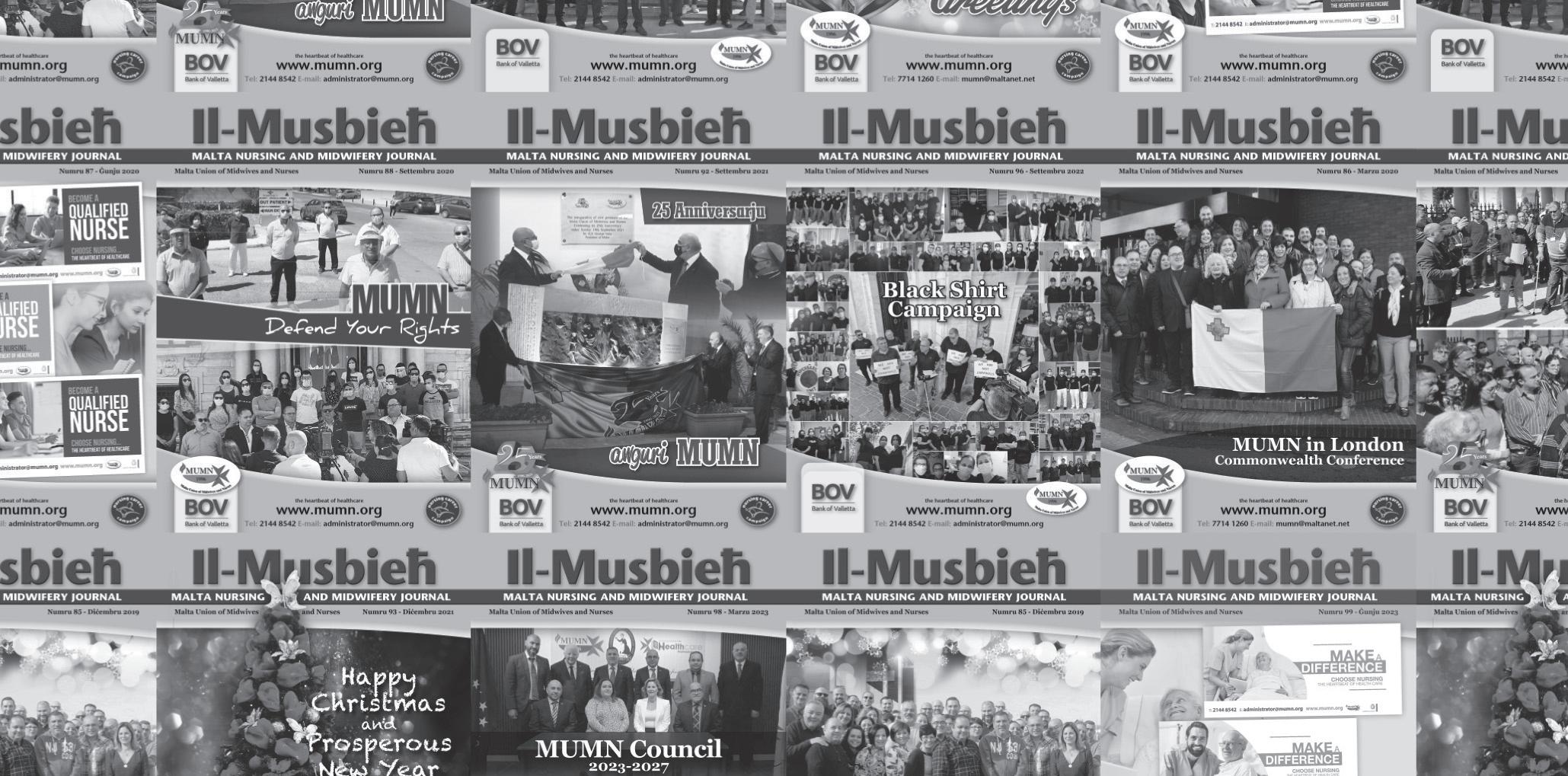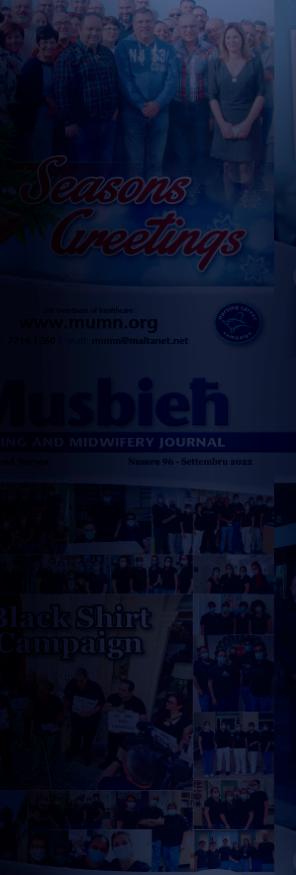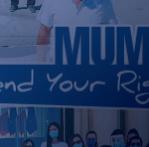










































contents
- Editorial/President’s message pages 4-5














































- Editorial/President’s message pages 4-5



Group Committees - Chairpersons & Secretaries Mater Dei Hospital: Emily Galea, Chairperson: 77440050; Glen Camilleri, Secretary: 79205674
SVP: Therese Decelis, Chairperson: 79809080; Mario Galdes, Secretary: 79449324
RHKG: Graziella Buttigieg, Chairperson: 79275872
Health Centres: Roseanne Bajada, Chairperson: 79671910
MCH: Angelo Abela, Chairperson: 79594326; Malcolm Bezzina, Secretary: 77822561
SAMOC: Charles Galea: 79651430; Mark Mifsud: 99868033
GGH: Joseph Camilleri: 79485693; Anthony Zammit: 79617531; Jennifer Vella: 79277030
ECG Technicians: Alex Genovese, Chairperson: 79860571; Paul Caruana, Secretary: 79604338
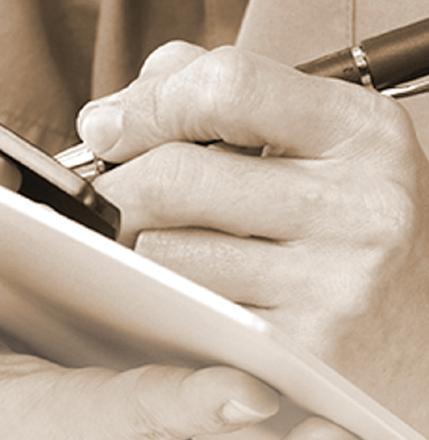
- A Jewish response pages 12-13




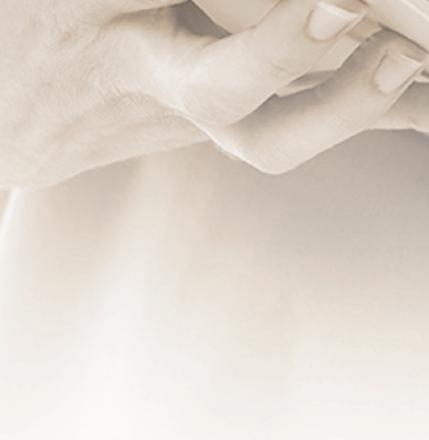
Physiotherapists: Pauline Fenech, Chairperson: 79491366; Daren Stilato, Secretary: 77222999
Midwives Group Committee: Luciana Xuereb, Chairperson: 79538562; Marie Claire, Secretary: 99827852
MUMN Council Members
Paul Pace - President: 79033033
Colin Galea - General Secretary: 79425718
Alex Manche’ - Vice-President: 77678038
George Saliba - Financial Secretary: 79231283
Alexander Lautier: 99478982
Geoffrey Axiak: 99822288
William Grech: 79011981
Claire Zerafa: 99217063
Joseph Aquilina: 99467687
Alexandra Abela Fiorentino: 79642163
MUMN Office: 21448542
Editorial Board
- From our diary pages 20-21
Joseph Camilleri (Editor) CN M1 MDH
William Grech: 79011981
Alexander Lautier: 99478982
Pubblikat: Malta Union of Midwives and Nurses
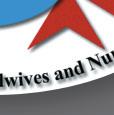

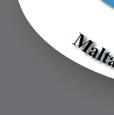

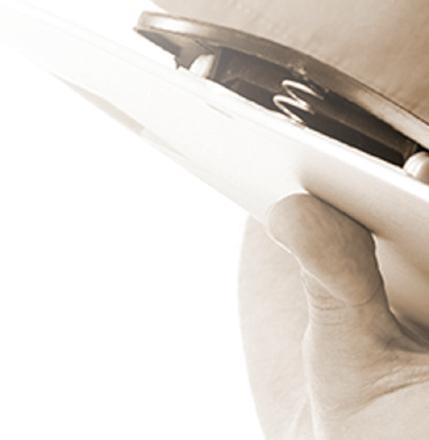
Warner Complex, MUMN, Triq il-Vitorja, Qormi QRM 2508
• Tel/Fax: 2144 8542 • Website: www.mumn.org • E-mail: administrator@mumn.org
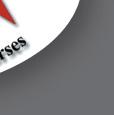
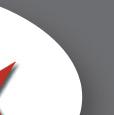

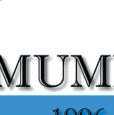


Il-fehmiet li jidhru f’dan il-æurnal mhux neçessarjament jirriflettu l-fehma jew il-policy tal-MUMN.
L-MUMN ma tistax tinÿamm responsabbli gœal xi œsara jew konsegwenzi oœra li jiæu kkawÿati meta tintuÿa informazzjoni minn dan il-æurnal.
L-ebda parti mill-æurnal ma tista’ tiæi riprodotta mingœajr il-permess bil-miktub tal-MUMN. Çirkulazzjoni: 5,000 kopja.
Il-Musbieœ jiæi ppubblikat 4 darbiet f’sena.
Dan il-æurnal jitqassam b’xejn lill-membri kollha u lill-entitajiet oœra, li
l-bord editorjali flimkien mad-direzzjoni tal-MUMN jiddeçiedi fuqhom.


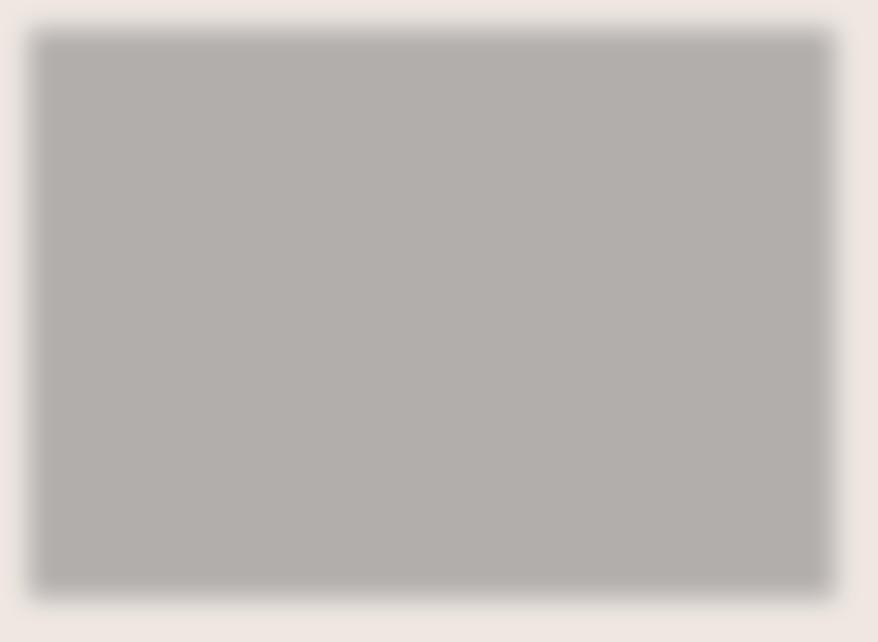




Il-bord editorjali jiggarantixxi d-dritt tar-riservatezza fuq l-indirizzi ta’ kull min jirçievi dan il-æurnal.
Kull bdil fl-indirizzi gœandu jiæi kkomunikat mas-Segretarja mill-aktar fis possibbli.
Ritratti tal-faççata: MUMN
Get the balloons up! It’s the 100th issue of Il-Musbieħ this month. This is the first and only Nursing and Midwifery Journal in Malta that was first published in 1996 with Tonio Pace and Louise Cini as its first editors. Since then, unfailingly, Il-Musbieħ continued to shine. Quite a challenging fete.
It’s nothing magical, but rather a special occasion of having a 100th edition. Over the last 27 years, dramatic changes have occurred within the MUMN, and Il-Musbieœ has been on the forefront of reporting everything to its loyal members locally and internationally. From a mere 15-pager of issue No1, that contained the usual editorial, messages from the president and secretary general of the Union, articles on the effects of the sun’s rays, pressure sores, the production of wine making, humour, an article on chicken pox, and the famous front-page cover of the Sacra Infermeria of Valletta, Il-Musbieœ expanded to a 40-pager journal of high quality.
During the past 27 years many editorials dealt with current pertinent nursing situations that caused quite a stir especially when they were somewhat controversial. Examples of these are when the editorial dealt with the medical profession and with the importation of foreign nurses. It was not the first time that the national media quoted from our printed source to substantiate their reports. It was also interesting to note that our journal was cited by nursing students in their literature reviews, research and thesis publication.
Almost 1000 articles have gone to print so far; a wealth of information that is archived locally and abroad in libraries and universities forever. A source of reference that is now sent to our members online and can be viewed on issuu.com and the MUMN website on www.mumn.org/publications/ musbieh. Still, we get mixed feelings regarding the discontinuation of print journals, but online literary journal archives are accessible to the public via the Web, and often indefinitely, any article stays viable. The OAR@UM, the University of Malta’s Institutional Repository serves as an online platform

for the submission of Open Access research and managed by the UM Library

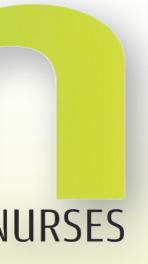

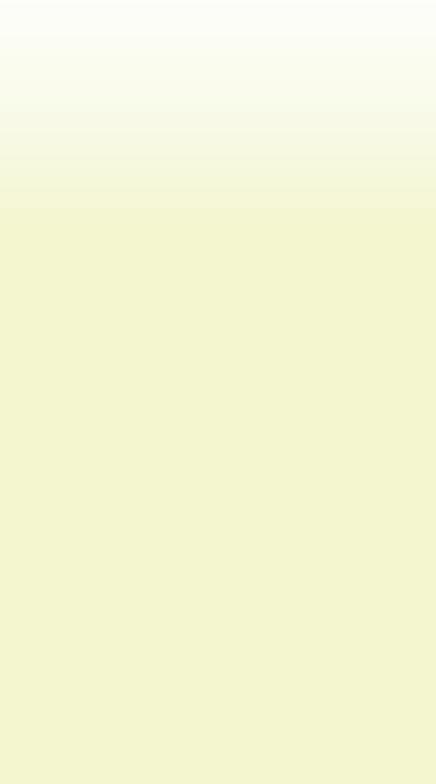



This milestone offers an opportunity to reflect on our Journal because with the 100th issue of Il-Musbieœ, we are proud to look back at a journal that has contributed importantly to progress in nursing and midwifery research in Malta and to any MUMN matters and achievements. It never occurred to me, 100 issues back, that one day I would be the editor of the journal that reflects the ethos of the MUMN in celebrating and building on its eminent history whilst seeking to establish new areas of nursing and midwifery research.

Concluding this special editorial, allow me to quote 3 important messages that were conveyed in Issue 1 of IlMusbieœ, twenty-seven years ago: The Editors at that time had proclaimed: ‘Œbieb ser naslu! Ser naslu ÿgur!’ (Friends, we will succeed, succeed for sure!), and we did. The president, at that time wrote a message: ‘Gœalina
l-Musbieœ jissimbolizza mezz ta’ dawl, li f’sens metaforiku jgœin lill-midwives u n-nurses isibu triqthom biex (ikunu) jistgœu jimxu ‘l quddiem. (For us IlMusbieœ symbolises a means of light, which in a metaphorical sense helps midwives and nurses find their way to move on) and so we did. The secretary general at that time wrote: ‘F’din ilpaæna (Il-Musbieœ), se nkun jiena dak li ngœidilkom x’qed tagœmel l-Union gœal kull wieœed u waœda minnha, waqt li f’paæni oœra se tkunu intom li tissuææerixxu, tikkritikaw u tfaœœru l-operat tal-Union.’ (On this page (IlMusbieœ), I will be the one who tells you what the Union is doing for each and every one of us, while in other pages it will be you who suggest, criticise and praise the operation of the Union.) and so we did.
It is of utmost importance to reap the benefits of our Nursing and Midwifery Journal, as nursing articles provide critical information that nurses can apply to their own practices. Ultimately, the information may uncover vital insights into health care concepts that could lead to higher-quality care and improved patient outcomes. Nursing literature serves as a primary means of communicating new knowledge to nurses and is necessary for continuing advancements that promote optimal nursing care. Let’s keep this project going.
On the 100th anniversary from the publication of the Musbieœ edition, the Maltese Association of Psychiatric Nurses (MAPN) would like to thank the MUMN for the opportunity given to the association to contribute in this publication.



The MAPN appreciates the union’s commitment in safeguarding our profession and improve the working conditions of nurses on the Maltese Islands. The Musbieœ publication has a


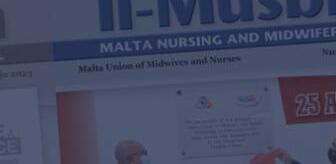

role in this regard, by sharing knowledge, information and being a medium of connection amongst the different specialities. Through “Musbieœ”, the mental health nursing profession is able to enhance the professional image and boost the distinctive care given to people with mental health problems and mental illness.
Dr Alexei Sammut President - Maltese Association of Psychiatric Nurses





Two sectorial agreements were signed this month. Both were crucial and very important to the health sector.
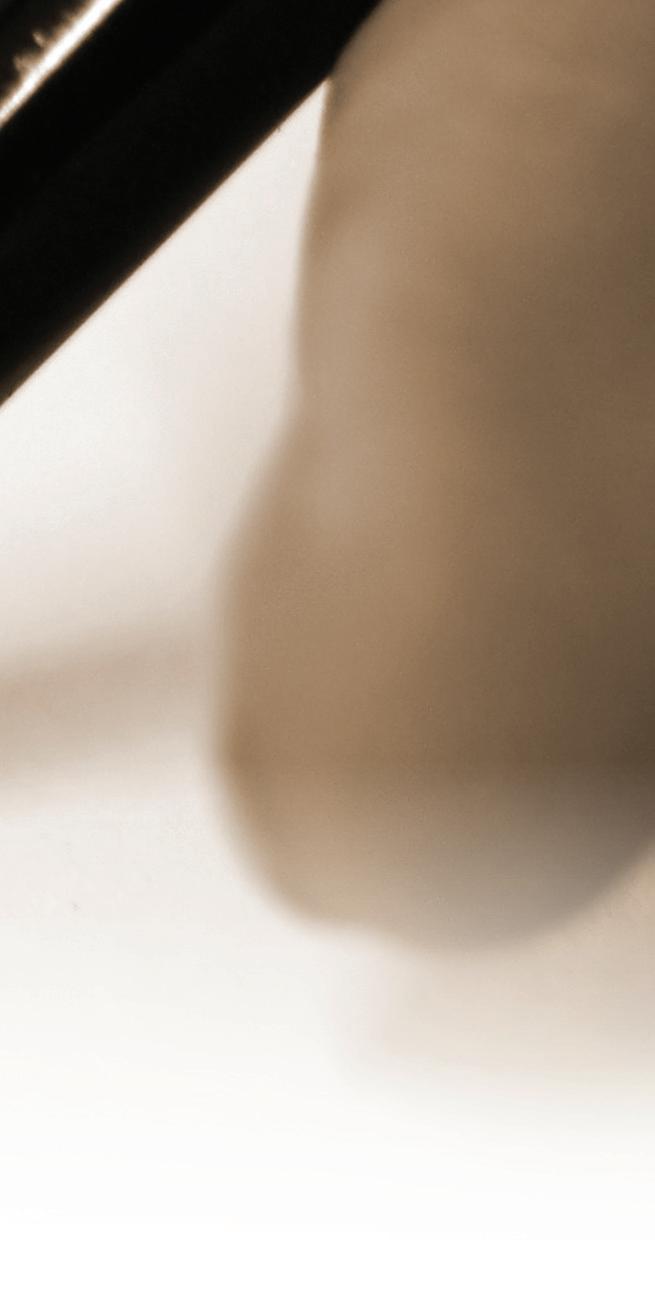
The Nurses’ and Midwives’ sectorial agreement was a long hard fought sectorial agreement. Although “negotiations” started in August 2022, the Health Division Permanent Secretary had no clue on how to conduct actual negotiations with the union. Dirty tactics were used especially when it was clear that the Health Division main objective was not to address the Nurse’s shortage but to introduce the Appraisal Reports and the Electronic Verification System. Nurses and Midwives rightly so expected empathy and appreciation for their work especially after the COVID pandemic, but instead a humiliating proposal was handed over, which proposal was not even negotiated but imposed by the head negotiator being the Health Division Permanent Secretary MUMN was then constrained to issue directives and the thanks to the Phoenicia meeting, where 97% of the Nurses and Midwives present, shot down the Health Division proposal. Now things started to change and change for the better.
The OPM took over and the Health Permanent Secretary who was the lead negotiator was replaced with the OPM Permanent Secretary Finally, MUMN could actually start negotiations with the OPM Permanent Secretary who was better experienced in dealing with union matters . The negotiations were still not easy, but a huge difference can be felt from when the Health Sector was leading the negotiations with MUMN. The results are there to be seen since in August 2023 the new financial package was overwhelmingly voted in favour of the new sectorial agreement. The Prime Minister took the right decision when taking over from the Health Division and appointing new negotiators for the Nurses’ and Midwives’ sectorial agreement. It was the best decision ever taken which contributed to the final agreement.
The ECG Technicians was not as volatile as the Nurses and Midwives’ sectorial agreement. Having said that, it was neither a comfortable ride. The
is still a good number from the “old school”. The ECG Technicians are passing through a transition phase just as the Nurses had passed 20 years ago. The agreement had to do justice to all ECG Technicians and once again it was through the OPM that an agreement was reached.
Both agreements have been reached thanks to the huge support which MUMN enjoys with its members. Members, who in the test of fire, supported the union irrespective of any political perspective. Members who know that MUMN has proven to fight and safeguard the interest of its members irrespective which political party is in Government. It was also the first time where Nurses and Midwives spoke out to the media of their experiences as Nurses, and this left a very positive impact on the general public.
The Nurses and Midwives’ sectorial agreement is a breath of fresh air. The scope of MUMN through this sectorial agreement is to retain and attract young people into the profession. In today’s world, the nursing profession has lost all the attraction with the young people, so a stimulus was needed. This hard-fought agreement has to be guarded by the Government since the crisis in nursing is unprecedented. A small look at this year’s figures speaks louder than words. 132 doctors joined the Health Services while only 70 nurses
start their career as nursing since some went to continue studying to become doctors and others sought a job in the private sector. Only around 40 Nurses started their career within the Public Service. With these figures, it is clear that nursing is in crisis. Hopefully the new sectorial agreement (if guarded) will lessen the shortage of Nurses, but this will not happen overnight.
This edition of MUMN happens to be the 100th Edition from its first date of publishing. As MUMN, we cherish our journal since it allows our members to contribute through various specialised articles to all other members of MUMN. The journal also serves the purpose of informing our members about the main activities of MUMN which have taken place in the last three months. Every edition issued will always bring new contributors with highly interesting articles for everyone to read.

Recently with the journal being put on-line, Nurses, Midwives and other Health Care Professionals from different countries have excess to our journal. In this edition MUMN would like to thank H.E. the President of Malta, the President of the International Council of Nurses, the President of the European Midwives Association and the last but not the least the President of the Malta Association of Psychiatric Nurses for sending their congratulatory messages for this special edition.
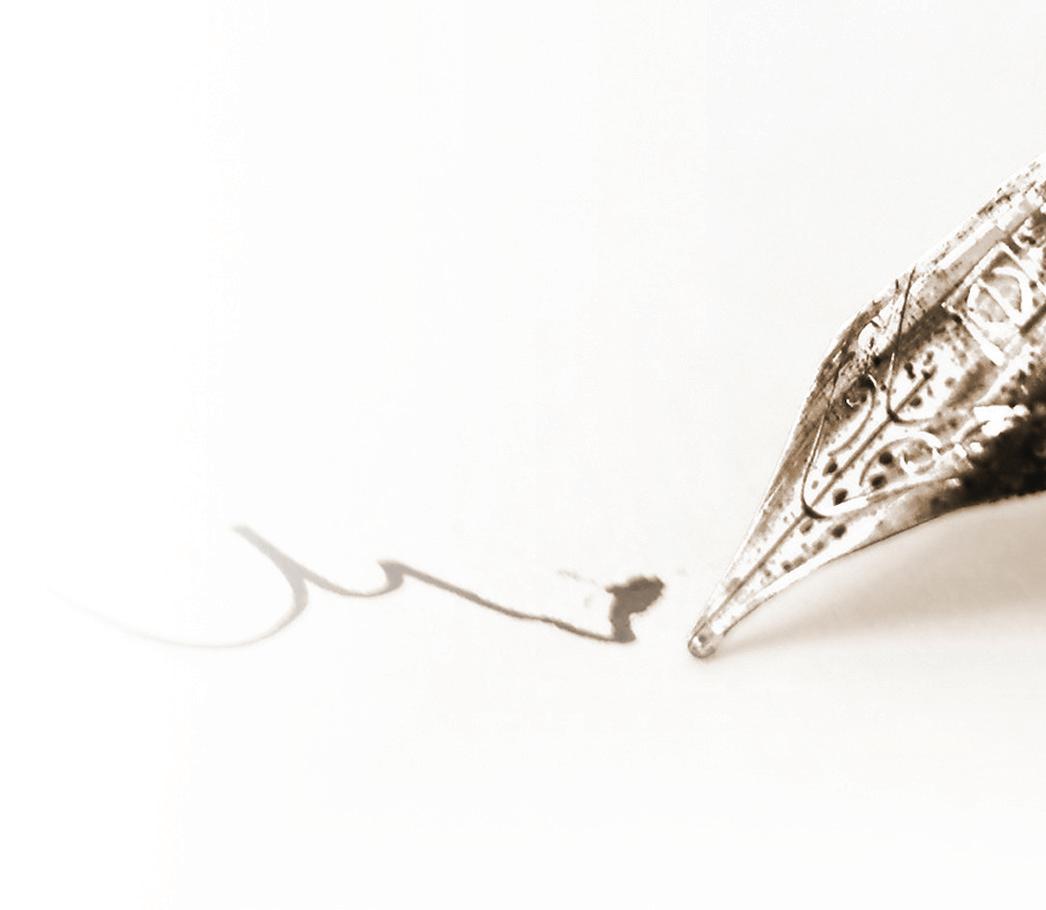


Settembru huwa xahar sinifikanti gœall-MUMN gœaliex proprju kien f’dan ix-xahar, eÿatt fid-19 ta’ Settembru 1996, meta twieldet l-MUMN. Infatti din is-sena gœalaqna 27 sena.


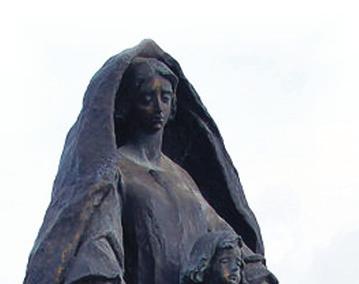
Oææettiv ieœor ser jintlaœaq proprju b’din il-œaræa tal-100 Edizzjoni ta’ dan il-æurnal ‘Il-Musbieœ’. Ma nistax ma nawgurax lill-Bord Editorjali ta’ din ilæurnata speçjali u storika fl-istess œin. Kemm memorji! Kollha gœexnihom! Qisu lbieraœ meta l-ewwel Kunsill talUnion iddeçieda li l-membri gœandhom ikunu nfurmati x’qed iseœœ u fl-istess waqt iservi ta’ fond ta’ informazzjoni xjentifika, mezz ta’ entertainment u avviÿi oœra. Prosit tassew lil kull min kien involut f’din it-triq tant sabiœa.


Però din is-sena, Settembru gœandu sinifikat triplu, gœaliex fil-25 ta’ dan ix-xahar iffirmajna l-Ftehim Settorali Ædid gœan-Nurses u l-Midwives li ser iservi gœal 5 snin (Diçembru 2007).
Emnuni meta ngœidilkom li din iddarba l-battikati kienu kbar. Mhux gœax fin-negozjati ta’ Ftehimiet oœra, ma kienux ikunu iebsa, gœaliex tistenna li Ftehim tal-kalibru bœal dan, in-negozjati gœandhom ikunu diffiçli, imma din id-darba kienu partikolarment iffukati fuq il-persuni madwar ilmejda tan-negozjati. Dawn l-affarjiet m’gœandhomx ikunu mmexxija b’dan il-mod. Is-saœœa gœandha tkun fir-raæunar u l-argumenti madwar il-mejda mhux il-barra minna speçjalment meta ikun hemm sitwazzjonijiet fejn titfa’ l-æebla u taœbi
jdejk. Però ÿejt gœad jitla f’wiçç l-ilma. Dan il-Ftehim fih gœall-ewwel darba allowances speçjali li jippremjaw irresponsabbilità u t-tmexxija tal-post tax-xogœol. Il-fatti li æew esponuti millMUMN fejn spjegaw kemm ir-rwol tan-nurse u l-midwife huwa differenti minn professjonijiet oœra, œallew il-frott tagœhom gœaliex issa mill-Staff Nurse sa’ Chief Nursing Manager hemm rikkonoxximent ta’ dan il-fatt.
Punt ieœor importanti kien li ttranæat anomalija fejn jidœol l-Appraisal Report. Fl-agreement l-ieœor kienu daœku binha gœaliex kienu wegœdu li kulœadd ser jilqa’ l-appraisal report però fil-fatt ma æarax hekk. Issa tneœœa dan ir-report u l-allowance ser jingœata full però ma kienx biÿÿejjed gœaliex dan l-istess allowance ÿdid ukoll.
Messaææ ieœor li l-MUMN kienet ilha sentejn gœaddejja fuqu huwa l-bÿonn uræenti li n-nurses iÿ-ÿgœar jingœataw mill-ewwel çertu ÿidied biex jibqgœu joffru servizz fis-servizz pubbliku. Dan il-messaææ wasal çar gœand il-Gvern u æie rifless f’dan il-Ftehim.

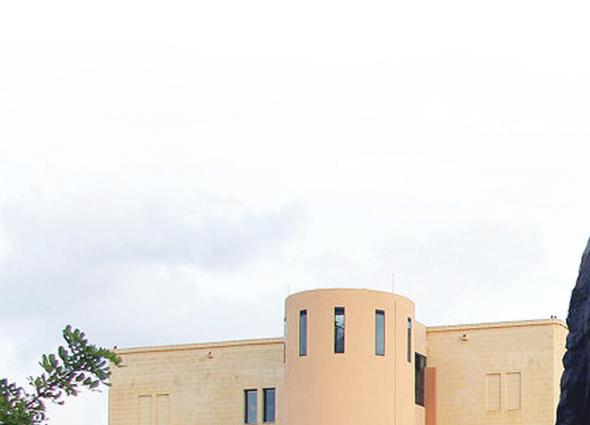
Ÿewæ punti oœra, li fl-opinjoni tiegœi huma wkoll importanti huma dawk fuq l-iskema tal-SLSL u s-sick leave. L-SLSL, barra li issa hemm l-opportunità, li taœdem 12-il siegœa flok 8 siegœat, ser ikunu jistgœu japplikaw ukoll dawk li sfortunatament ikollhom mard serju irriversibbli. Dawn sœabna li jkunu
gœaddejjin minn dan it-tip ta’ mard jistgœu japplikaw mingœajr ma jkollhom gœalfejn jistennew li jagœqdu t-30 sena servizz. Kull kaÿ ser jiæi analizzat sewwa biex œadd ma jabbuÿa.






Numru kbir ta’ nurses u midwives kienu qed isibuha inæusta li timrad fit-tul u flok issib min jgœinek, tispiçça jnaqqsulek in-Nursing Premium. Din kienet ilha fis-seœœ mill-1994 meta æie ffirmat l-ewwel pakkett gœan-Nurses. Issa ilœaqna Ftehim li kull min jimrad u jilœaq l-ammont ta’ 16-il æurnata u aktar, jista’ japplika gœall-bord apposta biex jevalwa s-sick leave tiegœu u b’hekk ma jinqata’ xejn. In-nurses u l-Midwives huma l-aktar professjonijiet li jœabbtu wiççhom mal-mard u ta’ dan m’gœandhomx jiæu kkastigati.



Ftehim Settorali ieœor li æie ffirmat huwa dak tal-ECG Technicians. Dan il-Ftehim huwa importanti daqs l-oœrajn kollha u permezz tiegœu dawn il-professjonisti telgœu taræa oœra ’l fuq. Barra ÿ-ÿieda fl-allowances li hija waœda sinifikanti æew rrikonoxxuti bosta fatturi li qabel kienu qed jiæu injorati. Punt importanti œafna huwa ÿ-ÿieda fl-iskala tas-salarju fejn din iÿ-ÿieda ser tiæbed numru ta’ ÿidiet oœra. Awguri lill-ECG Technicians kollha gœal dan it-tragward sinifikanti.

Il-Ftehim li jmiss biex jiæi negozjat huwa dak li jikkonçerna is-Servizz Pubbliku kollu. Dan il-Ftehim Kollettiv jagœlaq f’Diçembru 2024. Wisq probabbli n-negozjati jibdew minn 6 xhur qabel. F’dawn in-negozjati ikun hemm involuti 10 unions u l-Gvern.
Il-Ftehim Settorali li jmiss huwa dak tasSocial Workers impjegati mas-Servizz Pubbliku u l-Fondazzjoni gœas-Servizzi Mediçi. Dan jagœlaq f’Æunju 2025 u jkun mistenni li f’Jannar tal-istess sena jibdew in-negozjati mal-Gvern.
Gœal-lum ser nieqaf hawn. Nispera li gawdejtu s-Sajf mill-aœjar li stajtu. Issa nibdew nirrankaw gœax-Xitwa u l-Milied. Œudu œsieb œbieb.



Several surveys and dissertation studies of health profession students, have shown how several staff are disillusioned or suffering from burnout within the system we are working in.
In 2016 MUMN had carried out a survey amongst the physiotherapists to get a glimpse of how the staff feel at work. The most astonishing outcome was that 50 % of the staff would see themselves leaving the system within 5 years’ time. In fact, if one would look at the health care system one would realise that most of them are in their twenties and if we had to see the results now, we are close to that quota. We have an attrition phenomenon and although physiotherapy is a popular profession, no one seem to care that experienced staff is being lost at a fast rate.
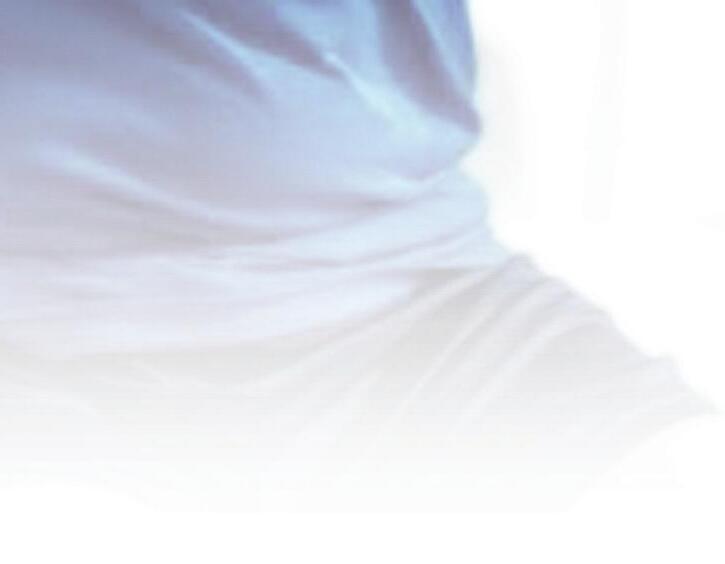
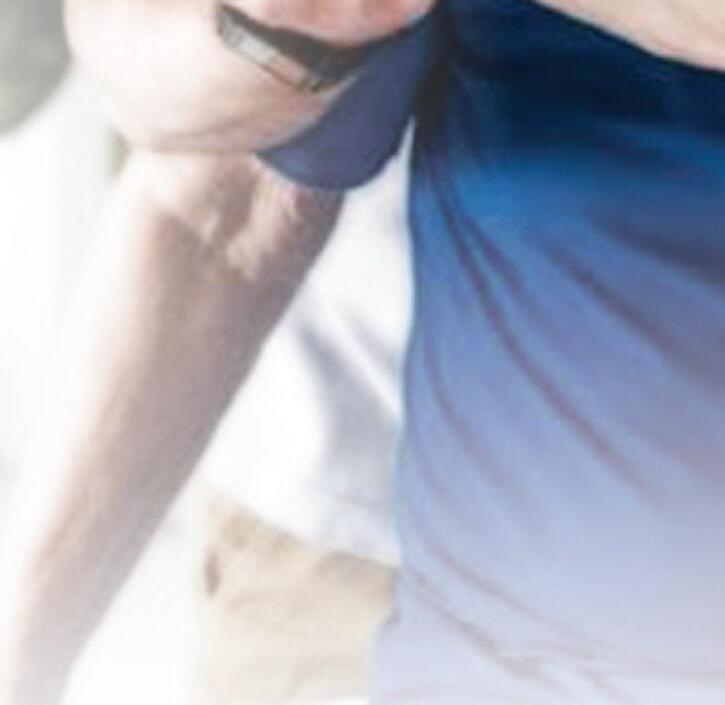
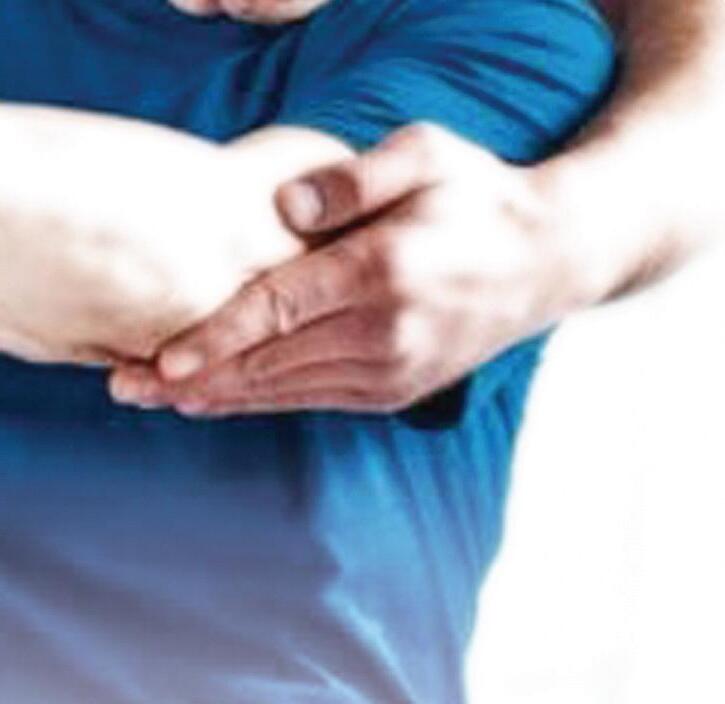
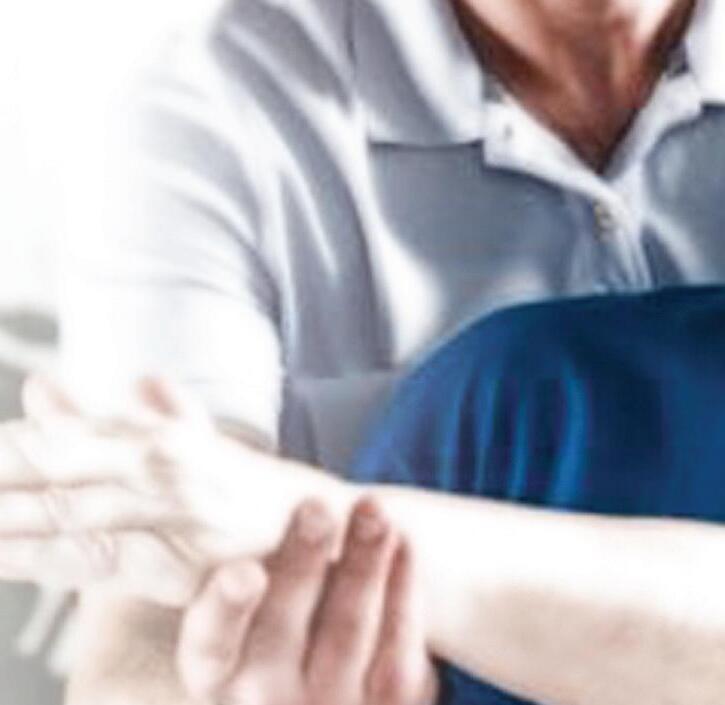
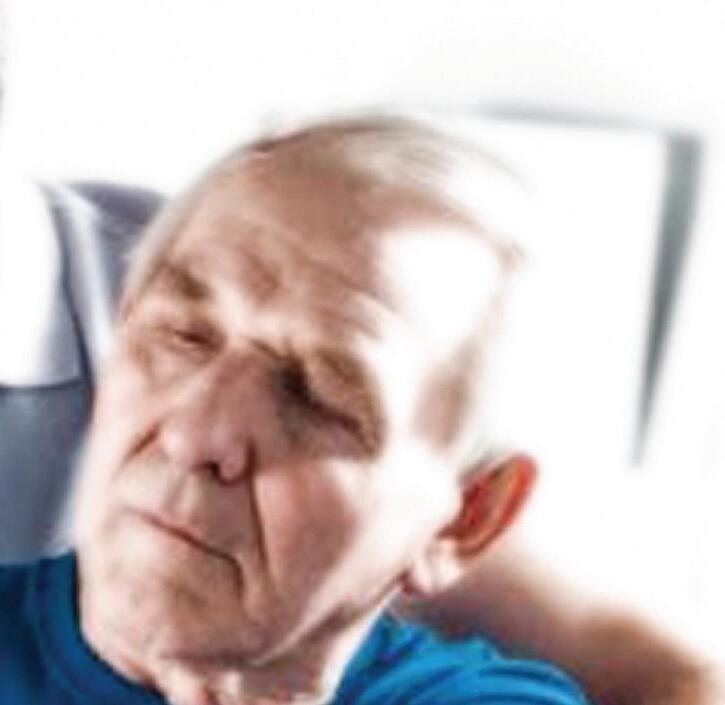
When MUMN was given sole recognition of the physiotherapy profession in 2016 the aim was to push the profession forward not only in view of wages and payment which is the least of our problems, but to bring about a change in the profession , create career pathways and bring the profession more autonomies even within the public service set up. Unfortunately this would have been a disastrous outcome for UHM so all the energy was used to tarnish this move and make sure that the government will not allow such action, to keep the allied group as one whole thing as this would mean seeing the one profession leaving one after the

about the facts that had happened in the previous edition of il Musbieh issued in 2020-2021.
‘’Employees leave bad management not companies’’ This is a particular quote which we have seen several times. The allied health directorate has issued several training opportunities to sustain clinicians , however certain aspect of management seem not to be doing any progress with regards how they negatively impact the staff.

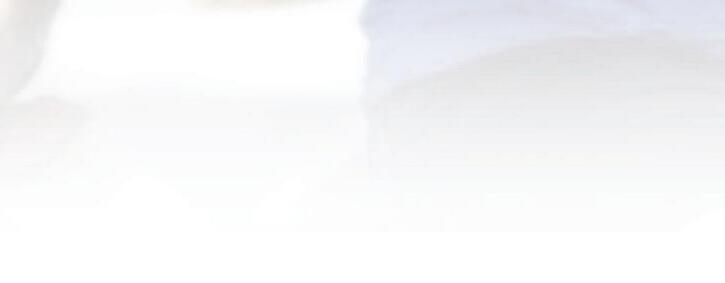

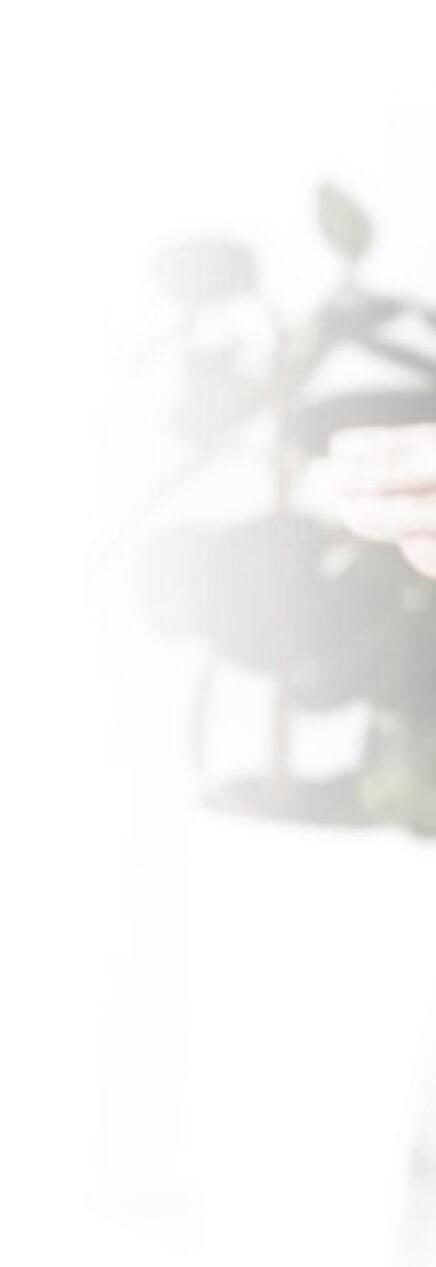
The sectoral agreement of 2013 has brought around some new faces into the management sphere, those who had gained from a one time offer are there now in scale 5 (whilst I keep repeating some other senior staff kept straddling behind). But moving on from this argument , ironically we are still stuck with old leadership, people who have been managing for over 30 years
course, the whole health system is in such a state and not just one singular profession. When the call for the lead is issued and it remains vacant as no one applies, thus clinicians keep having the same types of managers, and positions are extended one term after the other, it just gives an indication of the general helplessness we are in. This is synonymous for all allied health professions not just physiotherapy. Ironically these group of people who have supported wholeheartedly UHM after the turmoil of 2013, should have put forward their consideration that the actual Lead position should have a better remuneration so maybe new faces would actually apply.
Similar scenario happened with the assistant directors position which is outside the class, when there were no application from the allied group as the total salary is less than that of a clinician. Such a state leaves an opening for those individuals who seek to seize the moment to latch onto power. This
I shall be discussing issues separately one by one however they are somewhat linked to each other and all boils down to the situation at present.


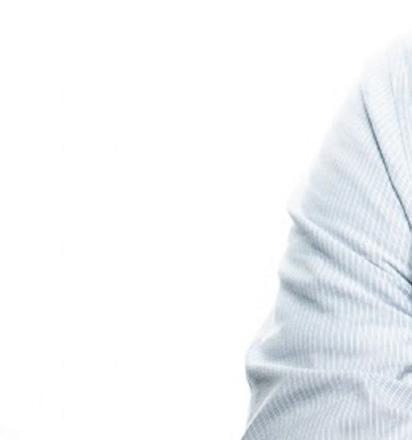



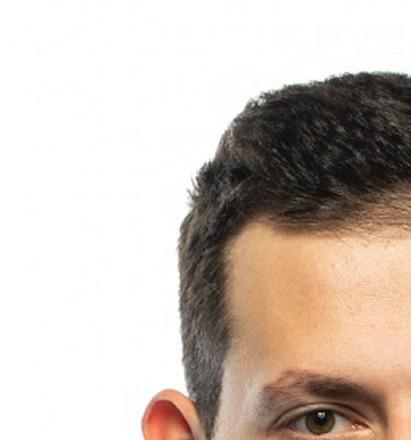

As the CEO of the MedTech World Summit, it is my privilege to witness firsthand the transformative power of collaboration between medical technology, healthcare practitioners, and patients. With a background in surgery and years of experience working hand in hand with dedicated nurses, I am acutely aware of the invaluable role that nurses play in the intricate tapestry of modern healthcare. Their dedication, expertise, and tireless efforts deserve recognition and spotlight in the ever-evolving landscape of medical technology and digital health.
Throughout my journey in the medical field, I have had the honor of working closely with nurses during challenging and disciplinary times. Their ability to remain composed under pressure, adapt to dynamic situations, and provide compassionate care to patients is truly commendable. Nurses are the backbone of healthcare, often acting as the bridge between doctors and patients. Their deep understanding of patient needs, their insights into treatment outcomes, and their unwavering commitment to patient well-being make them indispensable partners in healthcare innovation.
In today’s rapidly advancing world, med-tech and digital health innovations hold tremendous potential to reshape the way we deliver healthcare. However, these innovations must be designed with nurses and other healthcare practitioners as well as patients at the forefront of the process. Nurses bring a unique perspective to the table – one that combines technical expertise with a deep understanding of patient care. Involving nurses in the design and
development of medical technologies ensures that these solutions are not only effective and efficient but also truly patient-centric.
The Med-Tech World Summit recognizes the pivotal role that nurses play and advocates for their active inclusion in the innovation process. We firmly believe that the synergy between nurses, healthcare professionals, patients, and technology experts leads to groundbreaking solutions that elevate patient care and outcomes. Our goal is to foster an environment where collaboration thrives, where ideas are exchanged freely, and where the collective expertise of all stakeholders drives the evolution of healthcare.
This year’s flagship event, the Malta Med-Tech World Summit, is set to be a landmark gathering. Scheduled to take place on the 19th and 20th of October, the event promises to bring together over 3000 distinguished guests and industry leaders from across the globe. Held at the historic Mediterranean Conference Centre in Valletta, Malta – a venue with a rich heritage and a history of caring for wounded soldiers –the summit pays homage to the essence of healthcare collaboration.


Multiple main stages and workshops will run concurrently, offering unparalleled opportunities for knowledge-sharing and insights. The bustling exhibition floor will feature a diverse array of companies showcasing innovative solutions and products. The highly anticipated pitching competition and exclusive awards ceremony will
celebrate the remarkable achievements of participating companies.



At the Med-Tech World Summit, our commitment to bridging the gap between all stakeholders involved remains steadfast. We are dedicated to expanding business opportunities for companies while facilitating meaningful connections that drive the future of healthcare innovation. As we come together in Malta, we embark on a journey that not only celebrates the legacy of healthcare but also paves the way for a future where nurses, healthcare practitioners, patients, and cutting-edge technology coalesce to create a healthier world for all.

In-nursing qatt ma kien meqjus bœala impjieg bœall-oœrajn! Dejjem æarr miegœu ammont ta’ rispett, gœaliex huwa fatt magœruf li œadd daqs l-infermiera ma jkun daqshekk qrib ta’ persuni li jkunu œafna drabi f’sitwazzjonijiet li jkollhom bÿonn kliem ta’ faraæ, attenzjoni medika, u sapport morali.
Kif iæibu ruœhom kull wieœed u waœda mill-infermiera jœalli impatt kbir fuq min ikun qiegœed jirçievi l-attenzjoni tagœhom.
Mill-esperjenza naf li dan jagœti sodisfazzjon kbir lill-infermiera li jagœtu dak l-element ta’ œlewwa u mœabba, mal-gœarfien mediku li jkollhom, meta qegœdin iduru bil-morda.

Ma ninsewx li l-infermiera huma nies tad-demm u l-laœam ukoll, u ma rridux nippretendu mingœandhom l-impossibbli. Irridu nirrispettaw xogœolhom u nœarsu d-drittijiet tagœhom.

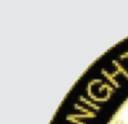
Idealment, it-tiædid li jinœass minn ÿmien gœal ÿmien, li jkun hemm bÿonn li jsir, f’kundizzjonijiet tax-xogœol jew affarijiet oœra, gœandu jiæi diskuss u miftiehem, madwar mejda, u idealment ma jwassalx gœall-azzjonijiet hekk imsejœa “industrijali”. B’hekk jiæu evitati miÿuri li sfortunatament, fil-professjoni tal-infermiera, bilfors imissu lill-pazjent.
Il-pazjenti f’kaÿi bœal dawn m’gœandhom ebda œtija u mhux sewwa jkunu huma l-vittmi ta’ miÿuri “industrijali” li jittieœdu.
Min-naœa l-oœra, ma rridux ninsew li l-infermiera mhumiex biss esposti gœall-gœeja fiÿika, minœabba s-sigœat twal ta’ xogœol, imma fuq kollox gœal gœeja mentali u psikoloæika, minœabba n-natura tax-xogœol tagœhom, li œafna drabi torbothom mal-pazjent jew ilpazjenti li jkunu qegœdin jieœdu œsieb.
Forsi ftit japprezzaw il-fatt li l-infermiera huma esposti œafna drabi gœal tbatija, taqtigœ il-qalb, uæigœ, u mwiet.
Dawn iœallu effett mhux ÿgœir fuq l-infermiera li wkoll gœandhom l-emozzjonijiet tagœhom, li jridu jæorruhom magœhom meta qegœdin barra mill-œin tax-xogœol, fil-familja,

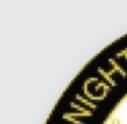

qalb il-œbieb u f’œinijiet ta’ mistrieœ.
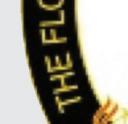
Dan l-apprezzament forsi mhux kulœadd jgœaddilu minn rasu. Mhux kulœadd jifhem l-emozzjonijiet li l-infermiera jgœaddu minnhom waqt il-qadi ta’ dmirijiethom.
Dan kollu œassejt li gœandi ngœidu, gœaliex filwaqt li nippretendu kollox u l-œin kollu mill-infermiera, ftit nirrealizzaw minn xiex jgœaddu dawn il-œaddiema waqt il-qadi ta’ dmirijiethom.
Xi wœud jaslu wkoll biex jgœidulek ‘mhux gœalhekk imœallsin dawn’. Dan kliem li jweææa’!
Nasal biex ngœid li l-attenzjoni talinfermiera ma fihiex prezz. L-imœabba li tintwera waqt il-qadi ta’ dmirijiethom ma titkejjilx bi flus. Din id-dedikazzjoni rajnieha fl-aqwa tagœha waqt il-COVID. L-istess dedikazzjoni tingœata kuljum fisswali tal-isptarijiet tagœna.
F’isem il-poplu Malti u Gœawdxi kollu nsellem lill-infermiera u l-qwiebel kollha u nroddilhom œajr gœas-servizzi li jagœtu lill-poplu Malti u Gœawdxi matul is-sena kollha.

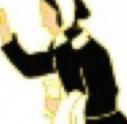
Il-poplu Malti u Gœawdxi grat lejkom.
The Florence Nightingale Benevolent Fund (FNBF) is a charitable organisation that provides financial assistance to all members of the MUMN. The fund was established in 2001 under the observation of the MUMN Council. The fund is supported only by donations from members by a subscription fee of only €28 annually.

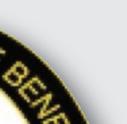


facing financial hardship due to illness, injury, or other humane circumstances.


Fund, Warner Complex, Triq il-Vitorja Qormi. Once the claim reaches the office it is passed directly to the FNBF Chairperson.


donations from members by
With this contribution one will not only benefit personally but even our families as there are benefits that also cover our family members residing at the same household plus it will help and support fellow colleagues in times
for


to the FNBF Chairperson
To claim for a grant, one has to be a member of the FNBF for at least six months. To issue a claim, send an email to the FNBF Chairperson currently, Ms Winnie Buhagiar or to the MUMN Administration on administrator@mumn. org, together with the necessary documents as explained in the MUMN website. https://ww.mumn.org/news/ florence-nightingale-fund-benefits/. Explanation of the benefits and documents needed to make the claim can also be found on the dairy that is donated yearly to all members of the FNBF. Should you prefer to send the


The FNBF Group Committee is a committee who holds regular monthly meetings to evaluate and discuss the claims of members. Strick confidentiality is maintained throughout the whole process. The FNBF Group Committee would like to express its congratulations to the IlMusbieh Editorial Board for delivering the 100th Il-Musbieh Edition. A Very Big WellDone.

The following are the Group Committee
Members:

Chairperson: Ms Winifred Buhagiar
Secretary: Ms Carmen Abdilla



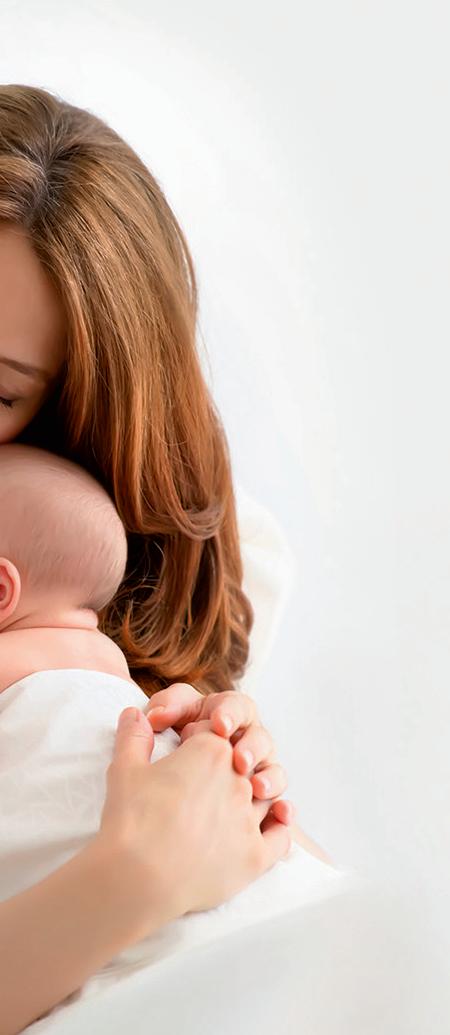

















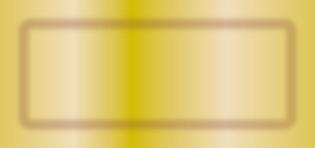


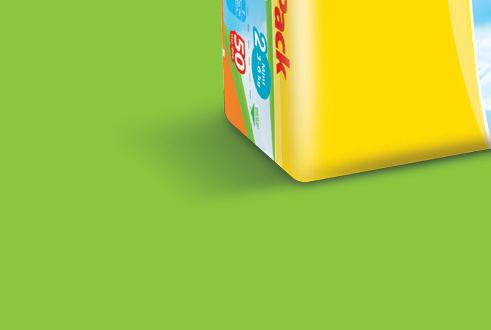
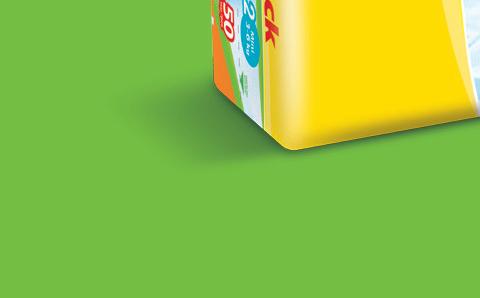



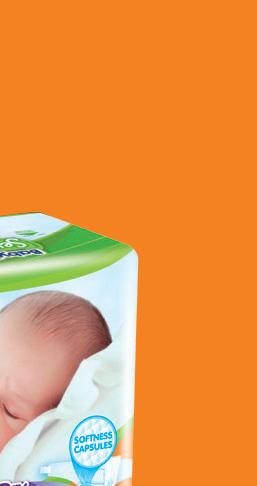
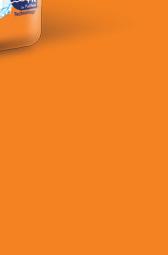

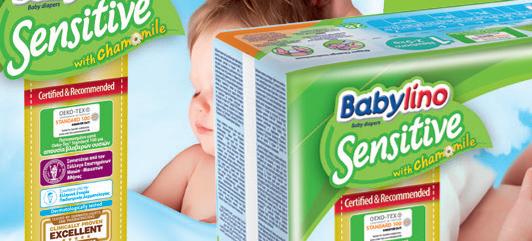

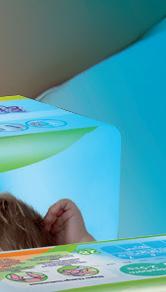




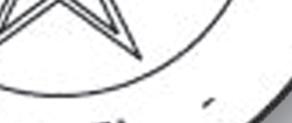

This article provides an insightful overview of the recent activities and accomplishments of registered nurses and midwives who have been elected to assume positions on the Council for Nurses and Midwives of Malta (CNM). The subsequent will highlight the significant role and contributions made by these committed professionals in several sub-committees, such as the Vetting and Interviewing sub-committee, the Discipline board, and the Educational sub-committee.
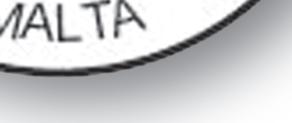

The responsibilities and commitments of these sub-committees, including their contributions to the advancement of professional standards, education, and regulatory processes, are explored in detail. CNM work is essential to ensure and preserve the quality of nursing and midwifery practices within Malta. In the ever-evolving landscape of healthcare, the CNM plays a vital role in governing and advancing nursing and midwifery practices.
It has been over a year since registered nurses and midwives participated in the election process to select new members for the CNM. Amongst other professionals, three first level nurses have been elected to the council, receiving an exceptional amount of votes individually. An official CNM meeting is conducted monthly and as needed. The nurses actively participate in various sub-committees within the CNM, including the Vetting and Interviewing sub-committee, The Discipline board and the Educational sub-committee. The high amount of time and dedication involved in such committees involves regular weekly meeting and different tasks.
The Vetting and Interviewing subcommittee holds a critical responsibility in meticulously reviewing all applications for CNM registration, encompassing candidates both from within and outside the European Union. This meticulous vetting process requires substantial weekly commitment, including troubleshooting online issues. Additionally, the sub-committee conducts around thirty interviews each month. Recently, the committee has undertaken the revision of CNM’s vetting guidelines, aiming for a more structured and standardized approach, based on the input of various stakeholders, EU regulations and legal experts.
The Educational sub-committee undertakes the rigorous task of vetting new courses, ranging from undergraduate to bridging and conversion programs, ensuring alignment with European Union standards. Collaboration with educational entities is paramount until these courses meet the required standards. The committee, in conjunction with the Vetting and Interviewing subcommittee, also regularly revises the standards document, reflecting evolving requirements and legislative changes.
The Discipline board addresses issues and complaints that come to the attention of the CNM. While the board convenes as needed, its role is pivotal in maintaining professional integrity and


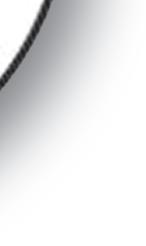
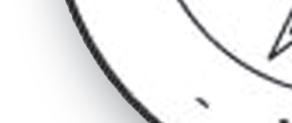


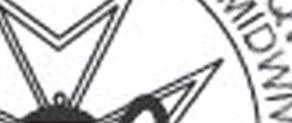
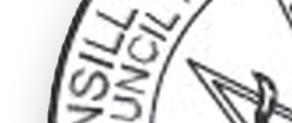





maintaining professional integrity and accountability within the nursing and midwifery field. Other issues that are discussed within the CNM are related to the scope of professional practice including staff queries, reports, and drafting of guidelines.
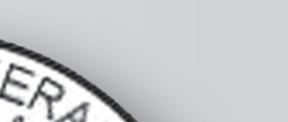


Members of the CNM recognize the significance of staying updated (CPD) through attendance at conferences, seminars, and educational meetings. This proactive engagement ensures a comprehensive understanding of EU standards and regulations, fostering enhanced professional practice.
The collective efforts of registered nurses and midwives within the CNM are commendable, as they actively contribute to the betterment of nursing and midwifery practices in Malta. Through their dedicated involvement in various sub-committees and their commitment to continuous professional development, these professionals exemplify the dedication required to uphold the highest standards of care and practice in accordance with EU regulations.
On a different note, Il-Musbieh Journal is celebrating the 100th edition. The elected members for the CNM, shows their appreciation of such commitment and milestone. From ground breaking research to insightful commentary to continuous industrial update, Il-Musbieh has been a beacon of enlightenment, fostering, understanding and innovation within its pages. Each edition, a testament to dedication and scholarly pursuit, has woven an intricate tapestry of wisdom, embracing diverse perspective and shaping discourse across different professions.

Cheers to the 100th edition of brilliance!


I cannot start this edition’s article without expressing my true and sincere congratulations to the IlMusbieh Editorial Board for this excellent achievement in publishing the 100th IlMusbieh edition. May God Bless You All.

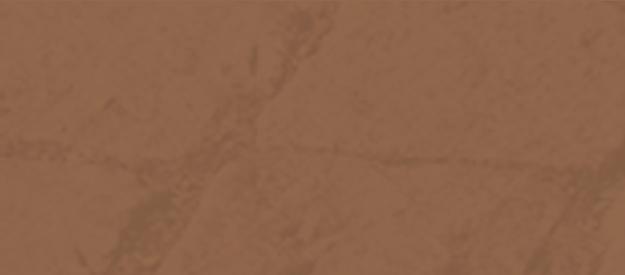

Some time ago I was particularly blessed to follow an interesting course on Jewish roots of Christianity. The purpose for such a course was to instil in us, its participants and Christian believers, a sincere appreciation for the Jewish origins of our faith. Ruminating on how much important the Jewish faith is for our Christian faith, I tried to ask myself the following question: Is there such a thing as a Jewish response in accompanying the sick? And, if it exists, what are its foundational principles? Lo and behold there is! And its principles are deeply entrenched in it like a house solidly built on the rock (see Matt 7:24-27).




The Jewish belief is centered on God’s revelation at Mount Sanai as given in the Torah, that is the five books of Moses, as well as on the historical rapport of God with the Jews, starting from the time of Abraham, through the Exodus till the current time. Traditional Jews regard themselves as duty bound to follow God’s commandments as expressed in the Jewish law. Jewish values find their fulfilment in family life, community, lifelong education, historical rootedness, as well as in the hope for a Messianic future when all people will know God and, subsequently, shall observe the Jewish law. In this perspective, Jews hold that they have the unique mission of showing morality to the world much on the same lines as Isaiah would put it, a light unto the nations (Isaiah 49:6). Jews also recognize that they are to carry out this mission by example rather than by determinedly go after converts. Thus, historically Jews have
The fundamental Jewish beliefs regarding healthcare can be, roughly, translated into three principles. First, the body belongs to God. Second, the body is integrated into the entire human person. Even if it stands as morally neutral its moral standing depends on how we use our physical abilities. Third, human beings have both the permission as well as the obligation to heal.



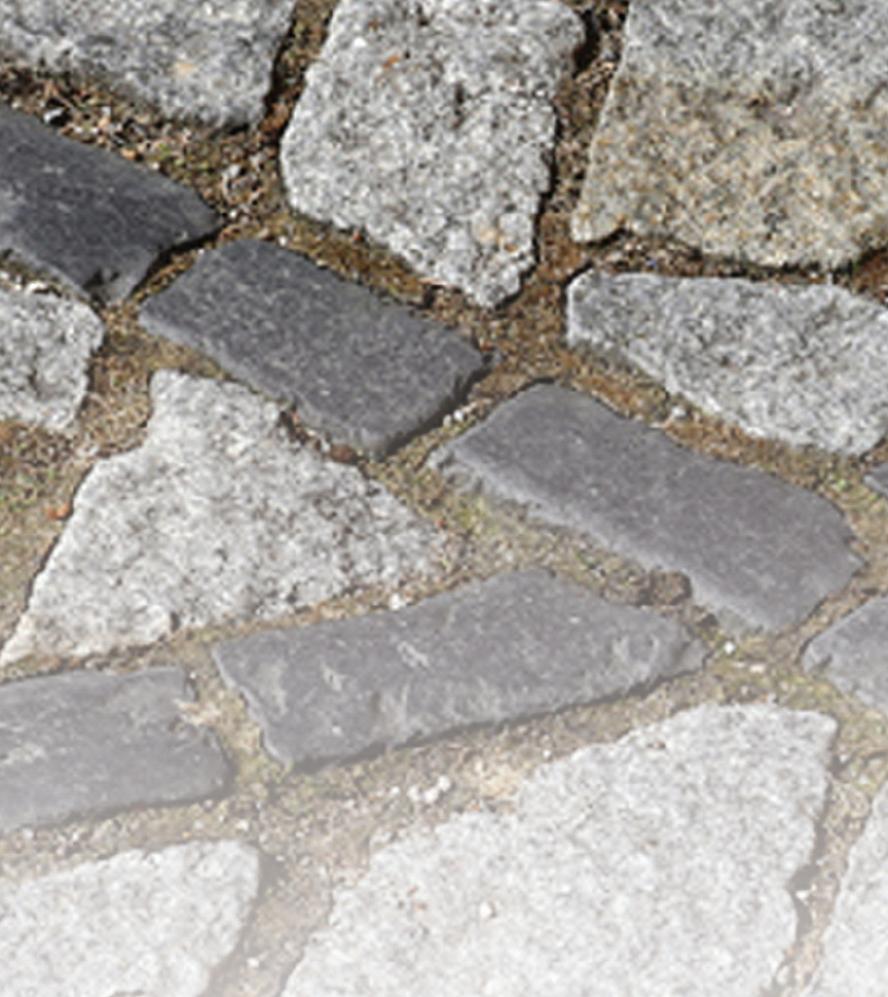
For Judaism everything lies in God’s possession, including our bodies. In fact, God loans them to us in our lives and the bodies are returned back to Him when we die. As a result of this principle none of us have the right to govern his and her body as he and she wishes. Only God can govern our bodies in full accordance with the rules stipulated by the Jewish law. Hence, one set of rules explicitly requires that we take a reasonable care of our bodies. Jews are dissuaded from living in a city where there is no physician. Jews are greatly encouraged to have good hygiene, sleep, exercise and diet since these are commanded acts that we owe to God. These directives are binding as much as one’s duty of caring for the poor.
Morevoer, one is obliged to avoid danger and injury because, in the eyes
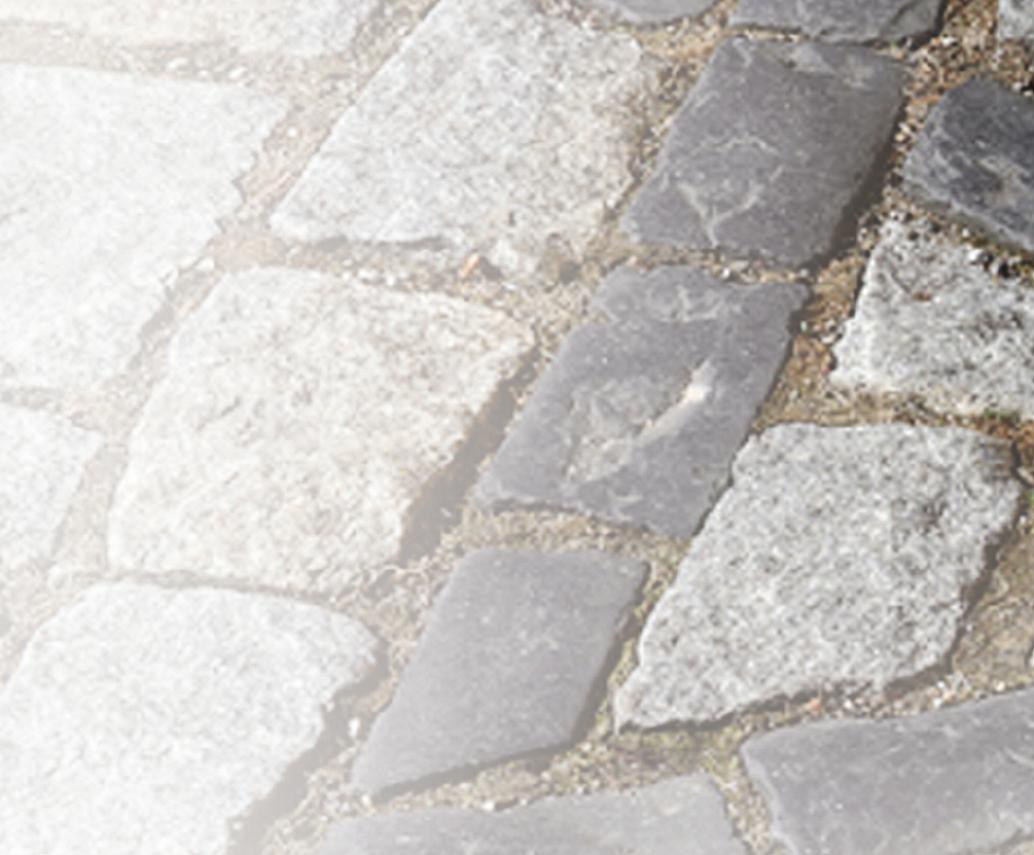


a ritual prohibition. That is why, in Conservative, Reform, and some Orthodox Judaism, smoking is regarded outrightly as unacceptable because it risks harming our God-owned bodies. What right do we have in destroying that which is not ours?
The second principle underpinning the Jewish position concerning health care is that the body, although it is morally neutral, it is also potentially good. Hence, according to the Jewish faith, the body is God’s creation as certainly are the mind, the will and the emotions. The body’s energies are morally neutral but they can and should be employed for divine designs as explained by both Jewish law and tradition. So, the body’s pleasures are God-given and not to be sidelined whatsoever. Otherwise one shows an ingratitude towards God, our Creator. The body is there to give us pleasure but only in so far as it leads us to conduct a life of holiness. For the rabbis, it is indeed a sin to ban oneself from the pleasures that God’s law allows us to have. Having said that, bodily pleasures are most properly entertained when we plan to develop our capacity to fulfil God’s will. The great Jewish medieval philosopher Maimonides says:
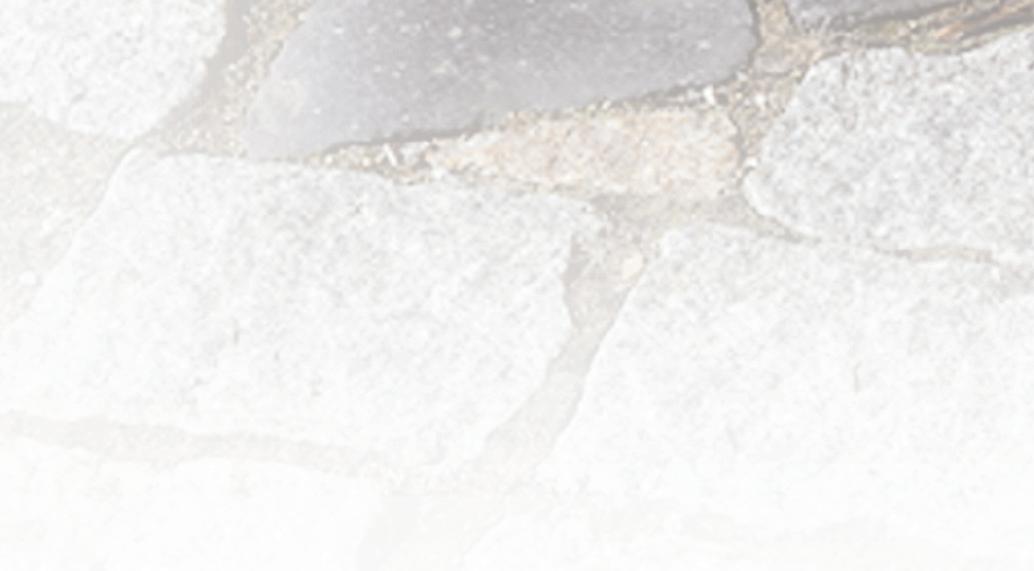
sole motive of maintaining a sound and vigorous physique and begetting children to do his work and labor for his benefit is not following the right course. A man should aim to maintain physical health and vigor in order that his soul may be upright, in a condition to know God . . . Whoever throughout his life follows this course will be continually serving God, even while engaged in business and even during cohabitation, because his purpose in all that he does will be to satisfy his needs so as to have a sound body with which to serve God. Even when he sleeps and seeks repose to calm his mind and rest his body so as not to fall sick and be incapacitated from serving God, his sleep is service of the Almighty.
What this in practice implies is that Jews have the obligation to maintain themselves healthy not simply to care for God’s property, but, and much more so, to best fulfil their life purpose, in other words, to live a life of holiness. Furthermore, since pain is not a method with which to achieve holiness, it is our duty to relieve it.
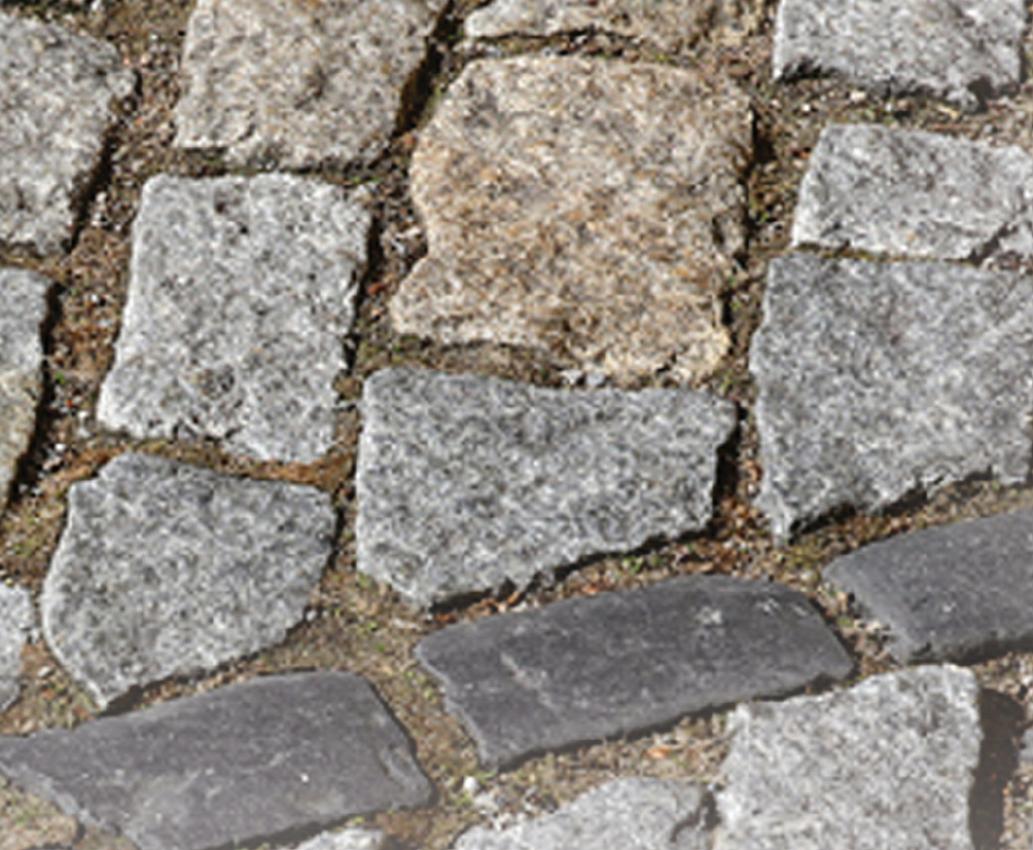
The third principle on which the




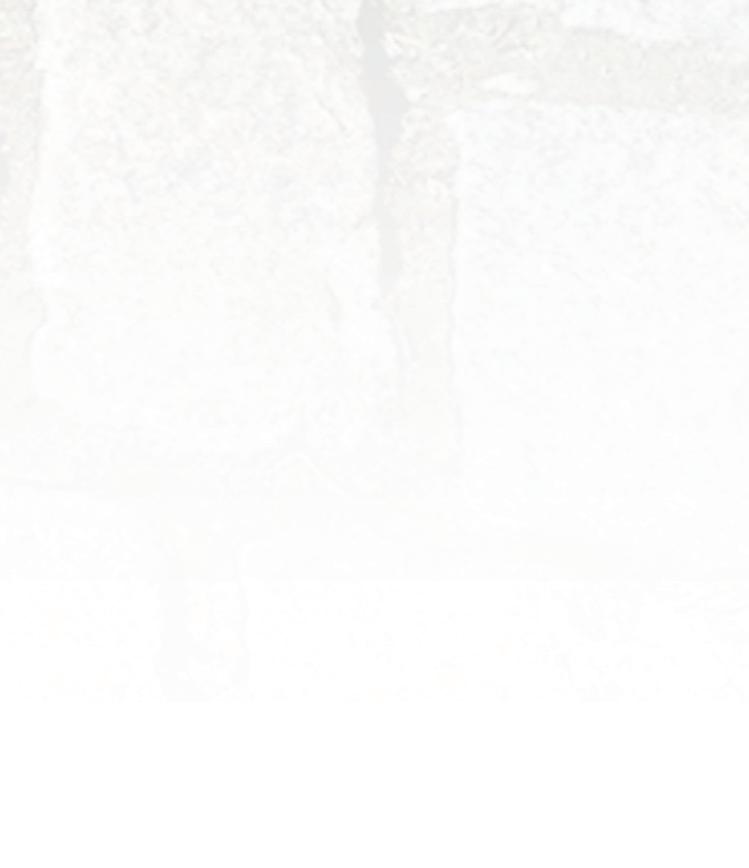

The Bible tells us that only God is our healer. However, He can authorize us, and, consequently, demands from us to heal. The rabbis pinpoint to us that in the Bible the passages of Exodus 21:19-20 and Deuteronomy 22:2 show us that we can heal. The Talmud interprets the Exodus verse, that an assailant must insure that his victim is thoroughly healed, as giving permission for the physician to cure. In this perspective, the fourteenthcentury Rabbi Moses ben Nahman (Nahmanides) comprehends the obligation to care for others through medicine as one of the many applications of the Torah’s principle, And you shall love your neighbor as yourself (Leviticus 19:18).
Moreover, the subsequent rabbinic story shows that the rabbis acknowledged the theological question comprised in the medical care. Nevertheless, the following rabbinic piece of wisdom clarifies the Jewish tradition’s affirmation that the physician’s work is appropriate, and, much more, necessary.
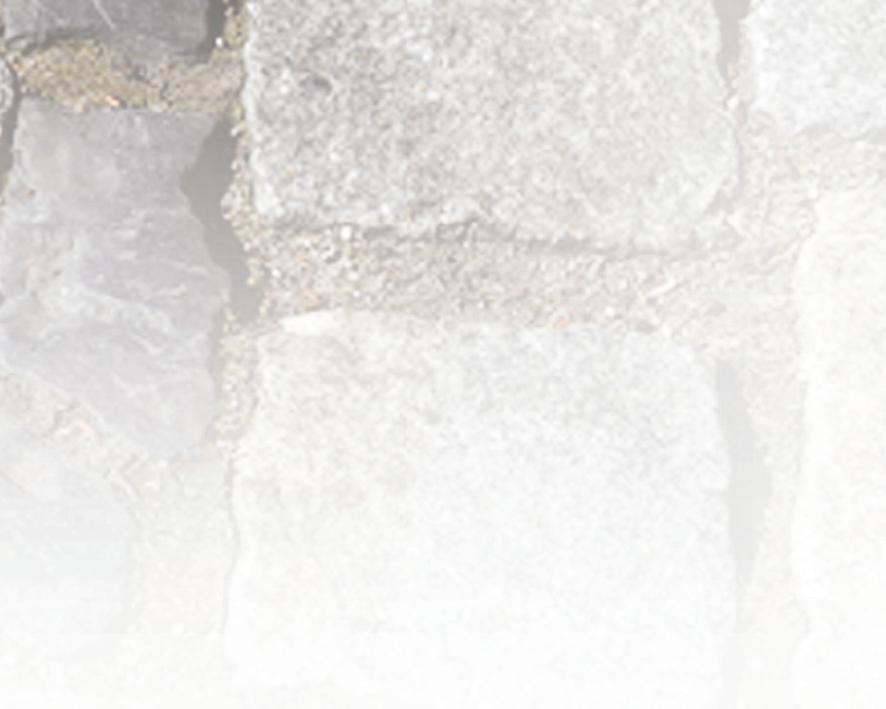
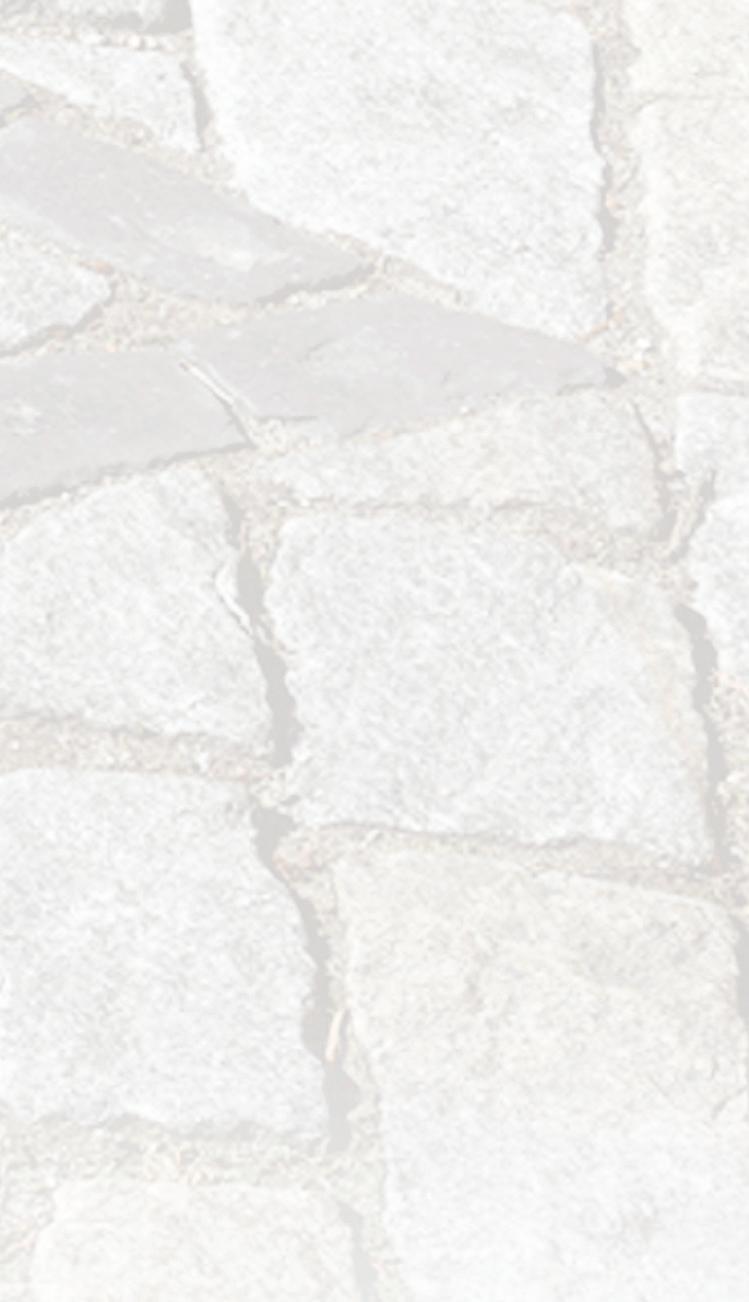
Just as if one does not weed, fertilize, and plow, the trees will not produce fruit, and if fruit is produced but is not
and medicaments are the fertilizer, and the physician is the tiller of the soil.
As one may notice this is really an extraordinary concept since it claims that God does not accomplish all healing or creativity by himself alone, but rather He purposely chooses to depend on our cooperation with Him so as to help Him in the process and asks for our share in the continual work still effected by Him. As Jesus said: My Father is working still, and I am working (John 5:17). Hence, and, in the talmudic phrase, we are God’s agents and partners in the ongoing act of creation.

Obviously, this ongoing activity of creation involves showing compassion to those who suffer. That is why, within the social support of the sick, the Jewish model of pastoral care highlights the fact that caring for a sick person is not just attending to that person’s physical needs. As a matter of fact, the Jewish tradition is extremely mindful that a holistic recovery incorporates both the social and the psychological support which only family and friends can really provide.
In order to combat the patient’s isolation the Jewish tradition obliges the biqqur holim ethos on the members of the community, that is visting the sick. This is a commandment (mitzvah) which is expected to be adhered to not merely by rabbis but by every community member. In effect, each synagogue and Jewish social group should have a functioning biqqur holim group. Rabbis, psychologists, as well as social workers might coach the members of the society and offer them tips of how to minister a bedridden person. This coaching ranges from simple behaviours such as not standing over the bed but sitting by the patient so that real communion can be created between the latter and the visitor in question. Furthemore, it can also entail more complex issues such as how to motivate the patient to talk about what he and she is going through.
The Jewish tradition expects from those who follow it that they not just cure but care as well. Jewish medical facilities must be residence homes wherein medical excellence and the utmost psychological and social support must be given. But if these places of care








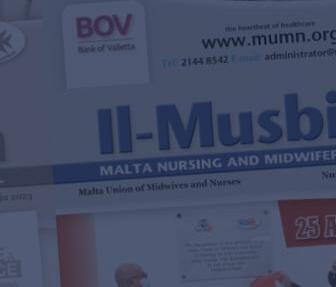

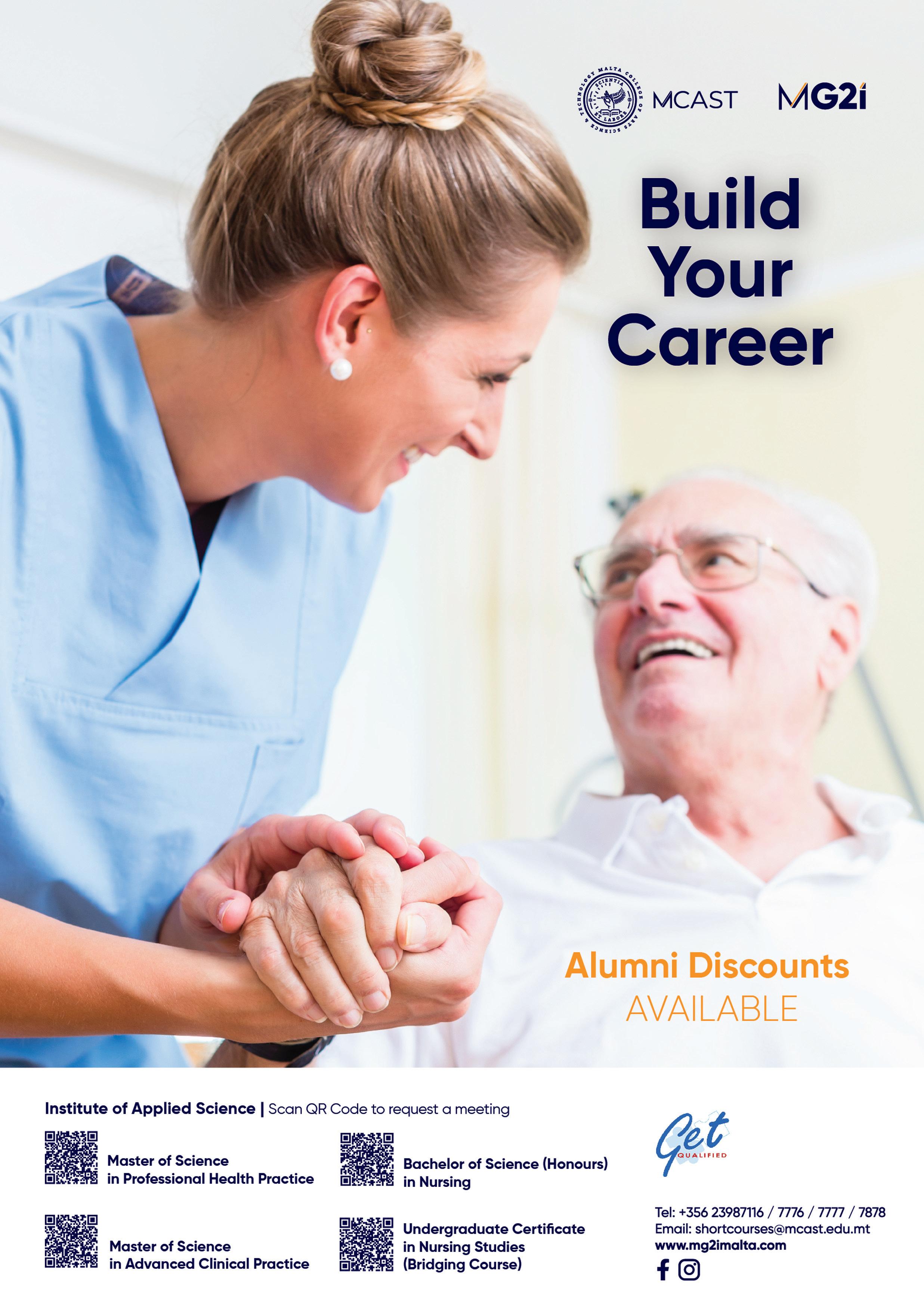
Conversations about suicide and suicide prevention are gradually becoming more common, and more attention is being given towards prioritising suicide talks in public, especially on social media. Suicide has become one of the leading causes of deaths worldwide, with the World Health Organisation estimating that around 703,000 individuals die of suicide each year.
The number of individuals who attempt, plan, or seriously think about dying by suicide is even higher. In the USA alone, it was roughly calculated that 12.3 million adults think about suicide, 3.5 million plan suicide, and 1.7 million attempt suicide at any point during their life, and the rate is expected to keep on increasing each year. Although cases of death by suicide in Malta are not publicly reported, data from the Malta Police Force shows an increase in suicide rates.
There are various definitions to suicide, however all agree on the basic principle that suicide is death caused by selfinjurious behaviour with the intent to die. On the other hand, suicide attempts occur when an individual harms themselves with the intent to end their life, but their actions do not result in death. Understanding suicide is complex and multifactorial, however, one needs to remember that suicide is often seen as a means to an end; an end to the overwhelming emotional suffering that a person might be experiencing. Most deaths by suicide do not happen hastily but are a result of long months of planning and fluctuating between wanting to act on suicidal thoughts and thinking of the resultant consequences upon their loved ones.

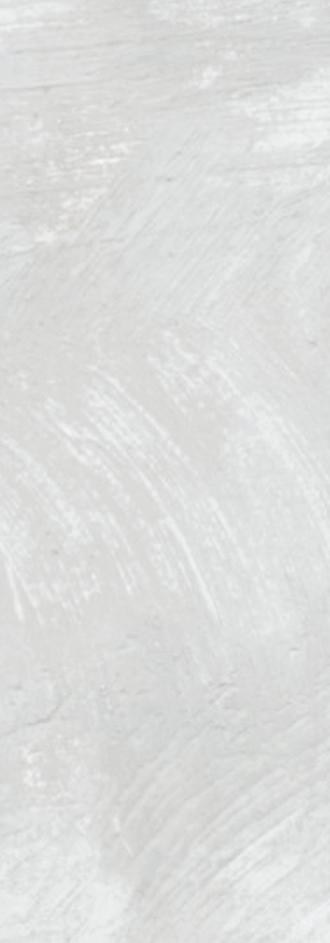
Suicide is not always the result of a mental health condition and having a mental health problem does not necessarily intensify suicidal thoughts. There are several factors that increase the risk of suicide, such as intense feelings of loneliness, experiences of violence and abuse, chronic illnesses or pain, misuse of alcohol or illegal substances, and undergoing a personal crisis, like the loss of a relative. Discrimination can also lead to suicide amongst vulnerable society groups, as in the case of individuals within the LGBTIQ community, and even prisoners.
Being considered as a “psychiatric emergency”, suicide attempts, plans,
or thoughts range in clinical risk, signifying that despite requiring support and monitoring, hospitalization may not always be the best answer. The acute phase in which a person is at a high risk of dying by suicide is the most crucial. The concept of Suicide Safety Plans has been developed to equip individuals going through this phase with the right tools to protect themselves and survive the urge to harm themselves until the intensity of these thoughts subside.

What does a Suicide Safety Plan (SSP) consist of?


A SSP is a set of written instructions unique to each individual, that is followed step by step until that person feels safe enough. It should be produced by the individual experiencing suicidal thoughts in collaboration with anyone who feels confident enough in directing its planning, be it a friend, a relative, or any healthcare professional. The SSP must be created at a time when the individual is not having suicidal thoughts and can think clearly. Following its production, the SSP should be kept
handy by the individual experiencing suicidal wishes, such as in a wallet, so that it can be easily referred to when the crisis arises. A sample of the SSP can be found in figure 1.
The SSP consist of the following steps:
1. My Why Reasons why it is worth living; reminders of the positive aspects of life. When having suicidal thoughts, it is very easy to get caught up in them and forget the positive aspects of life. This part will help refocus the attention on why life matters.
e.g., Children/grandchildren
2. My Warning Signs
Situations, images, thoughts, feelings, or behaviours that might precede or accompany suicidal urges, the early recognition of which can help the individual use adequate coping skills to keep thoughts from escalating
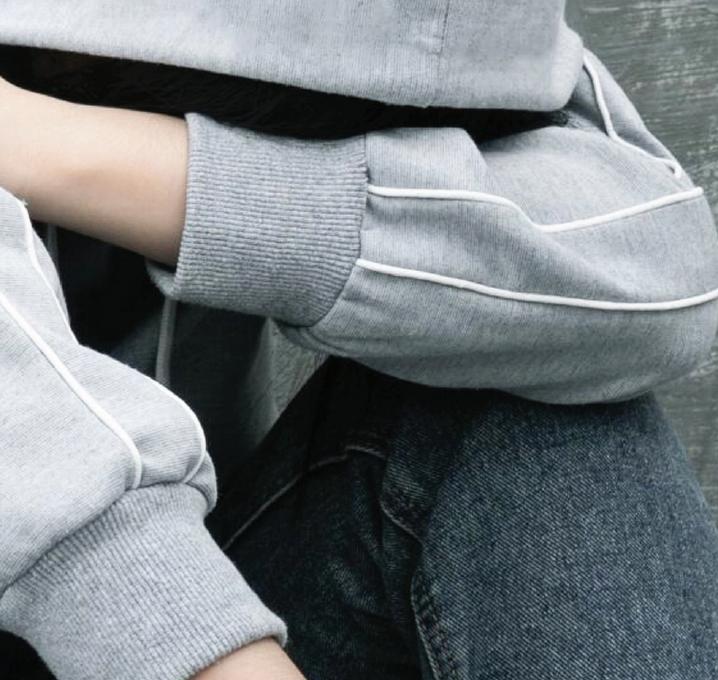

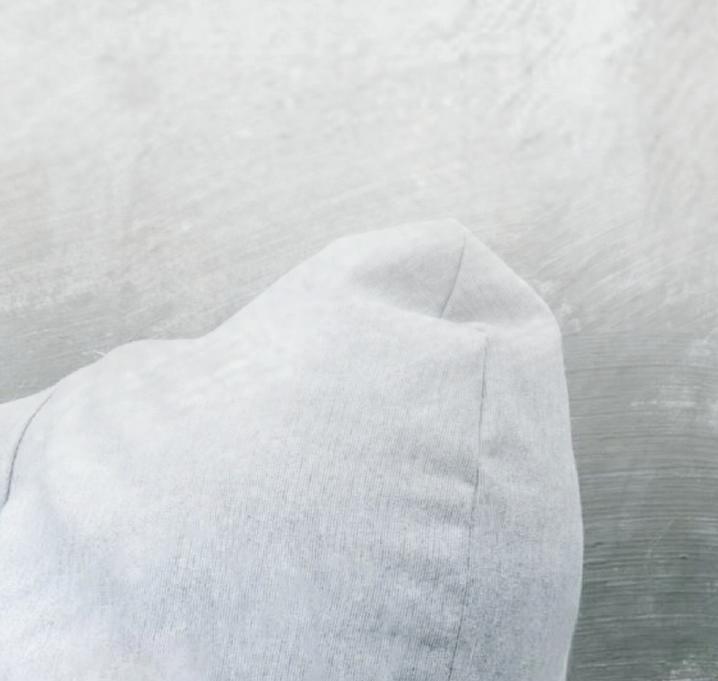

e.g., Not performing good hygiene practices; becoming more irritable; sleeping poorly


3. Coping Strategies/Distraction Techniques
A list of activities that can help comfort or distract the individual from suicidal thoughts
e.g., Meditation; writing down feelings in a diary; thinking about a special memory; physical exercise; listening to music; playing video games; engaging in prayer
4. My Red Flags Behaviours that make one realise
continued on page 38
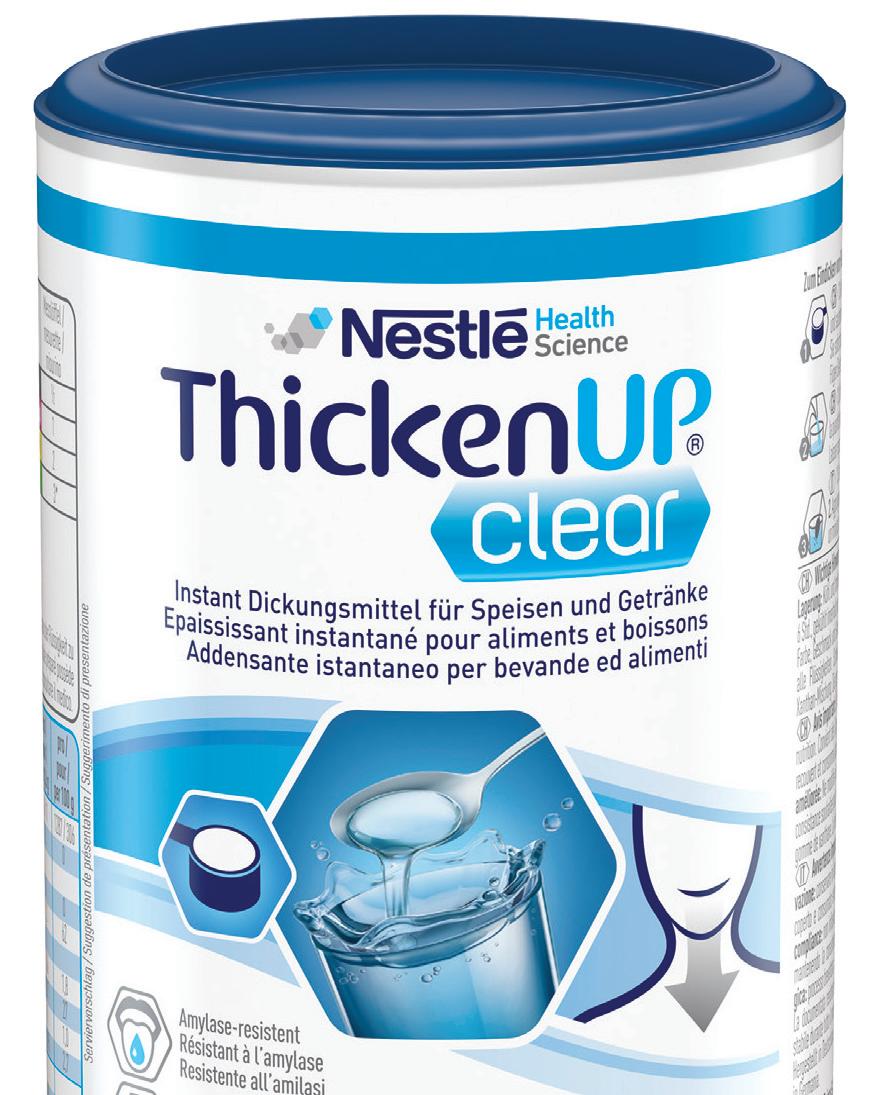
is tasteless, odorless and does not thicken over time. It is also amylase resistant.






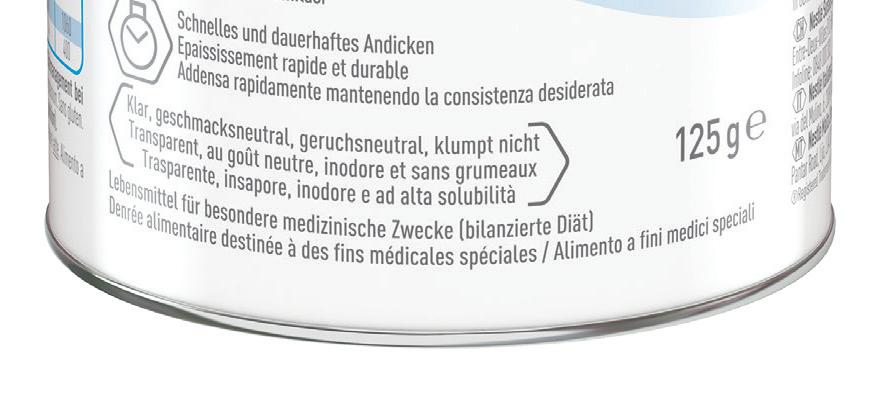




Kitba ta’ Joe Camilleri, CN
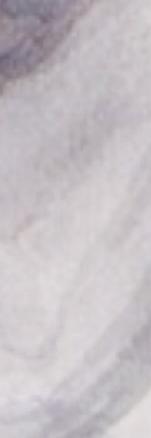
Frances Margaret Taylor, fejn l-isem reliġjuż tagħha kien Mother Magdalen of the Sacred Heart kienet imwielda fl-20 ta’ Jannar 1832 u mietet fid-9 ta’ Ġunju 1900. Hija kienet Nurse Ingliża, editriċi u kittieba, soru, Superjura Ġenerali u fundatriċi tal-Kongrezzjoni tal-Poor Servants of the Mother of God.

Frances Taylor twieldet fi Stoke Rochford, l-iÿgœar fost gœaxar aœwa. Frances kienet uriet ix-xewqa li isservi lill-fqar u l-vulnerabbli ta’ Londra. Fl-1849 applikat biex tidœol f’Nursing School fejn wara ngœaqdet mas-Sisters of Mercy of the Holy Trinity (Devonport) u kienet involuta fit-taœriæ tal-infermiera u xogœol fi sptar fi Bristol. Œadmet ukoll fi Plymouth waqt l-epidemija tal-kolera tal-1853. Minn hawn æietha l-vokazzjoni gœallœajja reliæjuÿa u f’Marzu tal-1854 faqqet il-Gwerra tal-Krimea. Frances ivvolontarjat bœala infermiera fi sptarijiet militari fitTurkija.
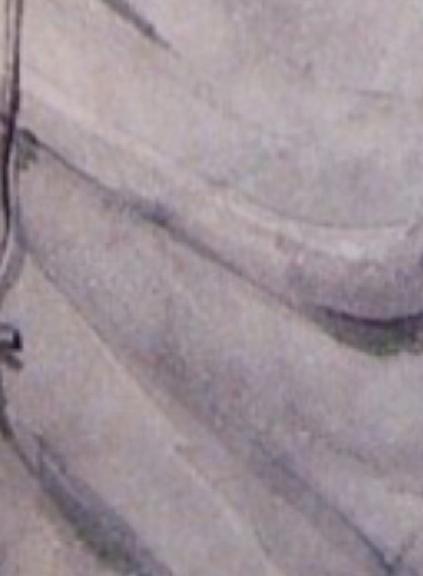

Gœalkemmkienettaœtl-etá kienet æiet aççettata mattieni grupp ta’ infermiera fl-1855. L-esperjenza tagœha fil-Krimea kienet tant trawmatika li soffriet œafna mill-insomnia. Hija œadmet gœal ftit taÿ-ÿmien ma’ Florence Nightingale fl-Isptar ta’ Scutari, gœalkemm kienet kritika dwar l-organizzazzjoni talisptar. Wara li œadmet ukoll fi sptar militari f’Koulali, iltaqgœet ma’ Mary Francis Bridgeman, is-Sisters of Mercy u s-suldati Kattoliçi Irlandiÿi. Hemmhekk kien fejn ikkonvertiet gœall-Knisja Kattolika Rumana.
Frances irrakkontat l-esperjenzi tagœha tal-gwerra fl-ewwel ktieb tagœha fl1857 fejn kienet gœamlet appell biex issir riforma fis-sistema infermeristika u fit-trattament tal-fqir mis-socjetà kontemporanja.
Lura f’Londra, Frances œadmet malfqar ta’ Londra, skont ix-xewqa tagœha.



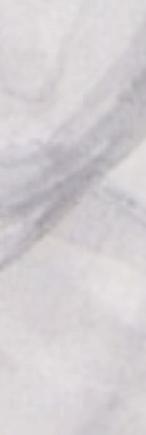


Bejn is-snin 1859 u 1866, Frances kienet determinata biex tkompli filvokazzjoni reliæjuÿa tagœha u b’hekk kienet tqatta’ ÿmien mad-Daughters of Charity f’Pariæi u mal-Filles de Marie (Daughters of the Heart of Mary) flIngilterra.
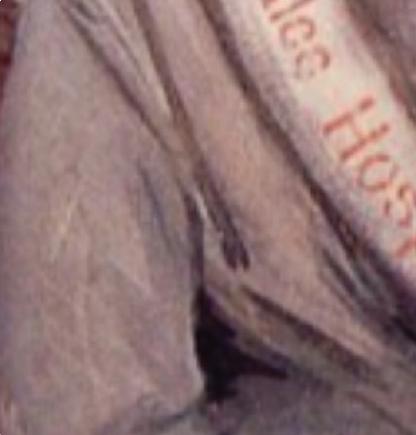
Fl-1863 Taylor bdiet tieœu œsieb ilæurnal The Lamp, u damet tagœmel dan sal-1871. Fl-1870 Frances Taylor œadet l-isem reliæjuÿ ta’ Sister Mary Magdalen of the Sacred Heart u fl1872 twaqqfet il-Kongregazzjoni talPoor Servants of the Mother of God.
Fl-1874 Frances flimkien ma’ dawn isSorijiet bdew iÿuru u jikkuraw lill-fqar fi djarhom, jikkatekizzaw u anke jsalvaw lit-tfajliet mill-vizzju tal-prostituzzjoni. Il-kongregazzjoni kibret ferm u sal1900, is-sena li mietet Frances Taylor, il-Poor Servants of the Mother of God kienu jamministraw aktar minn 20 kunvent u istituzzjonijiet.
Frances œalliet ruxxmata xogœlijiet letterarji fosthom travelogue, kummentarji soçjali, biografiji, u kitbiet ta’ aspetti devozzjonali. Kien hemm ukoll xogœol fittizju, stejjer, artikli gœall-magaÿin Kattoliku u kienet ukoll traduttriçi tal-lingwa Françiza.


Fl-1935 saret l-ewwel talba gœallbeatifikazzjoni ta’ Mother Magdalen u l-kawÿa tagœha saret fl-1982. B’digriet mill-Kongregazzjoni Vatikana gœallKawÿa tal-Qaddisin, Mother Magdalen æiet dikkjarata Venerabbli fit-12 ta’ Æunju 2014.
Frances kien tgœid lill-Kongregazzjoni tagœha li “ingœataw l-idejn ta’ Kristu biex jaœdmu bihom, il-qalb ta’ Kristu biex iœobbu biha u l-moœœ ta’ Kristu biex jilluminaw id-dinja”. Dan gœandu jkun ta’ gwida gœalina wkoll. ❙


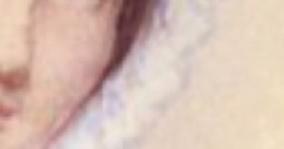


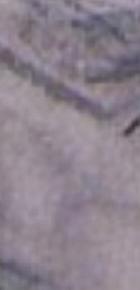

https://www.poorservants.org/ourbeginning/
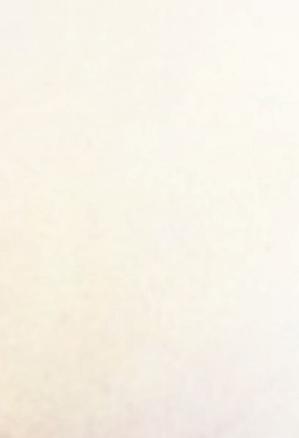



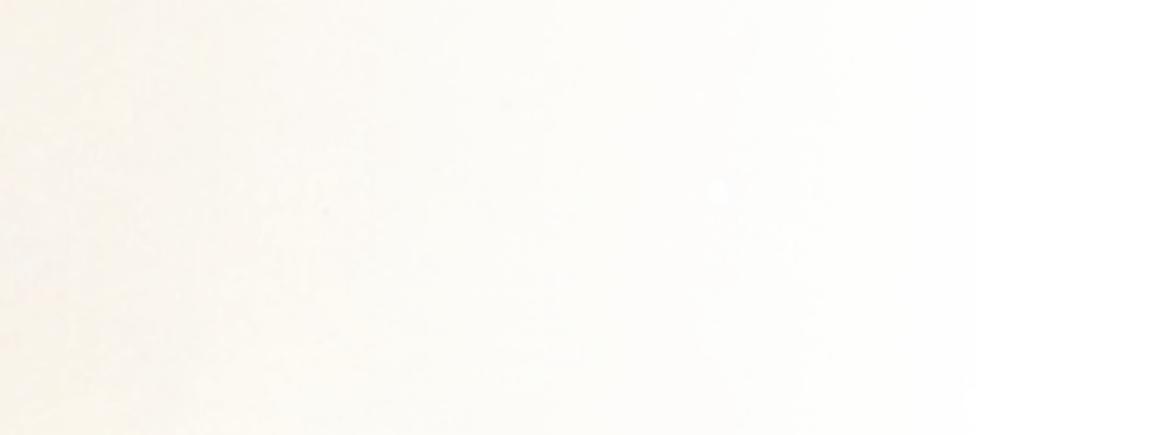



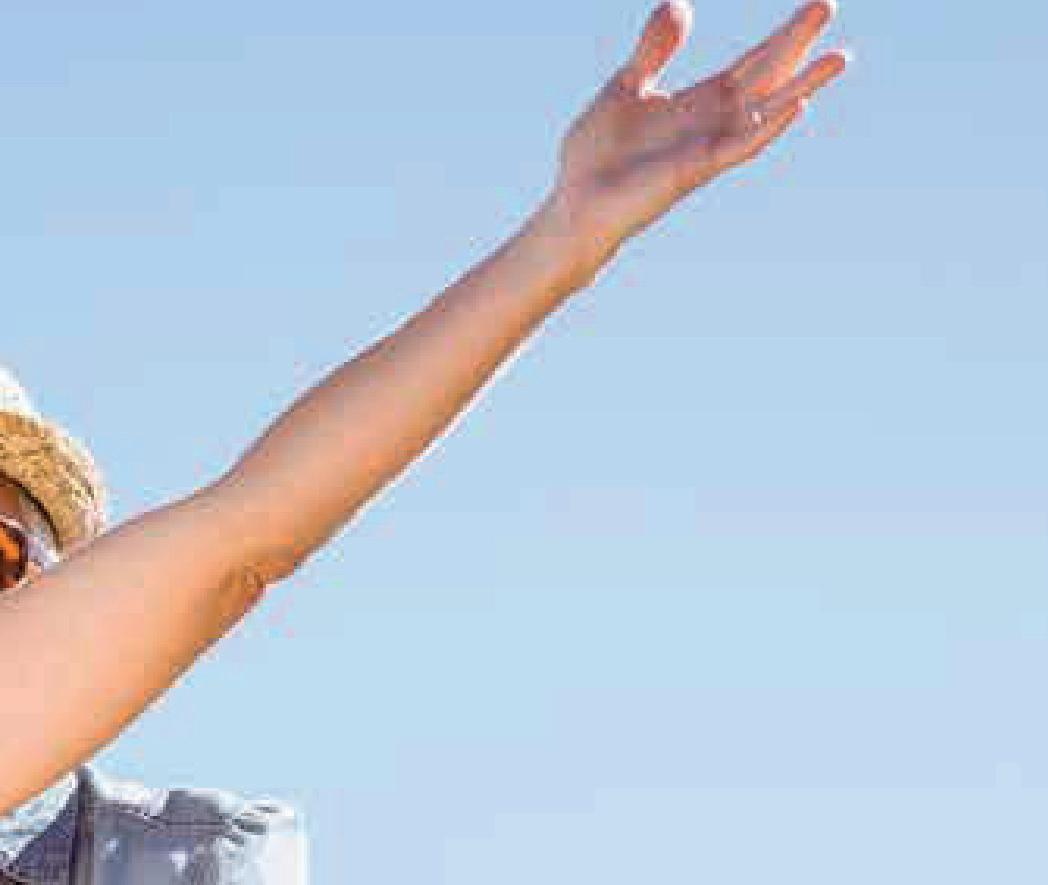


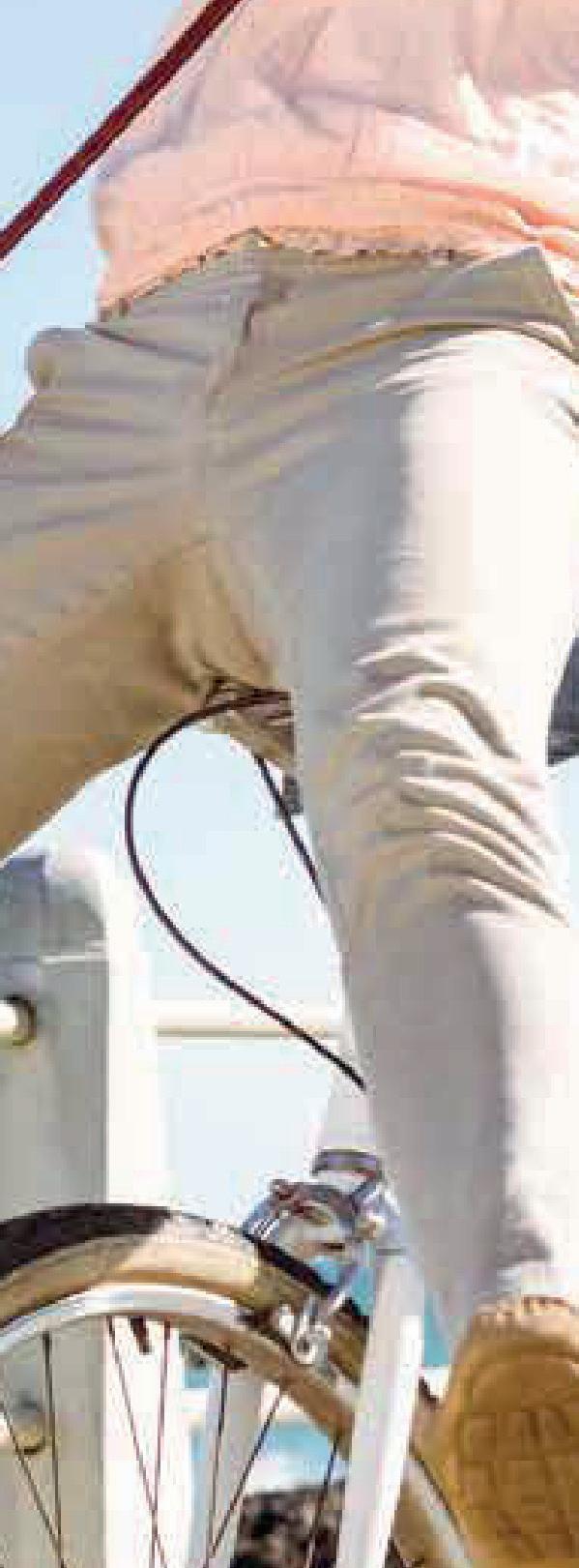





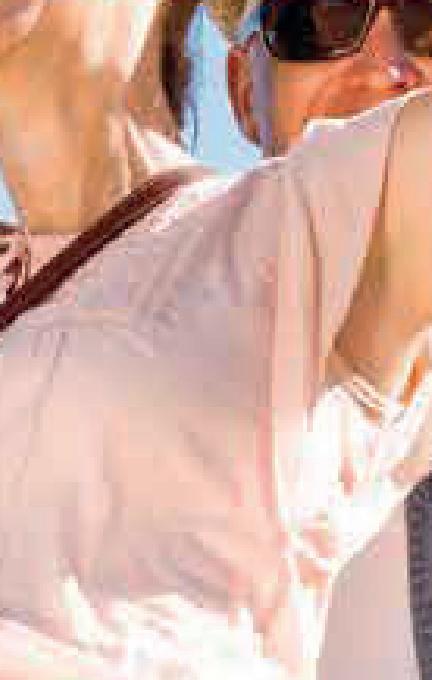
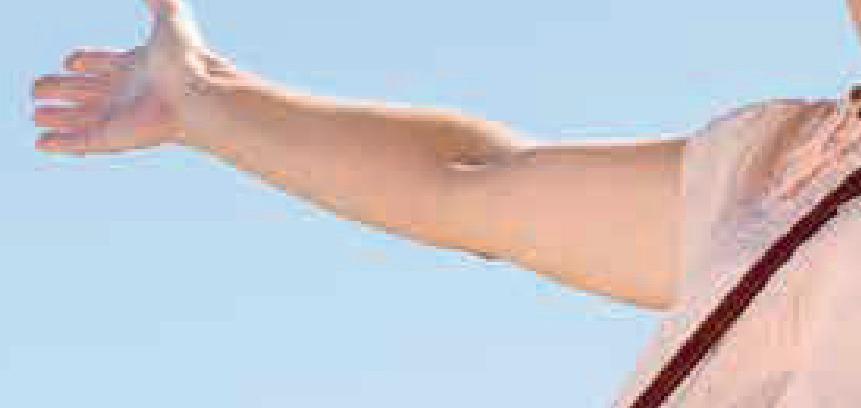


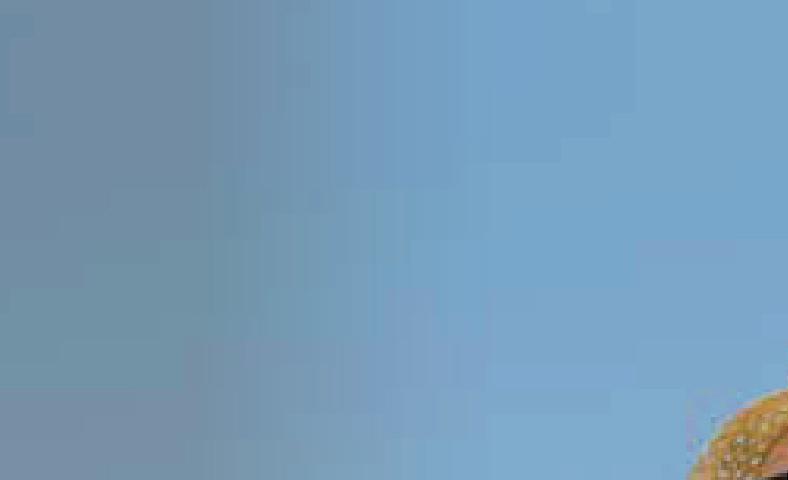


continued from page 7
is what happened recently when the post of assistant director was taken up by an external person, strategically filled up by someone who is known to have political connections, has narcissistic tendencies, and has shifted across 5 different government departments for several reasons in the last 9 years and has also been banned from one’s own association due to bullying tactics. One might ask how such a person is even considered for such a position but then again this is Malta.

Bad management is synonymous with all health professions, ironically when the staff try to speak up and makes use of their union, they are somewhat gas lightened or victimised. We have emphasised that management seem not to be accountable to anyone and that there is lack of professional appraisal in this section. Recently staff had the opportunity to undergo several courses in MPP training which is managing people professionally. When staff discussing problems encountered day to day with their mentors and coaches regards management, it is evident that most of the time the problems are arising from the management itself and how they handle things and it’s not the staff that needs to carry the blame.
So lets put an example to a case where MUMN had to intervene last year with regards to the fact that the bulk of the physiotherapy outpatient services of Mater Dei are actually in St. Lukes and such staff have no communication or appropriate in person hand over with the referring consultants when such patients need to be followed up at St. Lukes. Physiotherapy staff had been 3 years asking to get direct communication with the consultants at mater dei regards their patients. But all excuses in the world were listed down, it started off by declaring that because, back then the hospital was a steward health care hospital, staff were considered as pertaining to a different entity, however the staff were still government employees, then the management accused the staff of carrying out the job of the consultants when clinicians are present within OOP screening patients, which obviously wasn’t the case and the legal implications that our own management tried to accuse the staff with, was all a myth and MUMN’s
lawyer together with MUMN debunked such false claims. After this the clinicians were accused that their main purpose for such an endeavour was to feed patients into the private practice. If we had to seek legal help on such an accusation only, we could have won a case of defamation. So what did the management do in order to safeguard its back for not doing anything about the fact that physiotherapists working in St. Luke’s hospital were left to work on their own without any communication with the referring consultants? They insinuated with mater Dei ‘s staff that clinicians from St Lukes want to drag them out from the outpatient department, how can this be when we all work according to the needs of the service? So they encouraged a staff member to speak to UHM so that unions battle it off instead of addressing the need for such a request.
MUMN also asked for a meeting with permanent secretary regards such matter which he refused to attend to. The perm sec decided to issue abomination orders for members who would follow such directives and the CEO sent security officers to throw the clinicians out of the hospital. Besides this degrading act, this goes against the industrial law and right for discussions. Can you imagine UPE not being able to meet up with the minister for education just because it’s not the recognised union MUT? Till today MUMN is seeking court justice regards this. All this came about not because of MUMN trying to bully its way around, but because of
lack of direction, leadership and vision from the whole management sector –within the profession and outside the profession.


When will all physiotherapy services in Malta be discussed amongst all stake holders with a physiotherapy national plan? When will entities are allowed to collaborate with each other, rather than ordered not to communicate with each other and thus working in silos? When will one department doesn’t impinge on another? When will we have a clear patient pathway across all entities? If physiotherapists pertaining to this hospital St Luke’s were not and are not treated as 3rd state physiotherapists, we wouldn’t have to come this.

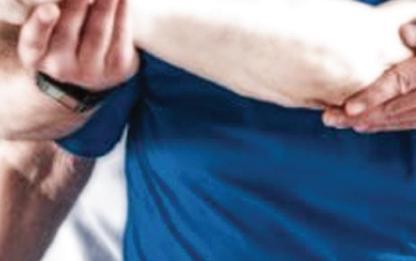
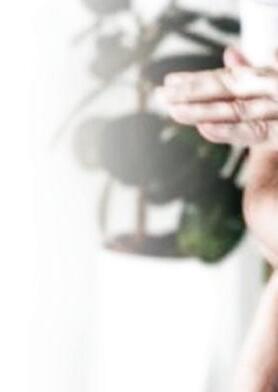



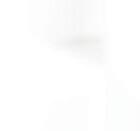

Whilst MUMN kept ongoing with the directive issued to physios which was to attend to outpatients for a handover, as this was what was best for the patient care, the spokesperson for UHM when interviewed by TOM back regards the case above, chose to focus on the issue that MUMN hadn’t had the sole recognition and couldn’t issue directives, of course this is a false accusation as per industrial law any union can issue directives to its members even collectively when names are presented as had been done. The UHM representative added on that the physios at mater dei where capable of doing such a job, however this wasn’t the issue, the issue was that the UHM spokesperson concluded this, without even consulting with its own members at St Luke’s of why was there a need for SLH physios to attend to OOP clinics. Even worst worst that they intimidated our members not to join the directives.
This wasn’t an isolated case were UHM took a stand in order to favour their members that would impinge on other staff. A case in point when it took us 5 years to be able to fill up posts at Gozo general hospital remained vacant by two government employees by physios waiting in the list to go up to Gozo due to the concession issue of VGHgovernment deal. Unfortunately UHM had promised their Steward members that once they switch from steward to government they would stay working
The past year for physiotherapy group committee

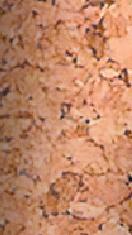













The Pensioners Group Committee organised a wonderful and interesting outing for its members










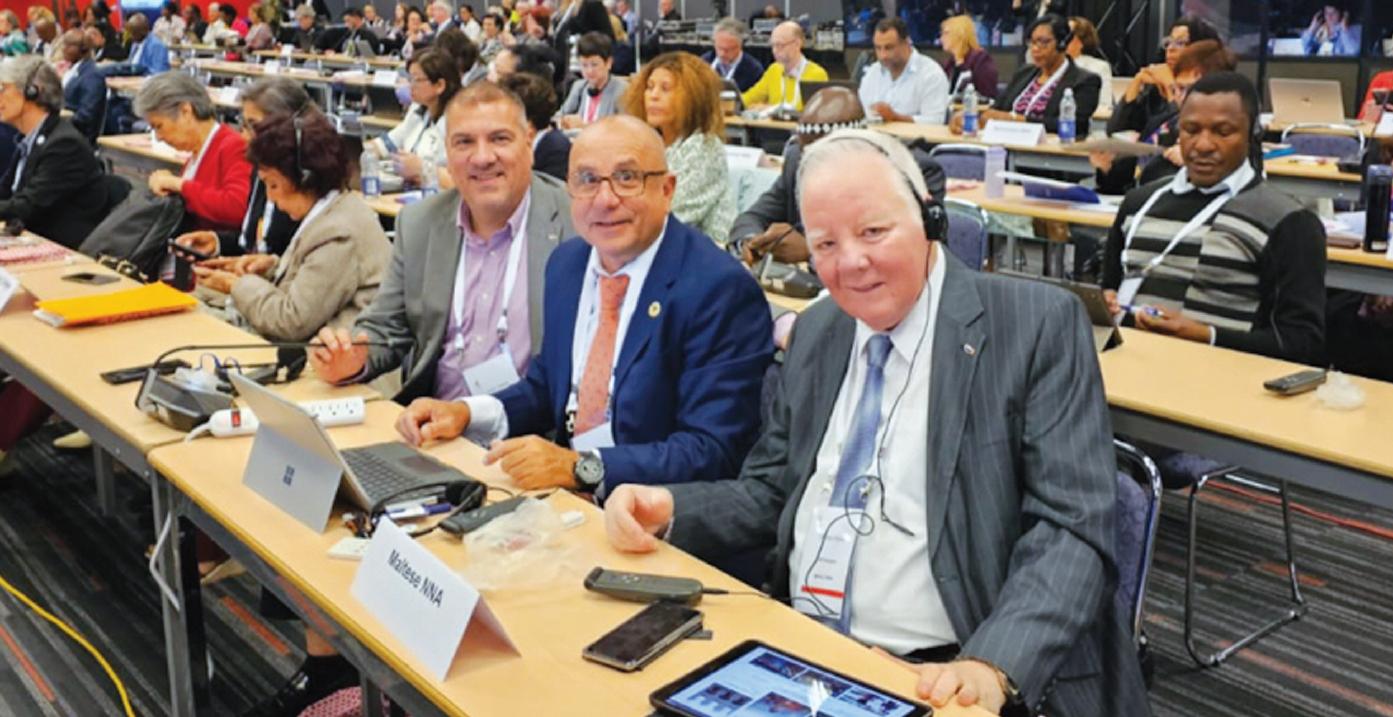

100 ĦARĠA






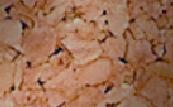


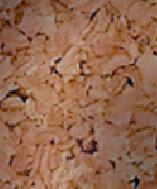


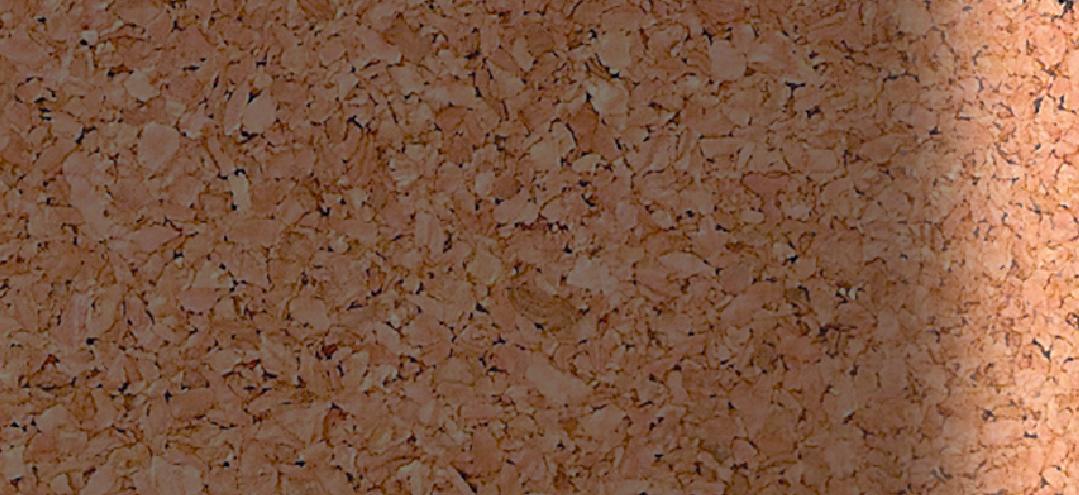




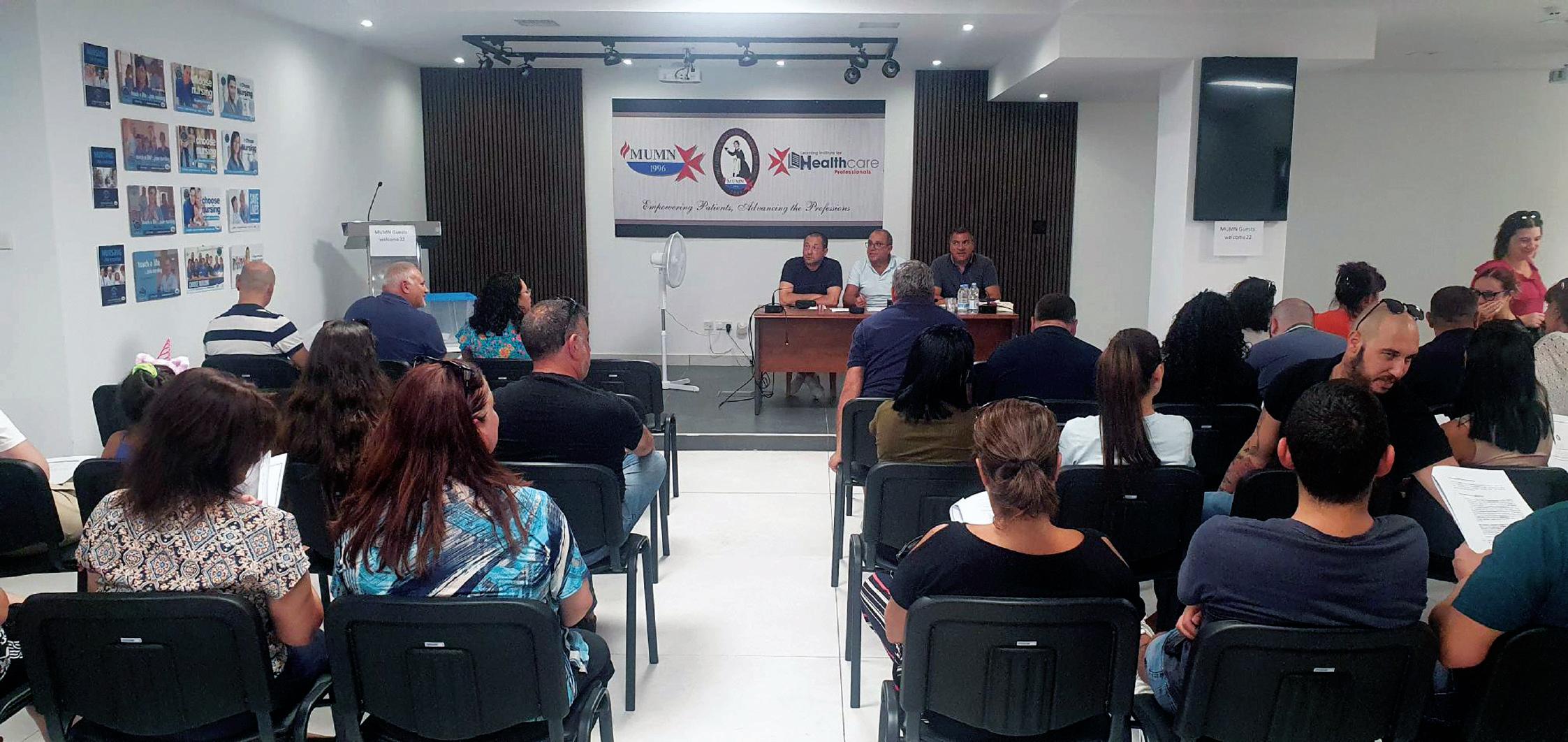




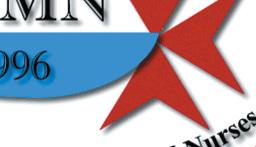








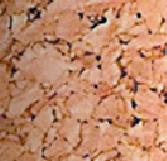
















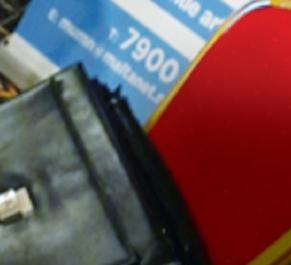






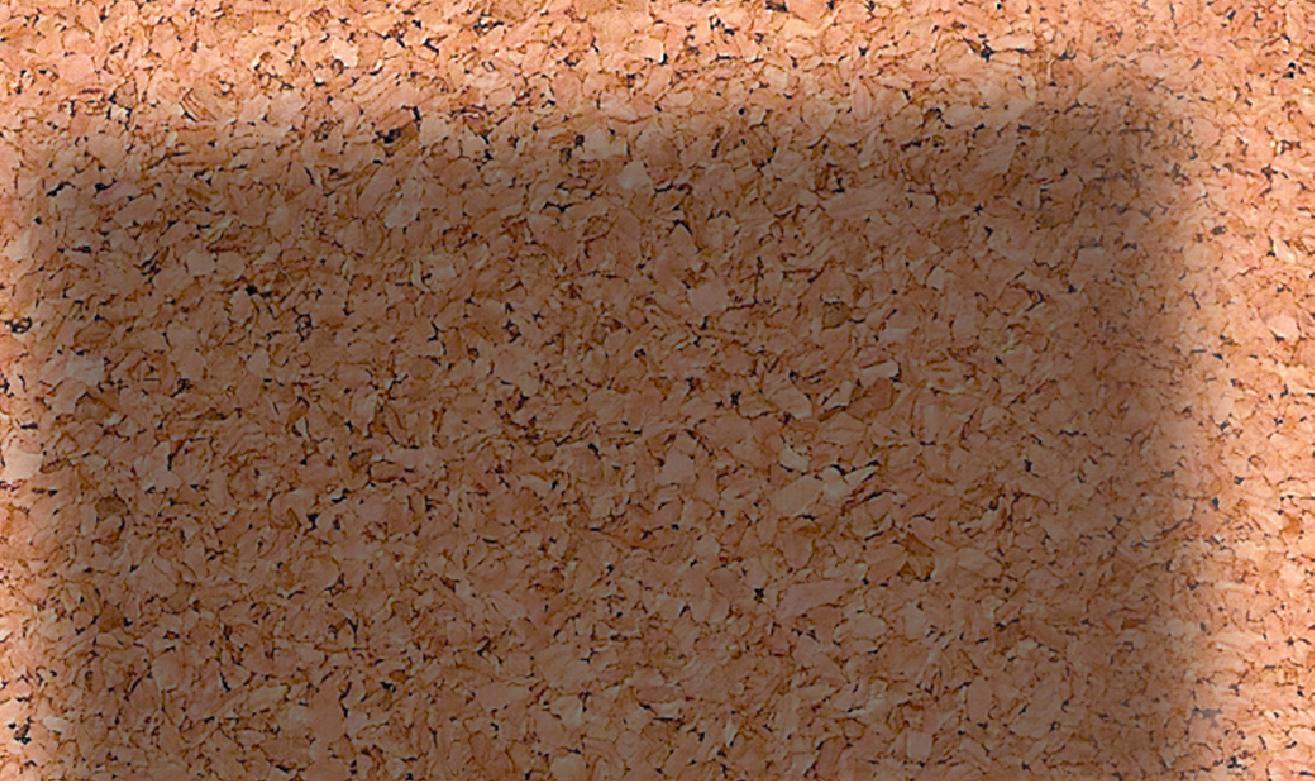


 MUMN participated in the International Council for Nurses conference.
All year round MUMN participates in the Career Fairs to raise more awareness, amongst youths, the true meaning of the nursing profession.
MUMN participated in the European Midwives Association meeting
MUMN Council paid tribute to the Monument dedicated to the Health Care Professionals (MUMN) as part of the 27th Anniversary of MUMN (19th September 1996)
MUMN participated in the International Council for Nurses conference.
All year round MUMN participates in the Career Fairs to raise more awareness, amongst youths, the true meaning of the nursing profession.
MUMN participated in the European Midwives Association meeting
MUMN Council paid tribute to the Monument dedicated to the Health Care Professionals (MUMN) as part of the 27th Anniversary of MUMN (19th September 1996)












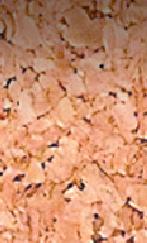





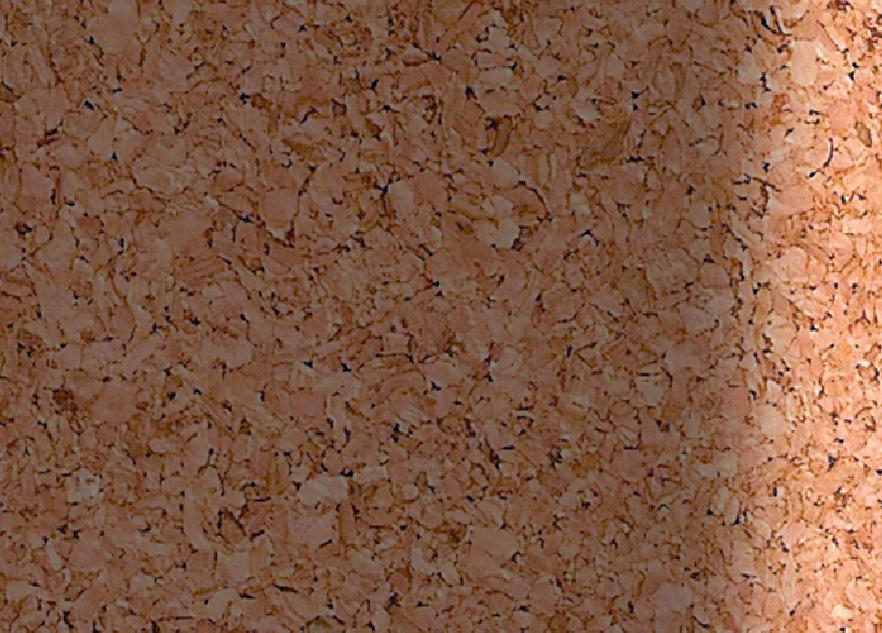
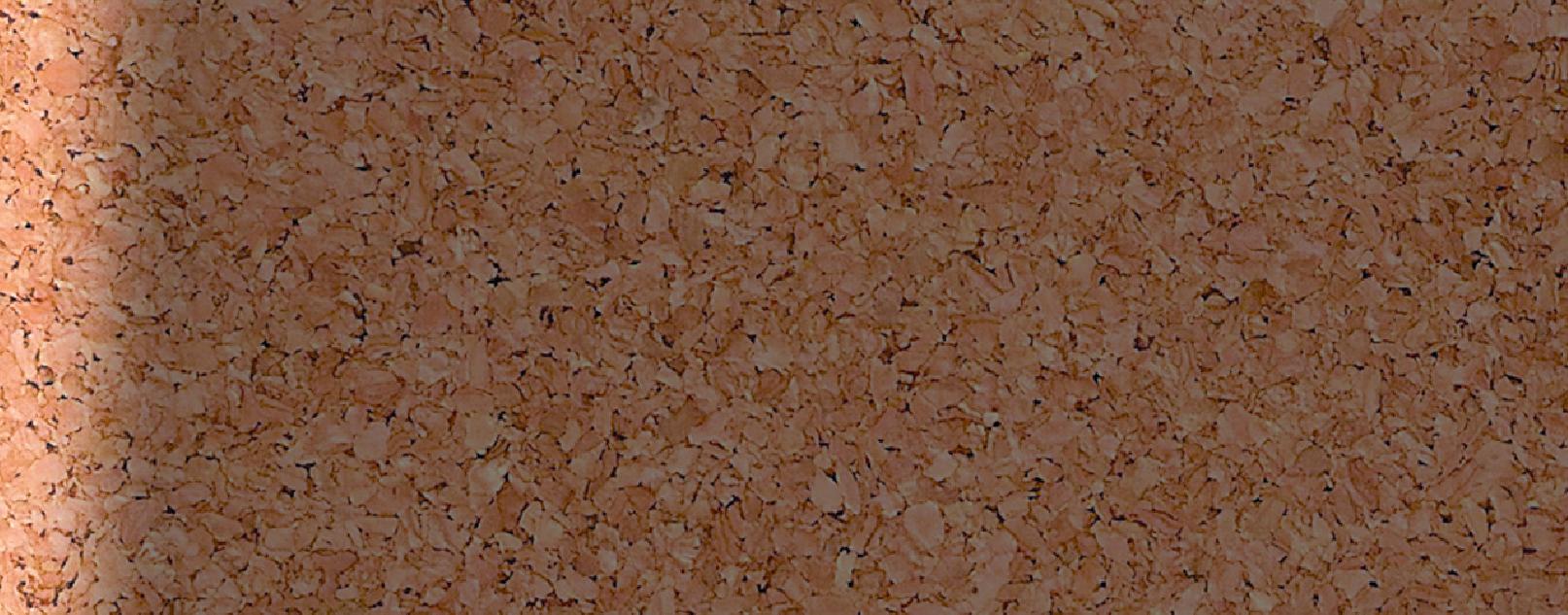






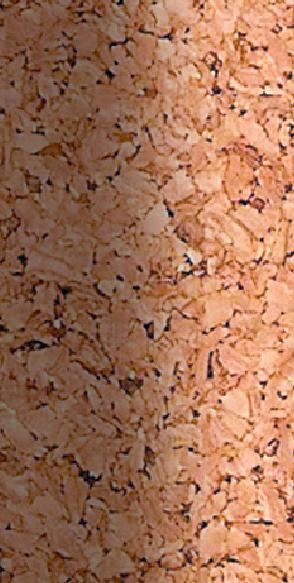



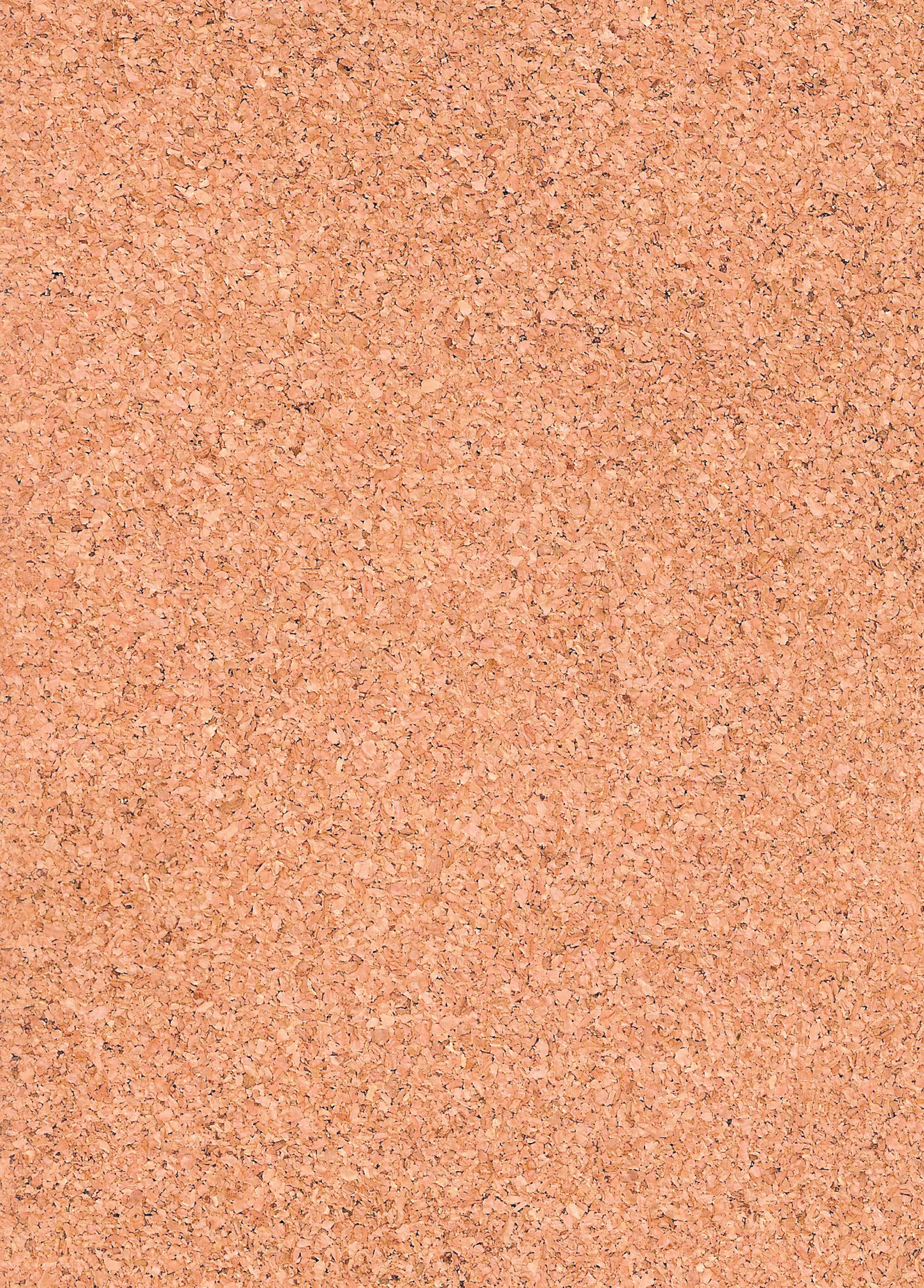 The Learning Institute for Health Care Professionals continued to organise the monthly seminars at MUMN premises
MUMN organised a meeting at its premises for all the ECG Technicians regarding their new sectoral agreement.
The Learning Institute for Health Care Professionals continued to organise the monthly seminars at MUMN premises
MUMN organised a meeting at its premises for all the ECG Technicians regarding their new sectoral agreement.



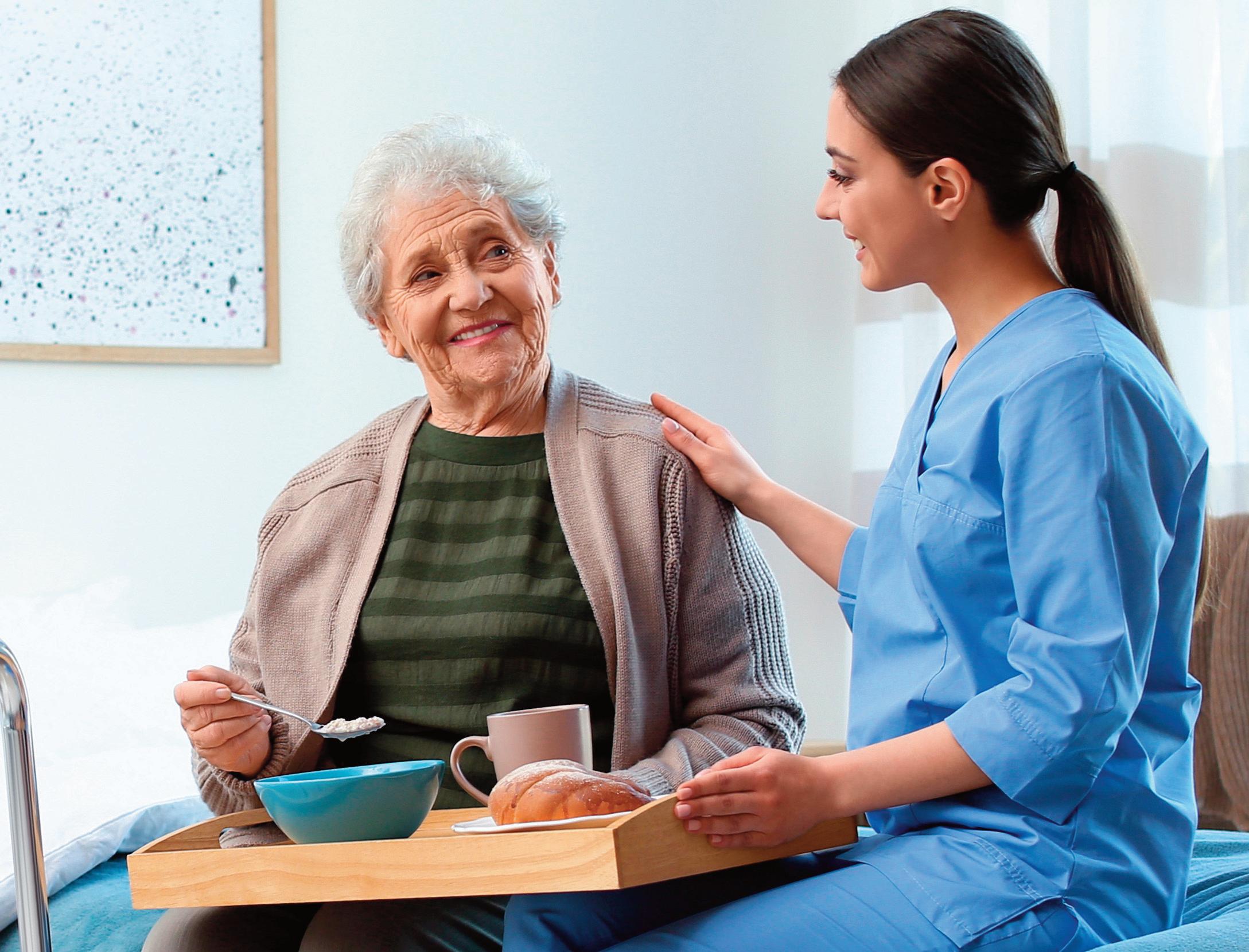



continued from page 19




in Gozo, but this creating an injustice with other staff who were waiting to go up to GGH according to the list. So we had to keep pushing for 5 long years to create justice and 4 physiotherapists from the list were then taken up to Gozo thanks to persistence of MUMN.





The staff at St Luke’s KGH hospital have been left in the dark for the past 16 years. The ever promise of rehabilitation services and infrastructure development has faded into smoke and entangled in a corrupt deal. During the admin of the VGH-Steward the physiotherapy department were always in the limelight for having a sustained waiting list, however additional staff were never provided beyond the numbers agreed in the concession of 2015, staff on maternity leave were never substituted even by interim staff. Projects were left pending on the shelf, staff had been asking for overtime to address the waiting list for over 3 years , however due to litigation of who shall issue the salaries, between steward and government such a request was kept pending. Staff have been victimised for taking action through union to refurbish their own department and have decent equipment to provide care to patients. This is what the clinicians had to go through in all this saga.
Now the government has rightly so taken back the three hospitals. However it is about time all staff knows what is the direction, vision and plan for such hospitals? Where is the rehabilitation hospital vision gone? For how long will staff working in this hospital be taken for a ride? they have been suffering for over 16 years since the opening of Mater Dei! How can such hospitals be left without a budget because the government had not allocated funds for this complex , due to the whole saga? Clinicians are not mere service providers, clinicians are professionals who are seeking to carry out the best possible health care, within the latest evidence based, with the right equipment, provide ways how to grow in their expertise and the employer needs to invest in them beyond the sectorial agreement.
Let it be very clear the staff will not tolerate another PPP scheme or privatisation model. MUMN will be there to support its staff irrespective whether there is sole recognition or not. It is also to be clear that UHM will not be allowed to take decisions without consulting ALL staff, and when need be, let us hope that they respect the decision of staff who have chosen to be represented by MUMN and that both unions can collaborate together. This time for real unlike what happened in the discussion for the sectoral agreement.
How will all this tailgate with the function of the council complementary to medicine (CPCM), when will the law be reviewed? when will such a council be assisted in its complex workings , and provided with the appropriate tools to function seriously? The CPCM is like a dog without teeth, without proper funding and legal aids it cannot function properly in regulating all these professions seriously. Our physiotherapy representative had to face a legal battle on his own without the support of the other professions or the registrar in facing the responsibility of refusing to register physiotherapists who were qualifying from a particular foreign university based in Malta who did not have the necessary requirements and the fact that their course was not in line with what the same council entails.
There are other issues with seem to be never ending, the situation of the specialisation framework. So the 5- year long EU project is now ready, the trainers got the certificate for their training , a seminar was carried out , photos were taken for the occasion to wrap it up nicely. So now what’s next? When will the government actually take allied health professions seriously and push forward the specialisation framework whose law has been set since 2006? Does it need to take a lifetime?

How can one expect to do such a delicate and time consuming job on a voluntary basis without the necessary funding, structure, legal assistance and with an extremely basic framework which has been in same action since the days was set up in the early nineties? How can we protect the service user from fraudulent people? how can we protect professionals and safeguard the professions without updating to today’s needs? I guess had this happened in the medical council things would be taken more seriously. As physiotherapy group committee within MUMN we have met with MAP to pin point all the serious needs that need to be taken and so both unions and MAP need to work together to lobby for serious timely action to be taken, as we are really running out of time.


As you can see we have been still working and doing our utmost not only to assist our members but also to safe guard the profession as a whole and see that no one is treated unjustly by management, government or any other stakeholder. This is the 100th edition of Il Musbieh . We would like to thank all our physiotherapy members for their work and support. Congratulations goes to MUMN council for such an achievement, were persistently it brings all the work, research and discussions carried out into written form into the hands of the members. This is but a proof of accountability, transparency and hard work. ❙
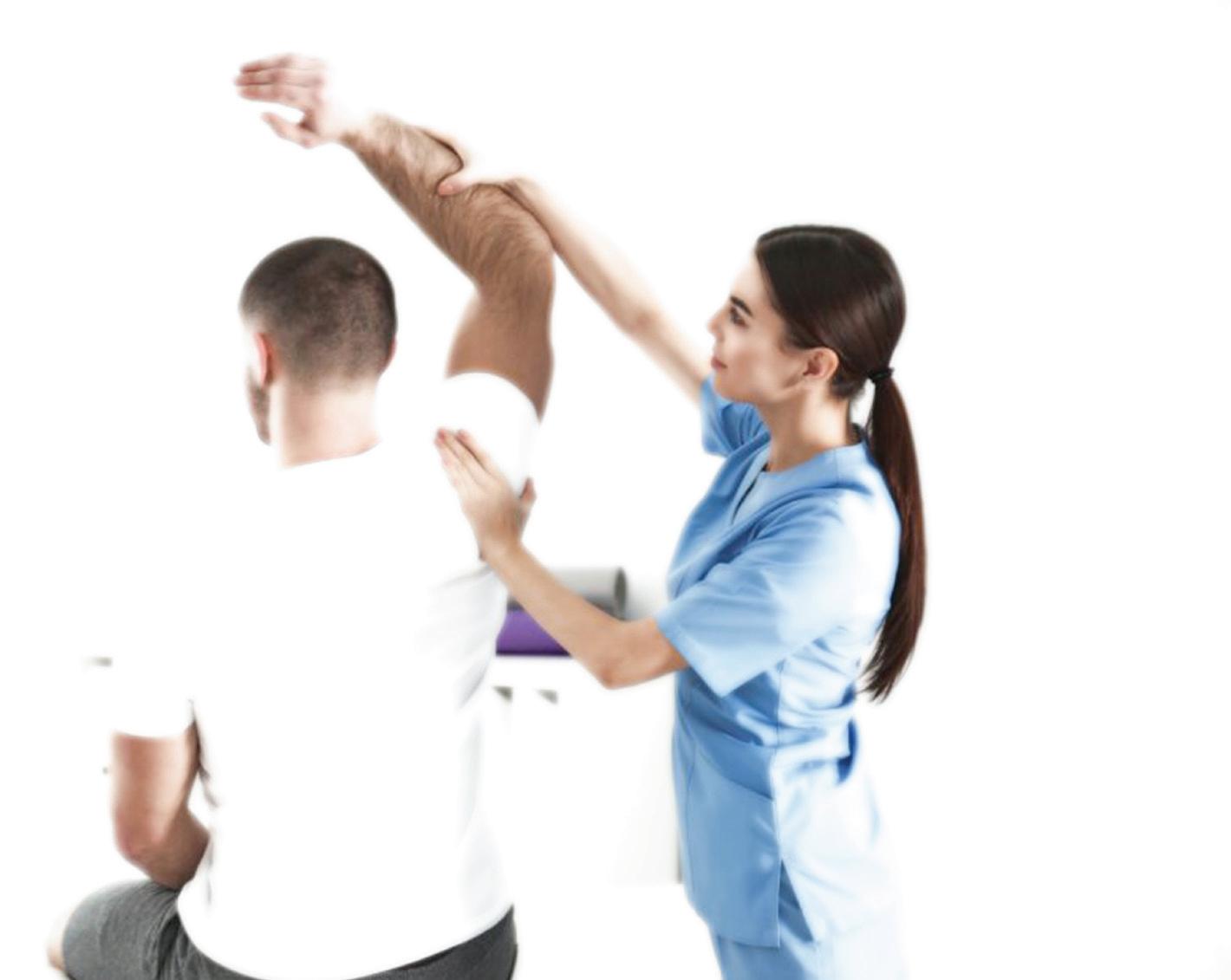
The past year for physiotherapy group committee
Soothing care for the entire family! Uriage Xemose Anti-itch mist takes the efficacy of Xemose and delivers it in a light, fresh SOS mist. Xemose SOS mist is perfect for you if you suffer from sensations of itchiness, dry skin, redness and inflammation.
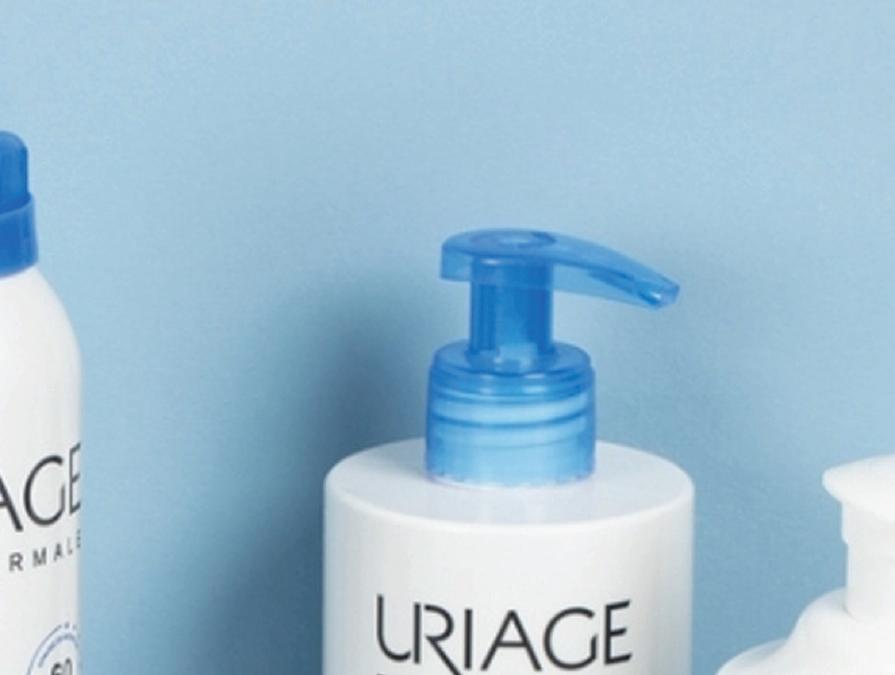
Deeply nourishing thanks to shea butter and illipe oil, this ultra-light mist works to soothe your skin in less than 60 seconds. It absorbs immediately into the skin, leaving you with a protective shield


that keeps sensations of itchiness at bay for a minimum of 24 hours.






Thanks to its formula containing 3 patented ingredients along with Uriage Thermal Water it works from within to repair the skin barrier, making it stronger with each use. Xemose can be used by the entire family, including babies and children, so you can keep your whole family protected from dry skin all year long with this easy-to-apply mist!

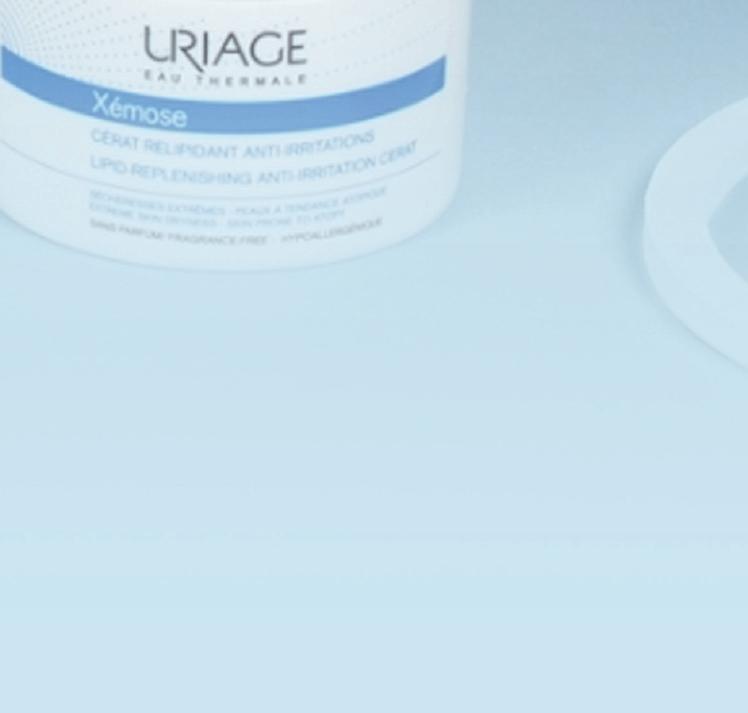
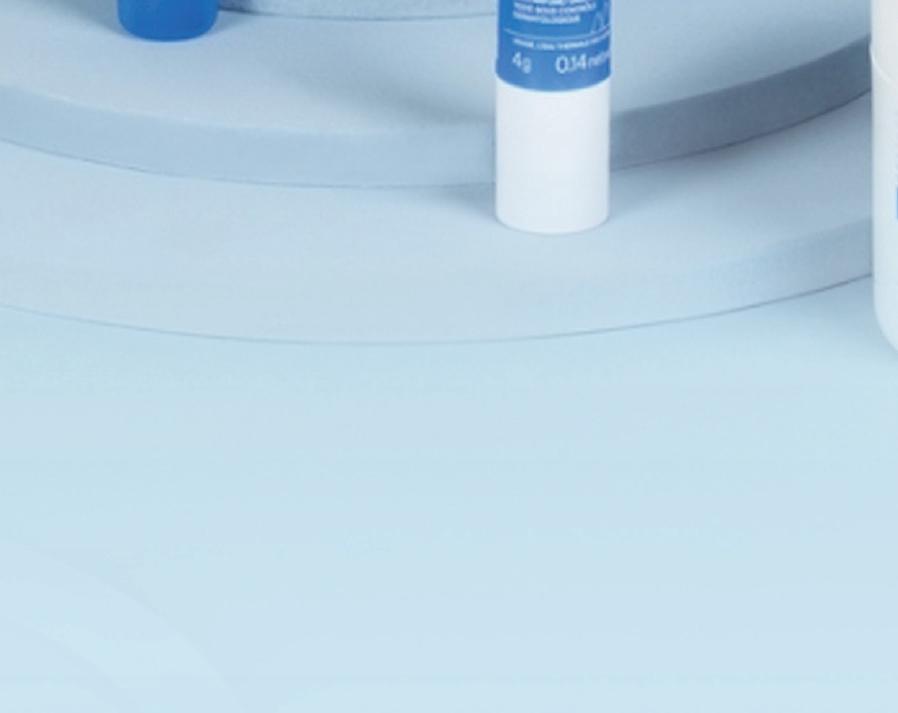


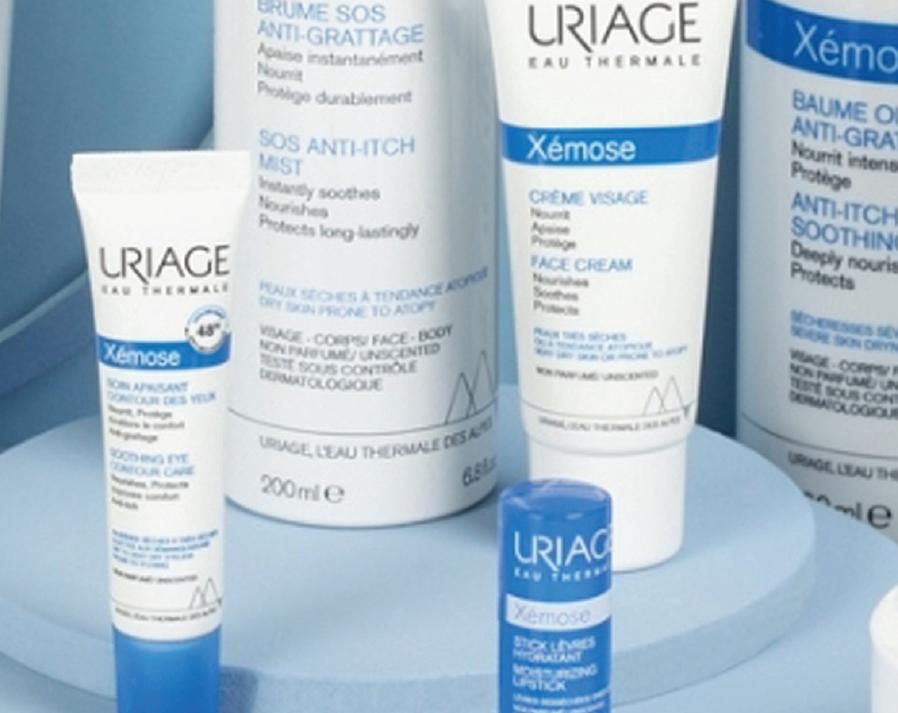














On behalf of the Board of the International Council of Nurses (ICN), I am delighted to send my greetings and congratulations to the Malta Union of Midwives and Nurses for the 100th edition of your journal, Il-Musbieœ.
It is a credit to your association and to the editors and staff of the journal that it has continued to serve as an important source of knowledge and information for nurses in Malta for many years. Il-Musbieœ has gone from strength to strength and is now, at its 100th edition, more vital, active and relevant than ever.


Our profession owes much to its periodical literature as a means of disseminating new knowledge, sharing experiences, and discussing issues of general interest to nursing. In all these respects, Il-Musbieœ has served nursing well, for it has upheld the highest journalistic standards and provided the nurses of Malta with the knowledge and information they need.
Journals such as Il-Musbieœ are indispensable to nurses at all levels who wish to keep up to date with the latest guidance and news. They serve as our primary means of communicating new knowledge and learning about new studies which can guide and change our practice to better serve our patients. Your journal has accomplished these aims and delivered information in an approachable, readable, understandable manner, sharing stories and issues not only about nursing in your country but throughout Europe and beyond.
I would particularly like to thank you for sharing ICN’s work from our latest publications to our campaigns, projects and our policy work. It is so important that your members understand what ICN does and why MUMN is a valued member of ICN. IlMusbieœ helps to expand each nurse’s horizon and make them realize they are part of a global profession facing common issues and concerns. Let us not forget that ICN and MUMN have had a close relationship over the years, holding a successful ICN conference in
continued from page 13
really want to excel totally they are to offer, first and foremost, the spiritual care of prayer. Prayer helps a great deal the Jewish believer to face the trials there are in store for him and her. So, in periods of great distress, portions from the Book of Psalms (Tehillim, “praises”) offer a magnificent source of comfort and hope. Thus, the prayers that are offered to God at the synagogue services for the sick can be offered also by the bedside of the patient’s too! After all, as Jews ardently believe, God is ultimately the one who has in his hands life, death, sickness and health. For that matter, the subsequent prayer
of Mi She-berach which visitors pray for that person’s recovery. This prayer’s title is found in its opening words mi she-berakh – “[May] the One who blessed...”
May the One who blessed our ancestors Patriarchs Abraham, Isaac, and Jacob, Matriarchs Sarah, Rebecca, Rachel, and Leah — bless and heal the one who is ill: ________________ son/daughter of ________________ .
May the Holy Blessed One overflow with compassion upon him/her, to restore him/her, to heal him/her, to strengthen
2011, and we have also been fortunate to have benefited from the knowledge and experience of two colleagues from Malta on our ICN Board, Rudolph Cini (Board Member 2005-2009 and 1st Vice President 20092013) and Paul Pace (Board Member 2013-2017).
Once again, let me congratulate you on this historic occasion of the release of your 100th edition. You deserve to be proud of what you have achieved, and I know your readers are grateful for the high level of journalism and the wide range of articles which you produce on a quarterly basis.
Congratulations and enjoy your 100th edition! ❙
Dr Pamela F. Cipriano - President International Council of NursesICN • CIE • CII
3, Place Jean Marteau, 1201 Geneva
-Switzerland – Tel.: +41 22 908 01 00

Fax: +41 22 908 01 01 – e-mail: icn@icn.ch – web: www.icn.ch
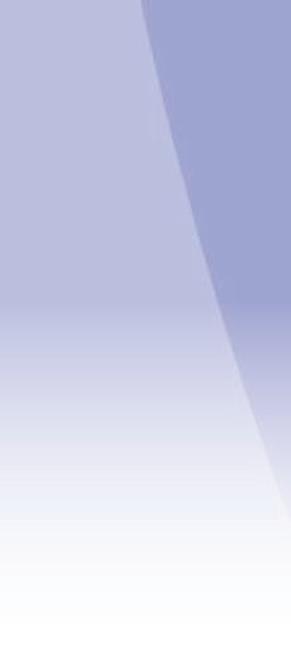
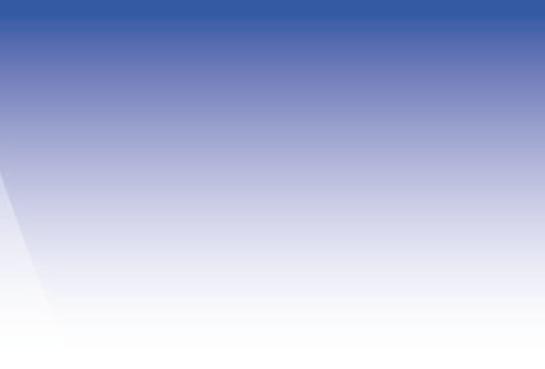
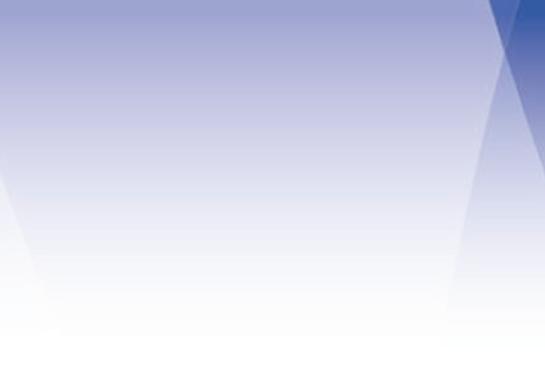
him/her, to enliven him/her. The One will send him/her, speedily, a complete healing — healing of the soul and healing of the body — along with all the ill, among the people of Israel and all humankind, soon, speedily, without delay, and let us all say: Amen!
As we have seen in this brief reflection, the Jewish response in accompanying the sick is truely a caring one since it trains people to be caring towards those who are suffering. In this way, they are living witnesses of what the Holy Torah says: Love your neighbor as yourself (Leviticus 19:18). ❙
Fr Mario Attard OFM Cap










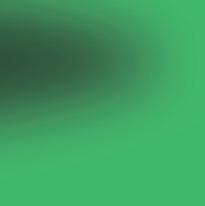
















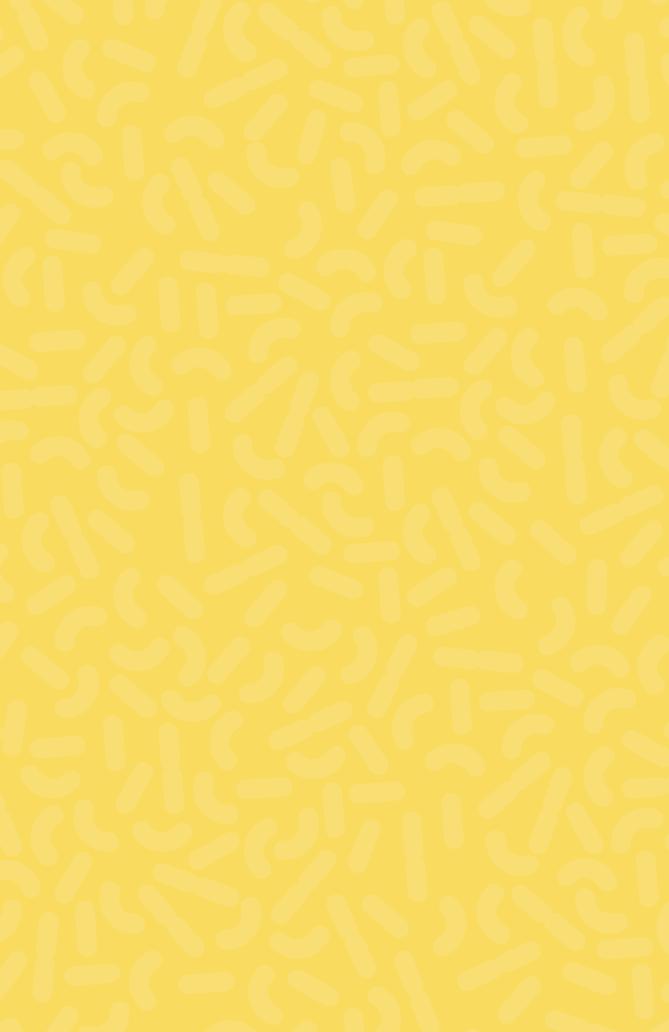

Probiotics, defined as live strains of bacteria with documented health effects, have become a well-recognized option to support the composition of a beneficial microbiota in infants and children. Different strains of a specific species have different probiotic properties and effects. Hence the benefits of one specific strain cannot be extrapolated to the effects of other probiotics.
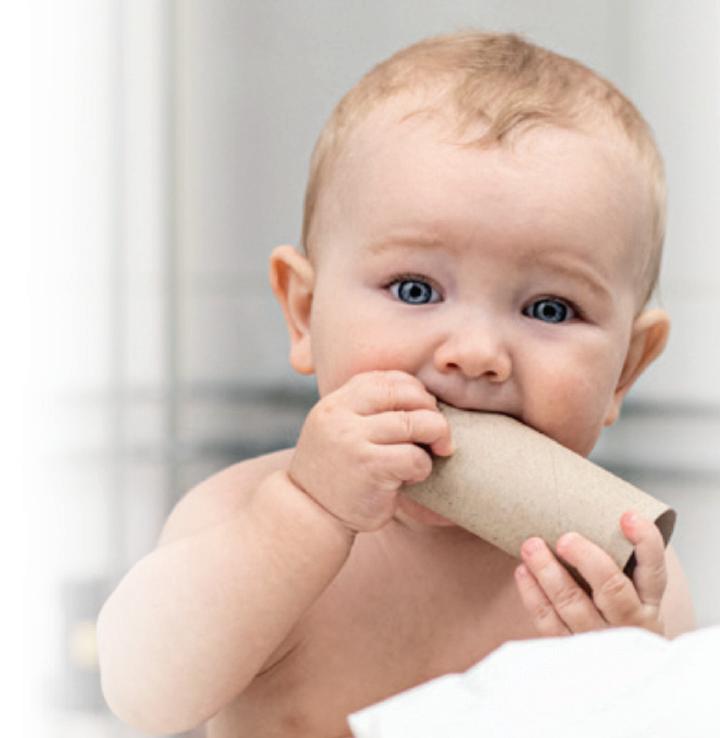
Limosilactobacillus reuteri Protectis is special

Limosilactobacillus reuteri Protectis (L. reuteri DSM 17938) is indigenous to the human digestive tract and one of few probiotics that have co-evolved with humans since beginning of time. L. reuteri Protectis temporary colonize both the stomach and the small intestine. The probiotic exerts its effects, or mode of actions, in many different ways. It has been proven that L. reuteri Protectis influences gut motility and may also reduce visceral pain by the release of neuromodulating molecules. Moreover it influences the intestinal microbiota by releasing reuterin, lactic acid and acetic acid, which help
promote the growth of other good bacteria, and inhibit pathogens. L. reuteri Protectis may also strengthen mucosal integrity by tightening the epithelial barrier and improve immune response.


Numerous trials have shown the safety and significant effects of L. reuteri Protectis on functional gastrointestinal disorders and protection of infections in infants and children.
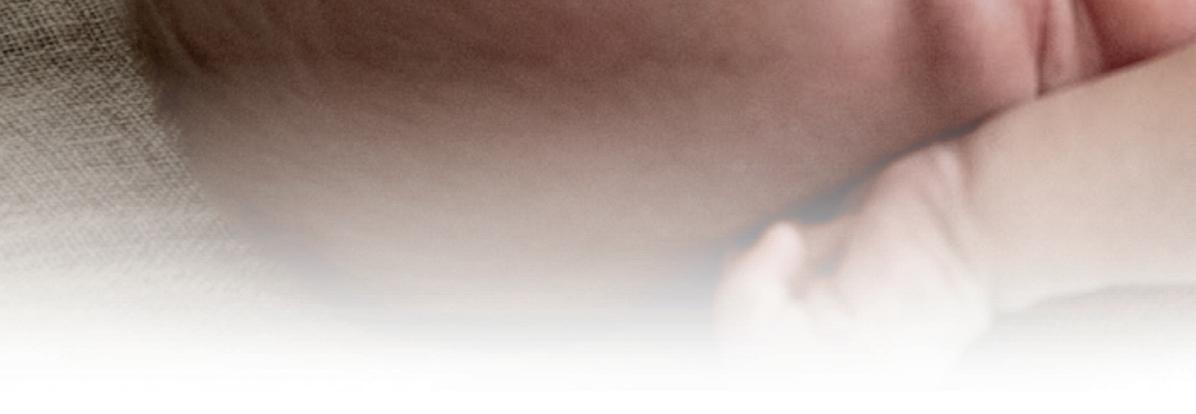
Clinical guidelines support the use of L. reuteri Protectis
The use of L. reuteri Protectis in paediatrics is supported by a number of international guidelines. Indications with a recommendation are infantile colic, functional abdominal pain, treatment of acute gastroenteritis, as adjunct to oral rehydration solution and prevention of common infections.
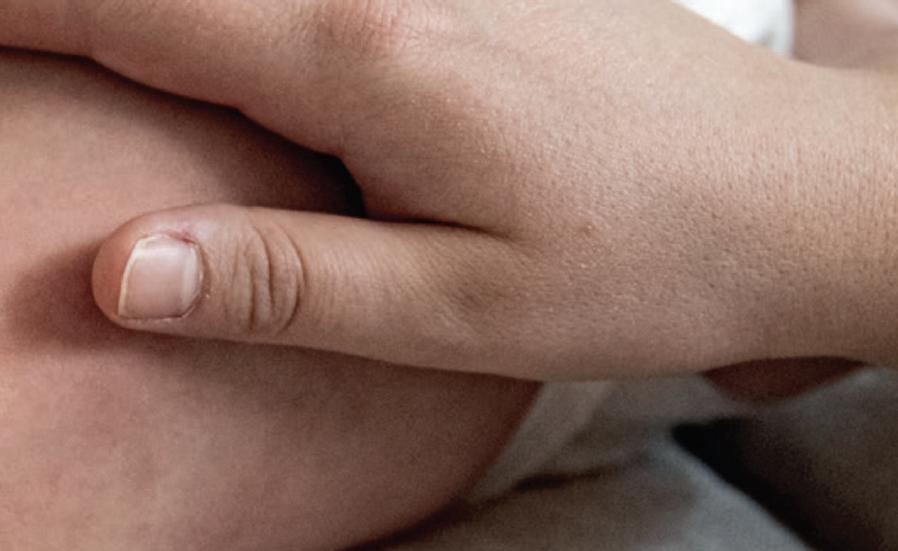
Clinical effects of L. reuteri Protectis in infants with colic, constipation and regurgitation include reduction in crying time, increase in bowel movements and reduced number of regurgitations in both breast-fed and formula-fed infants.




BioGaia Protectis baby drops can be given from birth and do not affect breast-feeding or the taste of food.
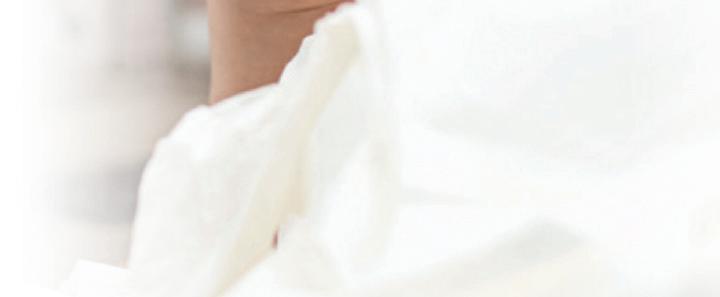

References

• Reuter G. The Lactobacillus and Bifidobacterium microflora of the human intestine: composition and succession. Curr Issues Intest Microbiol 2001;2:43-53.
• Valeur et al. Colonization and Immunomodulation by Lactobacillus reuteri Protectis in the Human Gastrointestinal Tract Applied and environmental microbiology. 2004;1176-1181.
• Chung TC et al. In vitro studies on reuterin synthesis by Lactobacillus reuteri. Microb Ecol Health Dis, 1989;2:137-144.
• Hojsak I et al. Guidance on the use of probiotics in clinical practice in children with selected clinical conditions and in specific vulnerable groups. (EPA/UNEPSA) Acta Paediatr. 2018;107:927-937.
• WGO: World Gastroenterology Organisation Global Guidelines Probiotics and Prebiotics. Review team: Guarner F et al. Feb. 2017.
BioGaia Protectis, a powerful strain of L. reuteri in colic, constipation and regurgitation




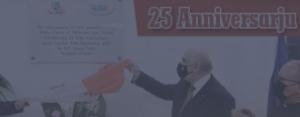







Kienet is-sena 1996, li fiha bdejna diskussjonijiet sabiex jitwieled ġurnal relatat man-Nursing u l-Midwifery, żmien li llum inħares lura lejh b’sodisfazzjon, u ngħid dan għaliex matul is-snin stajt nosserva tibdil f’titjib ta’ livelli għolja minn sena għal oħra.





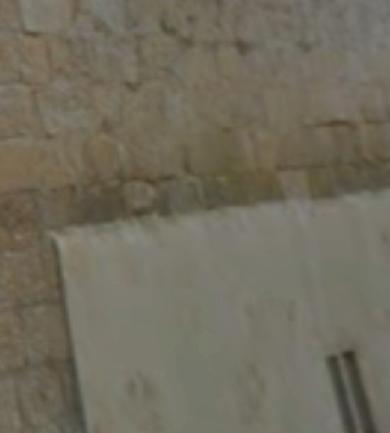





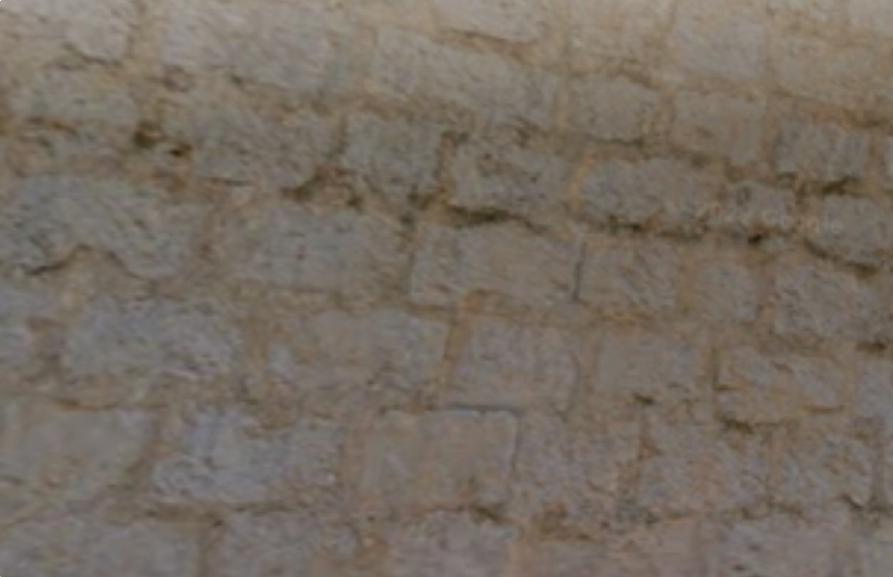
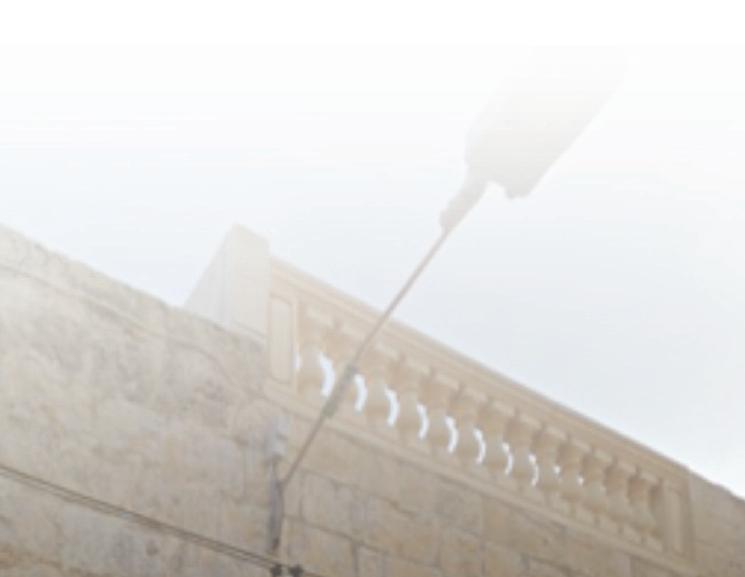

Niftakar fil-bidu konna niltaqgœu f’dar privata ta’ waœda mill-membri, jiena, Louise Cini, David Attard, Lora Pullicino, Norbert Debono u l-mibki Toni Borg, ftit ÿmien wara li delegati tal-union kienu avviçinawna individwalment sabiex nagœmlu parti minn dan il-kumitat, fejn flimkien konna niddiskutu fuq l-importanza li kull Nurse u Midwife ikollhom tip ta’ ‘gœodda’ fejn permezz tagœha, huma jkunu jistgœu jwasslu l-messaææ tagœhom fuq il-professjoni nnifisha u fejn huma stess ikunu jistgœu jifhmu l-poÿizzjoni tagœhom ukoll minn kitbiet ta’ esperjenzi minn professjonisti bœalhom. F’dan il-kumitat, konna wkoll niddiskutu reklamar li kellu jkun vitali mill-bidu nett, sabiex jinbeda

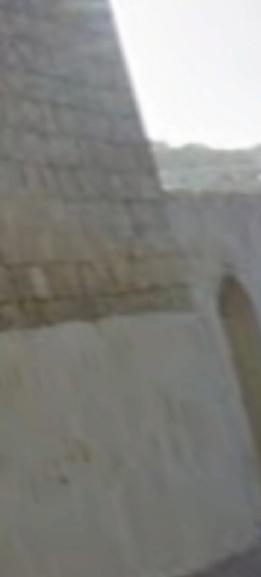
dan il-proæett li minnu nnifsu kien jinvolvi ammont ta’ œin u spejjeÿ.

Mill-bidu nett, dawn kienu diskussjonijiet fejn konna naqsmu ideat, u fejn dawn kienu jiæu miktuba f’noti sabiex finalment inwasslu dak li konna qed naœdmu fuqhom lid-delegati tal-union, u biex iservu ta’ baÿi gœal struttura soda li tagœti forma solida lill-æurnal, fosthom li kull membru f’dan il-kumitat ikollu rwol wara li ttieœdet votazzjoni b’delegati talunion preÿenti, fejn jiena æejt maœtur Editur b’vot unanimu tal-membri. Minn dik il-lejla, æie ffurmat l-ewwel bord editorjali fejn Louise Cini kienet id-deputat Editur sabiex tassistini. Norbert Debono kien jieœu œsieb


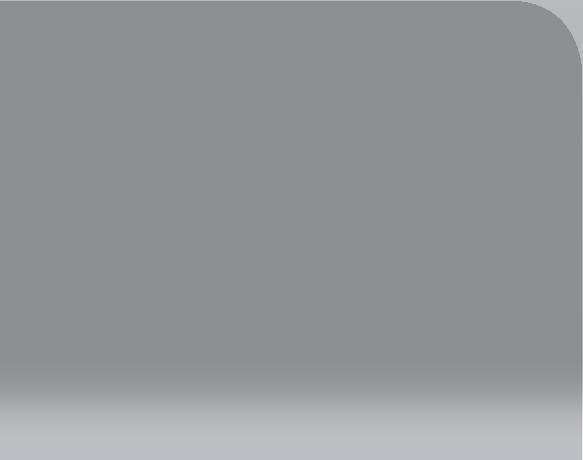
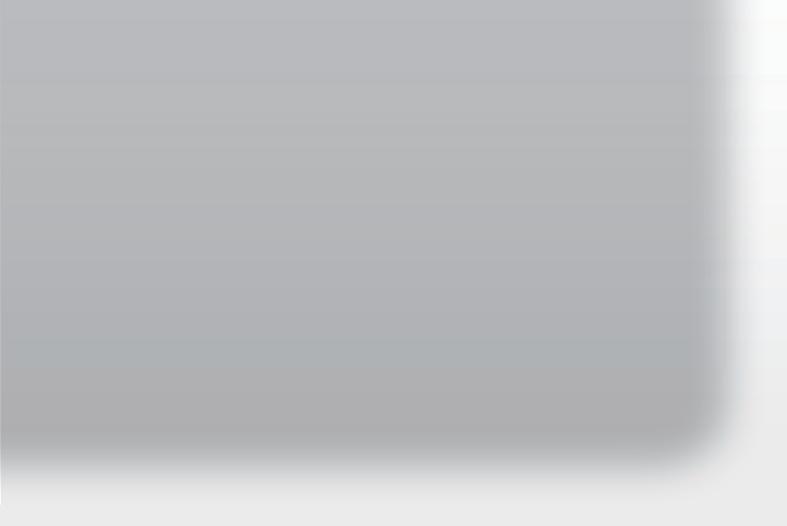





ir-reklamar u kien ukoll jassisti lili fillaqgœat mal-istampatur, fejn din talaœœar kienet waœda ta’ sikwiet wara x-xogœol, imbagœad kien hemm il-kumplament tal-membri; David Attard, Lora Pullicino u Toni Borg li lkoll kienu ta’ stoffa speçjalment fiÿÿmien bikri ta’ Il-Musbieœ. L-isem talæurnal kien maœsub minn qabel ma æie iffurmat il-Bord Editorjali, u fejn ilœsieb primarju kien li gœalkemm huwa mezz ta’ gœodda relata mal-professjoni tagœna u Florence Nightingale, huwa mezz metaforiku li joffri dawl lillmembri tagœna. Gœalhekk b’dan ilœsieb il-æurnal kellu jiæi iççirkolat ma’ madwar elfejn membru.
Kif semmejt iktar kmieni, dan kien ÿmien bikri gœal diversi raæunijiet, u gœalhekk ir-responsabbiltà li kelli næorr kienet tqila biÿÿejjed, li gœalhekk kelli nikseb informazzjoni sabiex nara x’kienu r-responsabbiltajiet ta’ Editur, id-‘do’s and dont’s’, eçç. Responsabbiltà minnhom kienet dik minœabba l-introduzzjoni ta’ mezzi li trid tissarraf f’kitba dwar il-Union, fejn permezz tagœha il-perçezzjoni setgœet tkun tfisser ta’ xkiel gœallœidma maniæerjali tas-Saœœa u fost affarijiet oœra, kienet ser tinbet xi forma oœra li s’issa fil-qasam u fl-operat tagœna ma kellna qatt, allura



Investment is a big word, generally overused and its true meaning is often overlooked. Investment automatically is future-looking, acting today and reaping benefits tomorrow. We usually associate investments with savings and financing, but it also comes in several other ways like starting up a new business with the hope to maximise your future income, investing time to upskill your capabilities to achieve something greater, or nurturing your human capital through education for a brighter future. That also is an investment!
Investing in your career





Your aspirations sometimes might be hindered because of several obstacles, maybe lack of will, finding a million excuses, or having the right mindset. Those are all within your control but financing your goals might not necessarily be within your means. Let’s imagine you have recently completed your studies, obtained a diploma or a degree in healthcare and now have a stable job. You’re earning your salary and getting to grips with the job. Furthering your studies might be
on your to-do list, but not a priority, since you need to gain some financial independence before you take the next leap.
Specialising in a healthcare career may fulfil your aspirations. Several universities, both locally and abroad, offer a number of higher education courses including a Master’s or Doctorate in Nursing with a specialised focus on the treatment of specific diseases or conditions. These come at a price of course, but the BOV Studies Plus+ offers flexible financial solutions that will help you further your studies without forking out anything initially. The BOV Studies Plus+ comes with a maximum 5-year moratorium period, during which no loan repayments are made, and interest is fully subsidised thanks to a guarantee from the Malta Development Bank. In addition, students who take up this loan do not need to provide collateral or make upfront contributions, provided that repayments are feasible from their expected income, once the studies being financed by BOV are successfully completed.

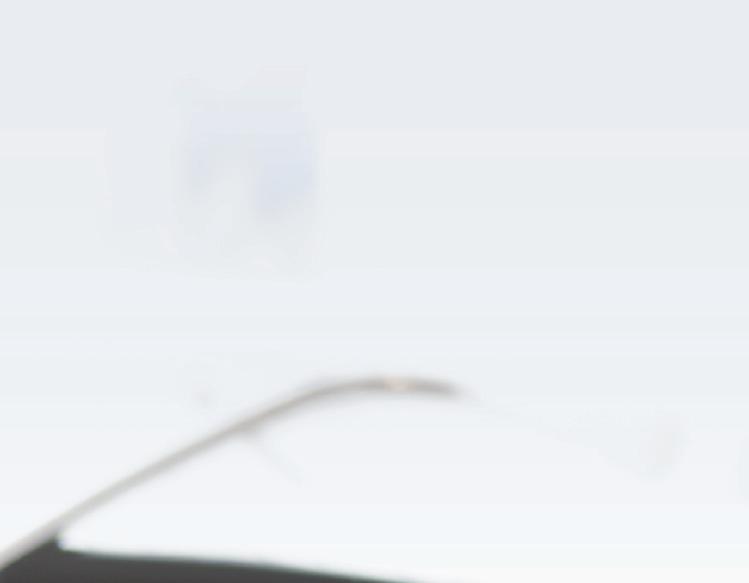
Studying Abroad? Set no limits on your aspirations!
Financing covers more than just tuition fees. If what you are looking for is a learning experience beyond our shores, the BOV Studies Plus+ covers travel, accommodation, transport and living

expenses, textbooks and other studyrelated costs. A maximum of Ð100,000 may be borrowed, repayments can be made over a maximum period of 10 years, over and above the 5-year moratorium.


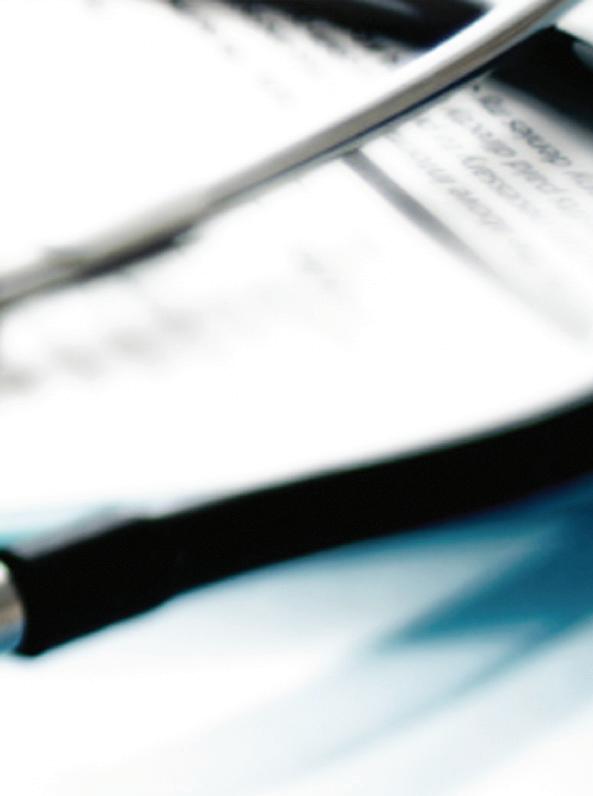
Furthering your studies entails a lot of dedication and hard work, but it’s one of the biggest investments you can do. Once you’re wearing your graduation gown and throwing your hat in the air, you can enjoy a brighter career and potentially higher income. Find out more about the BOV Studies Plus+ on https://www.bov.com/content/bovstudies-plus-plus and you’ll thank us later!
The BOV Studies Plus+ product is supported by the Operational Programme II – European Structural and Investment Funds 2014-2020, co-financed by the European Social Fund and managed by the Malta Development Bank (MDB). It benefits from the MDB guarantee scheme. All loans are subject to normal bank lending criteria and final approval from the Bank. The term of the loan must not go beyond retirement age. Issued by Bank of Valletta p.l.c. 58, Triq San Ðakkarija, Il-Belt Valletta VLT 1130. Bank of Valletta p.l.c. is regulated by the MFSA and licensed to carry out the business of banking in terms of the Banking Act (Cap. 371 of the Laws of Malta).
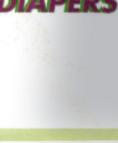
wieœed bir-raæun kellu jitœasseb. Gœalkemm kien ilbidu, fejn œsibna li dan seta’ jservi tajjeb bœala magaÿin b’logœob u xi tislibiet, il-œsieb tiegœi mill-bidu nett kien dak li Il-Musbieœ jieœu forma ta’ æurnal informattiv, fejn wieœed jista’ jaqra u jitgœallem minnu, u fejn aœna nagœtu dehra ta’ professjonisti œdejn oœrajn li diæà kellhom dan il-mezz, u li l-kitbiet li nwasslu, jkunu ta’ forma letterarja akkademika wkoll.


Kien gœadu ÿmien fejn fl1995, l-internet kien gœadu kemm beda jissemma bœala innovazzjoni, u jekk niftakar sewwa, kien iÿ-ÿmien fejn kien beda jiæi introdott, allura ÿgur li ma kellniex il-kumditajiet tallum. Niftakar li sabiex nibdew nirreklamaw It-Twelid tal-Æurnal, gœal diversi drabi, jiena flimkien ma’ delegati konna nduru s-swali sabiex inxerrdu l-kelma u allura kont bdejt ukoll inœeææeæ lin-Nurses u l-Midwives, sabiex issa li ser ikollna dan il-mezz, gœandhom huma stess jibgœatuli kitbiet fuq suææetti relatati mal-professjoni jew is-sezzjoni klinika tagœhom, fuq il-œin liberu tagœhom, eçç., fejn nistqarr li gœalkemm ir- rispons kien tajjeb, però ma kienx tajjeb kemm xtaqtu.

Il-kompjuters fid-djar kienu gœadhom xi œaæa rari, u gœalhekk œafna mill-kitbiet li kienu mogœtija lili mill-impjegati jew dawk mgœoddija lili mill-bord editorjali, kienu jkunu miktuba bil-pinna jew ittajpjati minn fuq typewriter, fejn allura wara æurnata xogœol, kont immur id-dar u nibda nittajpja ittra ittra fuq l-Amiga 500 li kelli, u bœala Editur, kont anke nieœu œsieb l-ortografija u l-grammatika ta’ kull artiklu. Kien ÿmien li ma stajt nirrifjuta xejn mill-kitbiet, gœax kont inœossni fortunat li nkun daœœalt erba’ faççati u fil-fatt l-ewwel edizzjonijiet kienu ta’ 16-il paæna, bil-qoxra ta’ quddiem u wara nkluÿi. L-istampatur ta’ dak iÿ-ÿmien ma kellux internet, u kien ukoll limitat œdejn iÿÿmien ta’ llum, allura kont niæborlu kollox fuq ‘floppy discs’ u aktar ‘il quddiem kont naœraqhomlu fuq CD’s u ngœaddihomlu. Fl-istess œin kien ikolli sessjonijiet oœra miegœu sabiex ngœidlu permezz ta’ grafika li kont ngœaddilu, ta’
L-ewwel ÿewæ œaræiet ta’ Il-Musbieœ tal-1997. Interessanti li fl-ewwel œarga hemm ix-xahar u l-annu neqsin fil-qoxra ta’ quddiem (https://www.um.edu.mt/library/oar/handle/)
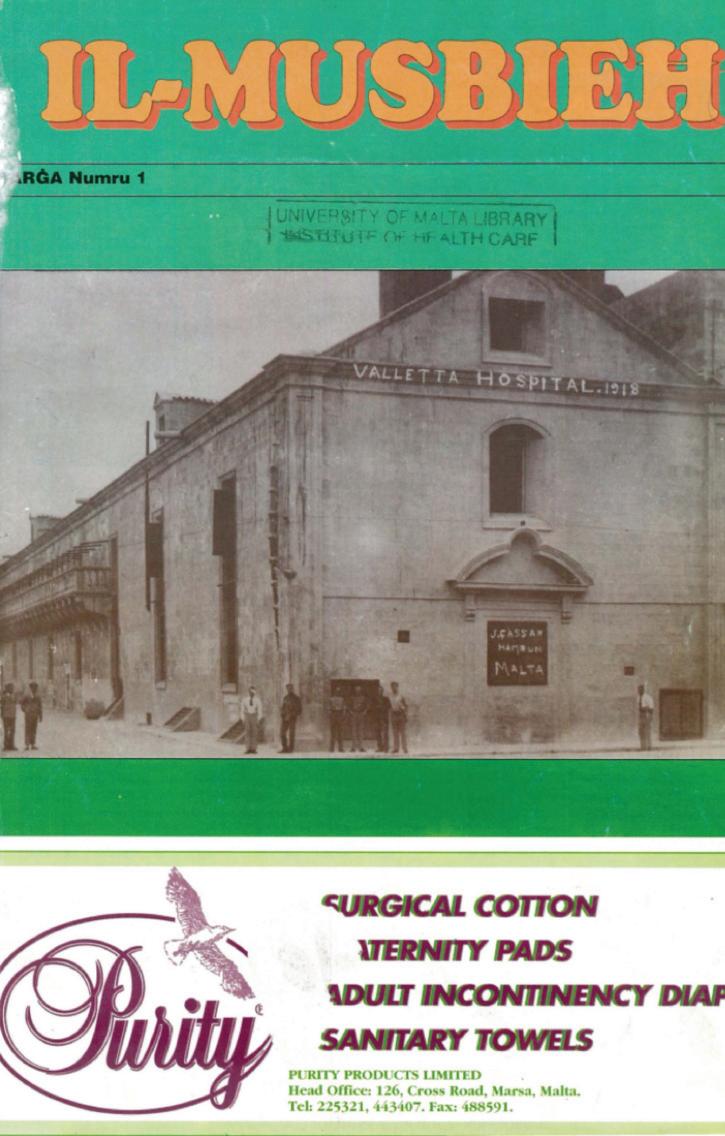

kif dawn gœandhom jidhru paæna wara l-oœra, peress li l-kitbiet kienu jitqassmu fuq aktar minn paæna waœda minœabba r-reklami. Nistqarr magœkom illum, li dan kollu ma kien xejn façli, però dejjem rajt kif stajna ntejbu l-prodott sabiex anke niffaçilitaw il-proçess li kien jieœu æranet sabiex jitlesta f’edizzjoni waœda. Edizzjonijiet mifthema mal-istampatur kienu jkunu ta’ tlieta f’sena.


L-editorjali li ktibt, kienu kollha jirriflettu messaææi ta’ dak il-mument, l-aktar fejn jiena kont inœoss il-œtieæa li çertu messaææ kellu jgœaddi u jasal gœand l-ogœla organi tas-Saœœa f’Malta ta’ dak iÿ-ÿmien, sabiex jintebœu bin-nuqqasijiet jew jieœdu azzjonijiet fejn çerti drabi diversi problemi jkunu raqdu fuqhom. Gœalkemm qatt ma kelli aæendi æejjin minn organi esterni tal-union, jiena dejjem rajt kif nimxi mal-parametri tal-union stess, kif ukoll nemmen li hekk kien mistenni minni u mill-bord editorjali kollu.
Mill-ewwel edizzjonijiet œadt œsieb li r-ritratt tal-qoxra jkun ukoll relatat kemm jista’ jkun mal-professjoni tagœna, u filfatt œadna œsieb bœala bord, li l-ewwel qoxra turi s-Sacra Infermeria tal-Belt li kienet inbniet fl-1574, waqt li r-ritratt tat-tieni edizzjoni kien dak tal-Lazzarett. Fl-edizzjonijiet sussegwenti œadna anke




ritratti ta’ Nurses fuq il-lant tax-xogœol tagœhom u li jkun jirrifletti l-artiklu ewlieni ta’ dik il-œarga. Il-bidu kien tassew ÿmien eççitanti fejn anke bœala bord, konna nippruvaw nitolbu ritratt tal-awtur/awtriçi tal-artiklu jew paæna iddedikata gœalih/a. Il-paæni fissi ta’ kull œarga mill-bidu, barra l-editorjal, kienu tal-Presidenti u tas-Segretarju Æenerali fost artikli oœra f’dawk l-edizzjonijiet li æew wara.
Mill-paæni kollha li œejjejna, konna bdejna paæna jisimha ‘Il-Kuntatt’, fejn din kienet rokna li permezz tagœha stajna nwasslu ilmenti/kummenti kostruttivi jew riflessjonijiet li setgœu jaslu f’irkejjen maniæerjali ta’ dak iÿÿmien, sabiex jixgœelu bozza u b’hekk jittieœdu çerta azzjonijiet importanti. Din il-paæna ttellgœet minn feedback li kont nieœu minn diversi li jkunu avviçinawni u kellmuni, l-aktar fejn kienet tinœass il-œtieæa li l-kelma tagœna kellha tasal b’dan il-mod, u nista’ ntenni li œafna azzjonijiet kienu meœudha minn nies kompetenti u ssarfu f’riÿultati poÿittivi. Dawn it-talin kienu jgœiduli wkoll li mnalla tressqu l-ilmenti b’dan il-mod, u b’hekk bœala paæna ÿiedet fil-popolaritá u saret iktar kredibbli u mfittxija. Kien hemm drabi fejn bqajna nfakkru dak li
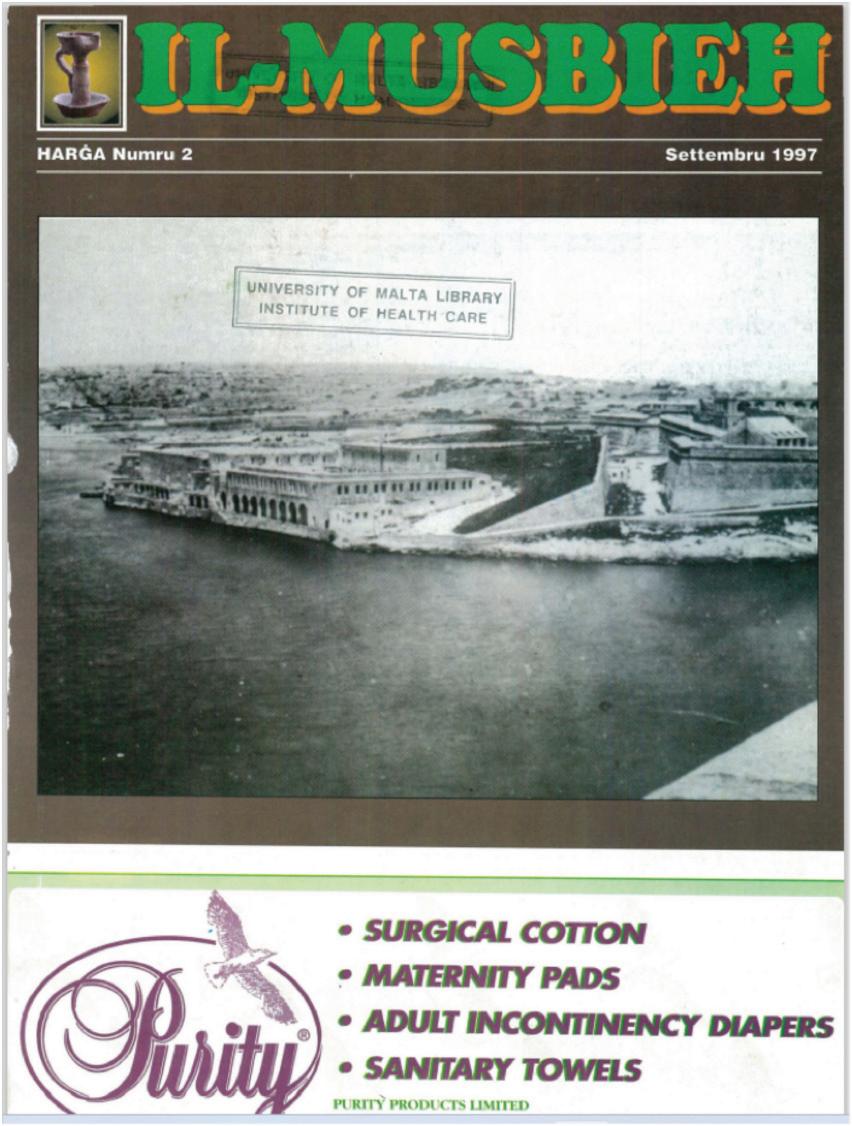

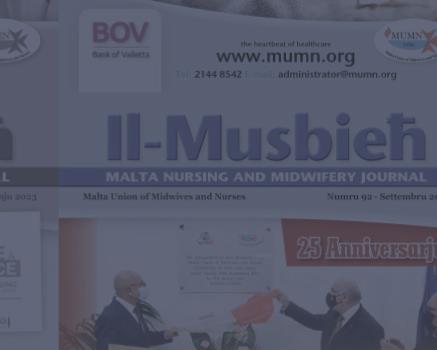

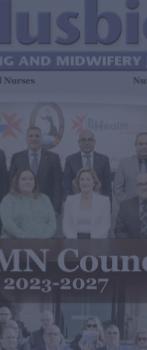


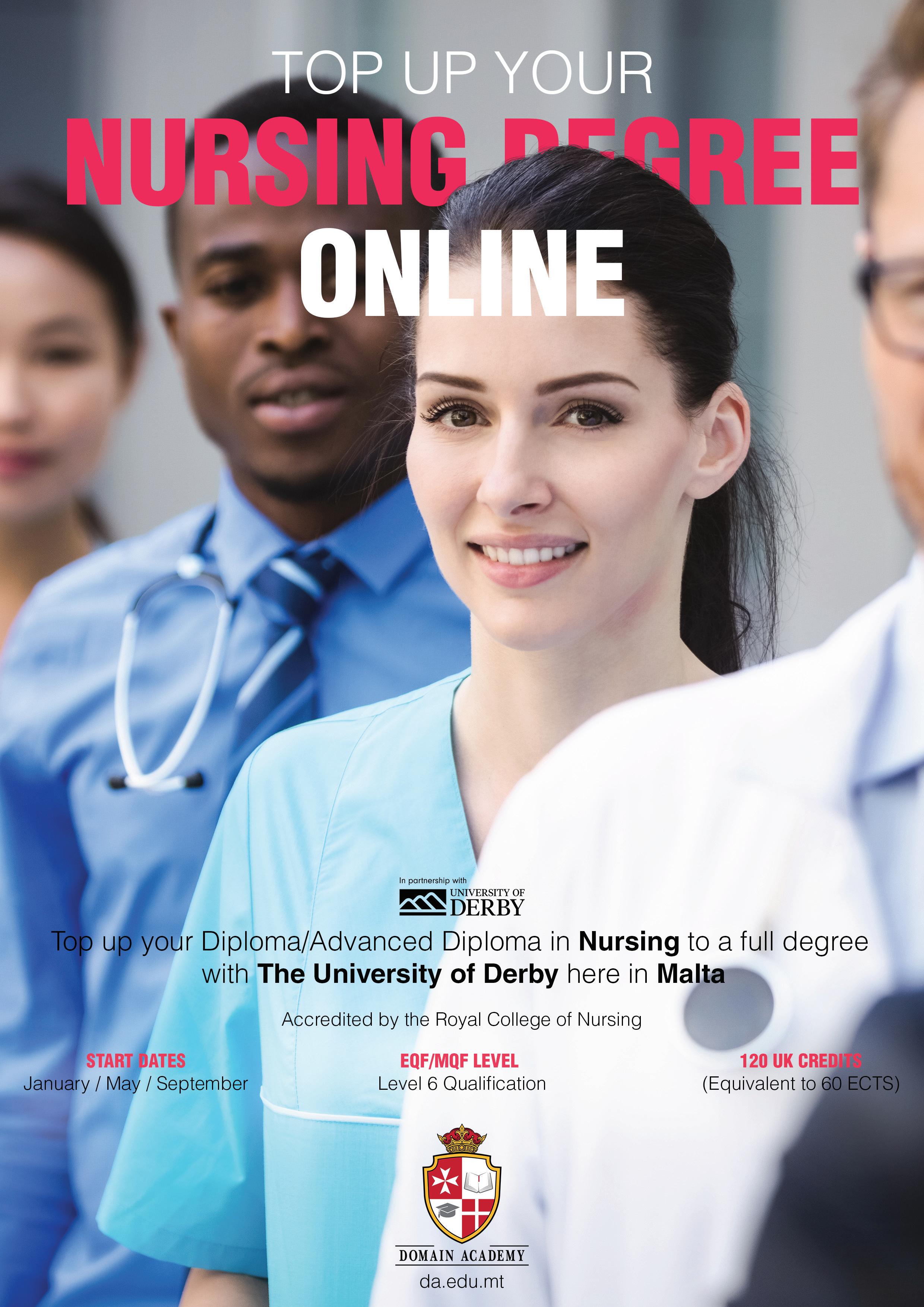
ktibna fl-edizzjoni ta’ qabel u fejn azzjoni kienet gœadha ma æietx meœudha.
Matul iÿ-ÿmien rajna wkoll kif niÿviluppaw u nÿidu aktar paæni, billi ÿidna l-ewwel ir-reklamar u tellajna l-æurnal gœal 28 paæna, u b’hekk stajna nÿidu paæni oœra ta’ importanza u interess partikolari billi nkludejna wkoll vuçi gœas-Sotto Kumitati li kienu joperaw minn diversi oqsma. Dawn ukoll kellhom messaææi importanti xi jwasslu lill-membri tagœna f’dak is-settur partikolari u kien importanti gœan-Nurses u l-Midwives ta’ sezzjonijiet oœra tal-isptarijiet, kliniçi u çentri tas-saœœa tagœna.
Fit-22 ta’ Novembru 1997 æie inawgurat l-uffiççju çentrali tal-MUMN fil-Fgura minn Dr. Alfred Sant, dakinhar Prim Ministru, fejn bœala bord konna œriæna bid-deçiÿjoni li minn din l-okkaÿjoni, gœandna nfasslu suppliment ta’ dik il-kommemorazzjoni storika fi œdan ilunion, gœalhekk dakinhar, kont œadt noti ta’ kull ma ntqal minn kull kelliem

u fassalthom f’suppliment ta’ sitt faççati, li kien æie mehmuÿ fil-æurnal (edizzjoni nru. 3) li œaræet f’Diçembru tal-1997.
Din kienet sfida kbira gœalija u gœall-bord editorjali kollu, minœabba li gœalkemm issuppliment waœdu involva œafna iktar xogœol ta’ ittajpjar, dan kien xogœol miÿjud u fejn il-perjodu taÿÿmien mal-istampatur kien kwaÿi skada. Minn hawn u minn hemm irnexxieli nÿomm maÿ-ÿmien stipulat bl-gœajnuna ta’ kulœadd. Dan kien suppliment li œassejtni sodisfatt œafna bih, gœaliex fi œdan il-Union, dan kien bidu ædid f’uffiççju çentrali u gœalhekk kien ÿmien storiku fejn fl-istess œin irnexxieli nikteb dawk il-mumenti li kienu wkoll relatati ma’ ritratti tal-okkaÿjoni.
(https://www. um.edu.mt/library/oar/handle/)

Is-Suppliment









Uffiçjali tal-Malta Union of Midwives and Nurses li œareæ f’Œaræa Nu. 3 ta’ Diçembru 1997 (https://www.um.edu. mt/library/oar/handle/)


Dan ix-xogœol kien kontinwu u l-bord editorjali, li konna niltaqgœu darbtejn u æieli anke tlieta fix-xahar skont inneçessità, kien wieœed eneræetiku u dejjem æejjin b’ideat æodda. Jiena kelli nieqaf mir-rwol ta’ Editur wara l-1998 minœabba li kont bdejt nipprattika f’sezzjoni oœra tad-dipartiment li kienet tinvolvi œafna aktar œin ta’ taœriæ u gœalhekk ma kellix œin aktar gœall-kitbiet. Minn hemmhekk il-kariga tiegœi gœaddiet gœand Louise Cini li kompliet taœdem fuq dik l-istess struttura li konna bnejna. Irrid nistqarr però, li
gœall-kitbiet. Minn hemmhekk
matul iÿ-ÿmien li gœamilt wieqaf millbord editorjali, xorta bqajt inœoss innuqqas tal-æurnal, u gœalhekk darba fost l-oœrajn, stqarrejt mal-bord li ser jiæi ÿmien li fih neræa’ nkun nista’ nikkontribwixxi b’kitbiet u ritratti ta’ professjonisti fuq ix-xogœol tagœhom gœal fuq il-qoxra ta’ barra. Minn hemm ukoll, il-æurnal æie rikonoxxut ukoll bœala æurnal uffiççjali gœan-Nurses u l-Midwives, fejn saœansitra artikli ta’ evidenza, setgœu jitqiesu bœala sors ta’ referenza gœall-kitbiet u studji akkademiçi.
Illum m’inhiex attiv f’Il-Musbieœ, però nieœu pjaçir kull meta toœroæ edizzjoni oœra (illum b’format online). Din xi œaæa li tinvolvili œafna memorji ta’ ÿminijiet xejn façli, però li jirriflettu memorji sbieœ, anke ta’ kollegi li œadmu id f’id miegœi b’gœan wieœed u li gœadhom anke jagœmlu parti mill-bord editorjali tal-preÿent.
Nixtieq nirringrazzja lil kull min kien ta’ gœajnuna matul l-edizzjonijiet kollha li fihom jiena tajt kontribut, speçjalment lill-Presidenti kollha, Segretarju Æenerali preÿenti u l-Eÿekuttivi kollha ta’ matul is-snin li sibthom dejjem ta’ spalla meta jiena jew il-bord editorjali æejna bÿonn daqqa t’id minn gœandhom.
fuq dik l-istess struttura li konna bnejna. Irrid nistqarr però, li œaæa li tinvolvili œafna memorji jirriflettu memorji sbieœ, anke ta’ kollha li fihom jiena tajt kontribut, spalla jew il-bord editorjali æejna bÿonn daqqa
Il-Musbieœ illum, online fuq OAR@ UM, il-website tal-MUMN (https:// www.mumn.org/publications/) u issuu.com ❙

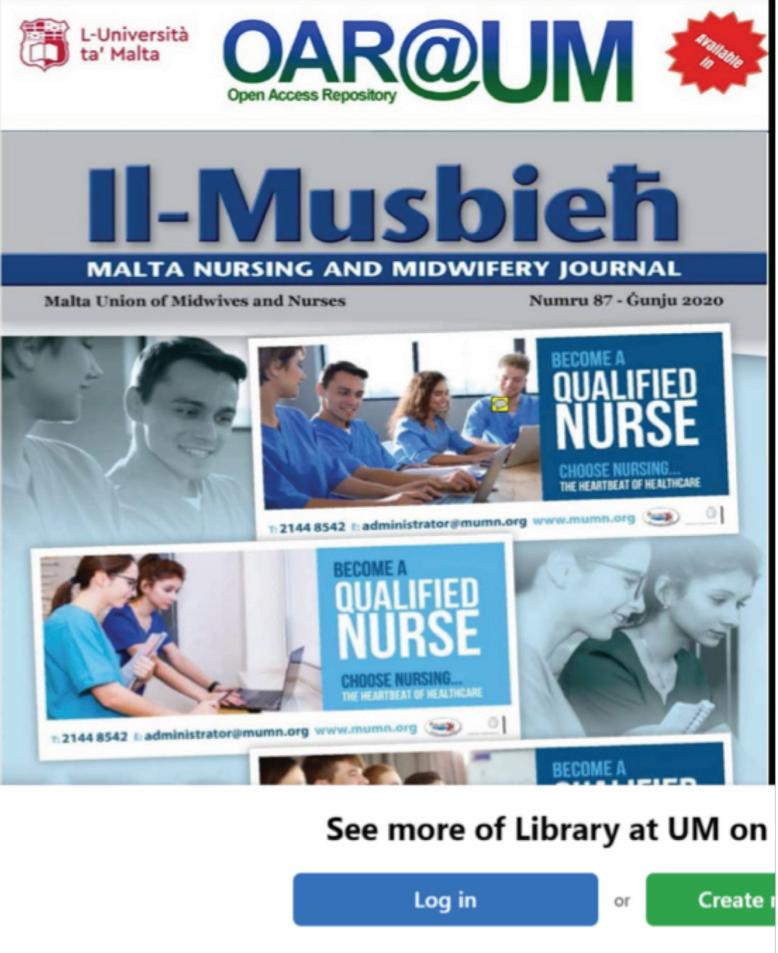
Il-Musbieœ UM, il-website tal-MUMN (https:// issuu.com








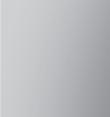







Dehydration is a persistent challenge in the geriatric population. As part of our continued and shared commitment towards improving the health of the older adult population, hydration promotion needs to be a continued central focus. This is essential in addressing the challenges and consequences of inadequate hydration in older adults.
The past months have seen an increased number of registered deaths indicating dehydration and/or hypothermia as the primary cause of death (Magri, 2023). Although this can be attributed to the harsh environmental conditions experienced during the summer months, the demand for increased fluid intake should be adequately addressed within the older adult population. The risk of increased mortality with dehydration also remains highly prevalent within hospital and institutionalised settings (Thomas et al., 2008). Furthermore, inadequate hydration levels are associated with higher risks of morbidity, including incidences of falls, urinary tract infections (UTIs), respiratory tract infections, acute confusion, constipation and delayed wound healing (Anjo et al., 2020; Szafara et al., 2012; Benelam & Wyness, 2010), placing an increased burden on healthcare services, which are already under pressure due to several contributing factors (Ministry of Health, 2022; Formosa, 2019).
Hydration in this context is therefore an area which should receive further attention amongst the nursing community, especially in view of its preventable nature (Bunn, Hooper, and Welch 2018; Wotton, Crannitch, and Munt 2008).


A recent systematic review reported that behavioural interventions, such as promoting choice, increasing availability of drinks and verbal prompting, had positive effects on fluid intake amongst elderly in hospital and institutional settings. Improvement of hydration was also influenced by the design of the

drinking vessel (Bruno et al., 2021). The design and availability of the appropriate equipment to encourage fluid intake is an area that has received less attention in local literature. It is widely recognised that supporting residents to drink is time-consuming work and staff are often required to choose between other important care activities (Godfrey, Cloete, Dymond, & Long, 2012; Gasper, 2011; Mentes, 2006). This can be intensified particularly in the residential care setting by inadequate staff training and lack of awareness of the significance of hydration (Cook et al. 2019). We therefore assert the necessity to direct nursing research and resources towards investigating potential innovative strategies that could help remind patients and residents to drink, whilst lessening the impact of already overburdened nursing and care staff.
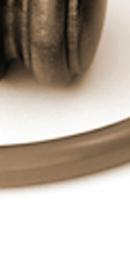
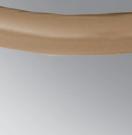

Evidence suggests that observing for signs and symptoms of low-intake dehydration is inaccurate and may not identify older persons who are dehydrated (Bunn, 2019; Bunn and Hopper, 2019; Hopper et al., 2016). Bunn (2019) further emphasises that low-intake dehydration can only be accurately identified by obtaining a venous blood sample to measure serum or plasma osmolality. This may not be a suitable alternative for older people living in the community or in residential settings. Therefore, a further key strategy to avoid dehydration in older persons is to focus on monitoring the fluid intake. One study has looked at the use of a self-reported drinks diary to monitor fluid intake (Jimoh et al.,

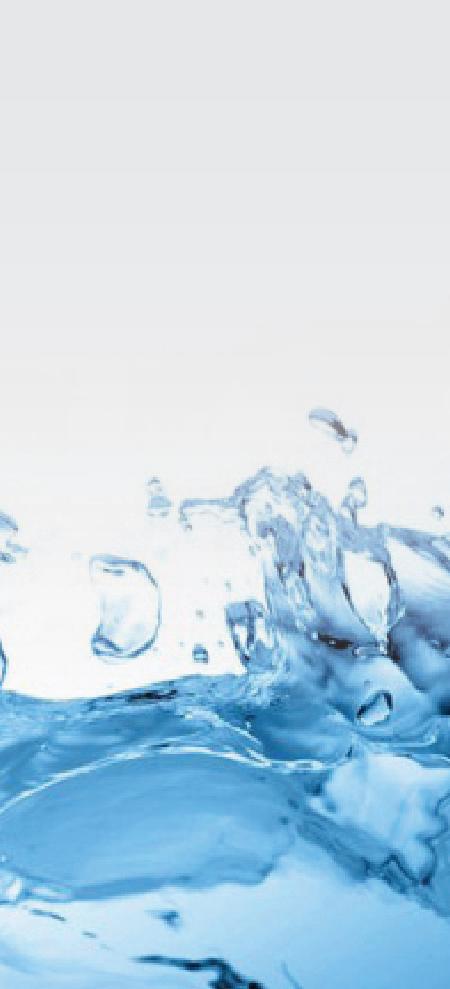
2015). This tool has been successful in monitoring fluid intake in older people in residential care and was more accurate and reliably completed than staff records (Jimoh et al., 2015). The latter could also be a potential area of research for older adults living in the community.
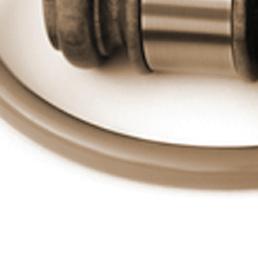

The prevention of dehydration in older adults within the community, acute and long-term settings, is multifaceted. The current evidence base suggests that behavioural interventions involving increased choice and availability of drinks are associated with improvement in hydration. Locally, it is essential to begin exploring the challenges and barriers encountered by older adults and the nursing community. Furthermore, directing research and resources towards exploring potential strategies to improve and maintain hydration intake in older adults is essential in helping towards meeting this fundamental basic care need.
We would like to this opportunity to congratulate MUMN on the 100th edition of Il-Musbieœ. We are delighted to be part of this special edition and look forward to sharing more contributions here with you.






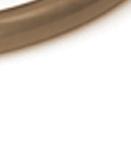

For references included in this write up or for more information on the research being conducted by the authors on hydration practices send an e-mail on hydrationpractices@mcast.edu.mt. ❙

woman who, by sheer force of character, used her skills in midwifery to transform midwifery into a national institution.
During the XVIII century in Europe, life expectancy was 25 years, 1 mother out of 100 died giving birth, and one child out of 4 did not reach its first birthday. France was facing a public health crisis, especially in the countryside. A priest reported, panicking, that he believed 200.000 babies were dying each year.
In 1759, in an effort to end infant mortality and have more soldiers, the French king Louis XV commissioned Madame Angelique Marguerite Le Boursier du Coudray to travel throughout France teaching the art of childbirth to illiterate peasant women. She was from a family of doctors and had already been 16 years a midwife and a teacher in Paris. She was the head midwife at the hospital Hôtel Dieu* near Notre Dame where approximately 1.500 babies were born every year.
surgery and completing three years of apprenticeship.
For the next 30 years, this royal emissary taught in nearly 40 cities and reached an estimated 10,000 students. She also opened maternity homes. She contributed significantly to France’s demographic upswing after 1760.
She battled with finance ministers, village matrons, local administrators, and recalcitrant physicians, she also rapidly became the exception that proved the rule. She defied the marginalization of women by demanding attention, recognition, and payment for her work.
She wrote a medical book, amply illustrated, just as the men had done, Mrs. du Coudray envisioned herself as a “man of action and very importantly invented a life-sized obstetrical mannequin “the Machine”.
The machine: the mannequin was made of dyed fabric, stuffing, leather, wood. She used strings and straps to
fluid at just the right moment.


There was a stuffed newborn with a little nose, ears, mouth and tongue and was attached to an umbilical cord.
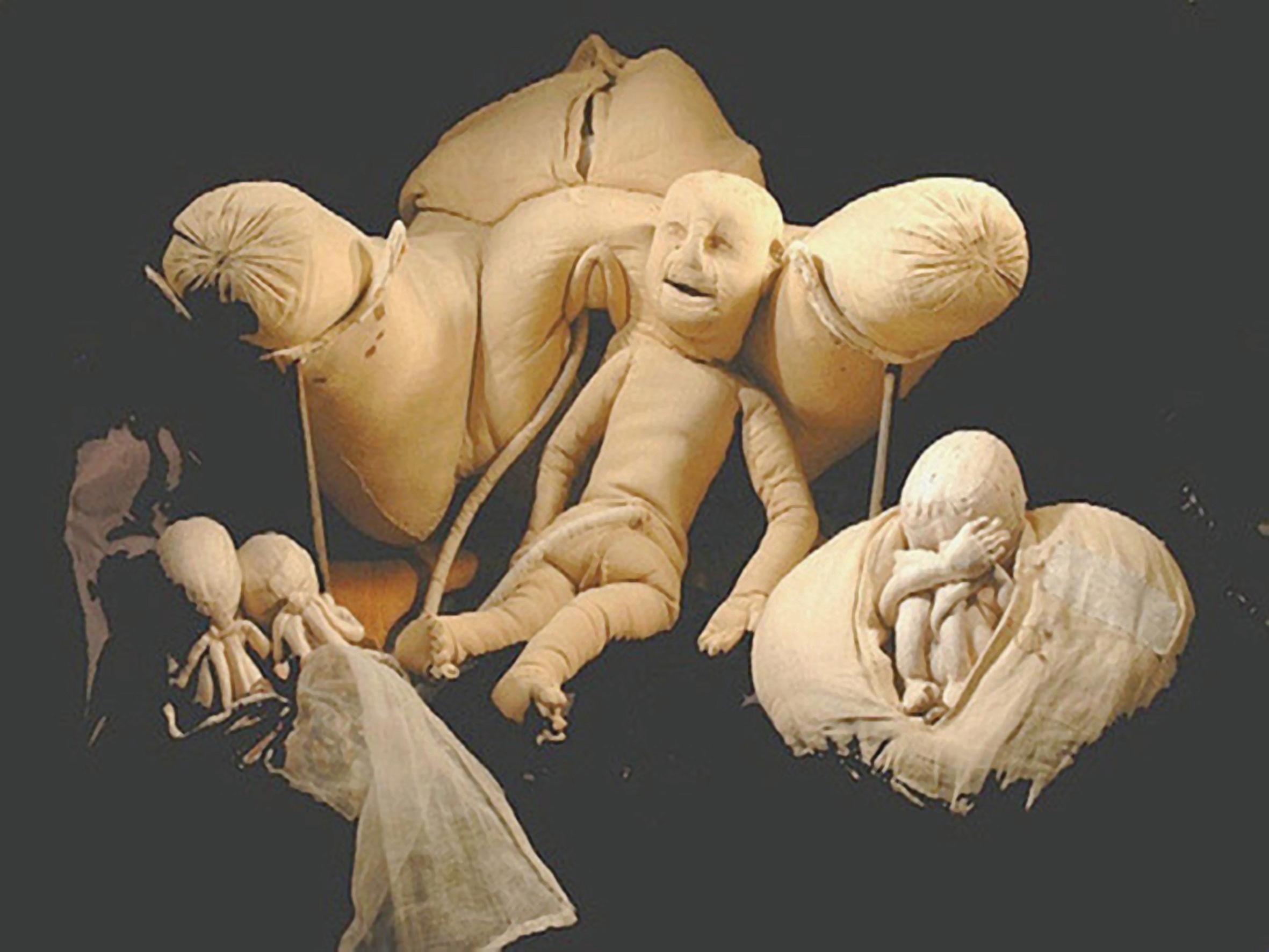

Madame du Coudray used the Machine for her demonstrations – initiating the concept of clinical simulation training in obstetrics - An observer, a demonstrator, a final practical examination. Her method was, as she herself said, “simple, clear and precise.”

Mrs. Angelique Du Coudray became famous but later fell into oblivion, and died anonymously at the height of the French revolution terror but her legacy is very much alive in the midwives’ world of the XXI century.
I would like to take this opportunity to inform you that the Board of the European Midwives Association joins the Maltese midwives and nurses of MUMN in celebrating the 100th edition of ‘Il-Musbieh”







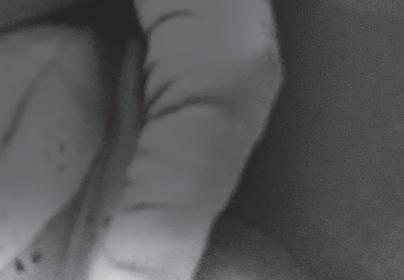


continued from page 15
when things are not going well and need to act.
e.g., Thinking about ending life; researching on how to end life; thinking and planning on how to say goodbye to family and friends
5. My Support System
Whilst coping strategies are very useful and help manage thoughts, there may be instances where they are not sufficient. Having a support system helps individuals talk about their emotional state with someone they trust and who can offer compassion and empathy. The goal of this step is to make a list of two to three people the person can reach out to for help and to list their phone numbers. It is important that people listed as support individuals are aware that they are part of this safety plan, as reaching out to them might signify a vital moment.

e.g., Friends; relatives; religious leaders
6. Making my Environment safe
It is important to make sure that the individual does not have any access to means that can end life. Ask whether the individual has anything in particular that is used to self-harm, such as weapons, sharp objects, or even extra medications. Also ask about the ease to access them. By making it harder to access these means of self-harm methods, the individual gains extra time to reconsider the decision to die by suicide. Help the individual identify means how to make the environment safer and dispose of these items. One can also identify

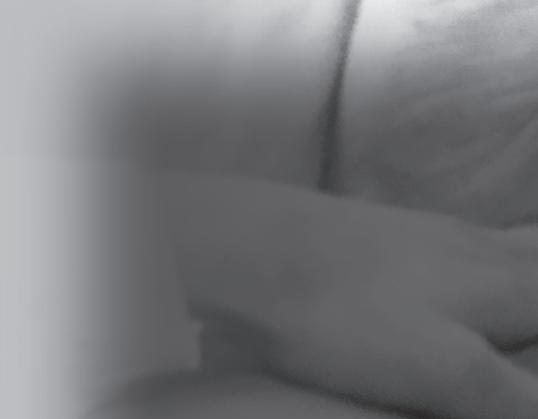

Mrs. Angelique du Coudray…
continued from page 37
You must be proud of the work you achieve day after day, supporting women and families. You know, because Malta has been a patchwork of cultures across the centuries, how important it is to open your minds to different traditions, keeping families safe and women’s rights protected.
Happy Birthday!
Agnès SIMON Presidentalternative places, which make them feel safe, such as a cafeteria, the gym, or church
7. Professional Support
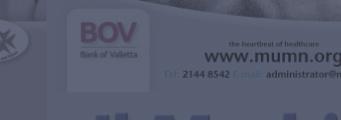











As per the SSP, professional support ought to be the last resort used, should all other steps fail. This list should include the names and phone numbers of any professionals or local agencies that can offer support during a crisis. If the individual is receiving professional support from a psychiatrist or psychologist, this should also be noted down. Contact information for 24/7 emergency resources must also be included.
Dealing with someone who is experiencing suicidal thoughts is no easy feat, however, responding with


compassion and understanding, rather than judgement and disapproval helps in deescalating suicidal thoughts and forming an influential link that can make a difference between life and death.
If you or someone you know are experiencing suicidal thoughts, seek professional help. Contact the Mental Health Services Helpline on 1579 to speak to a qualified professional.
If someone you know is in imminent risk of dying by suicide, do not leave them alone. Call emergency services on 112 and if possible, remove any items that may pose a danger to themselves.
Janice Agius Secretary - Maltese Association of Psychiatric Nurses





• The author worked as a young midwife at the Hotel Dieu a few centuries later.
Sources
• Nina Rattner Gelbart: The kings Midwife-1998
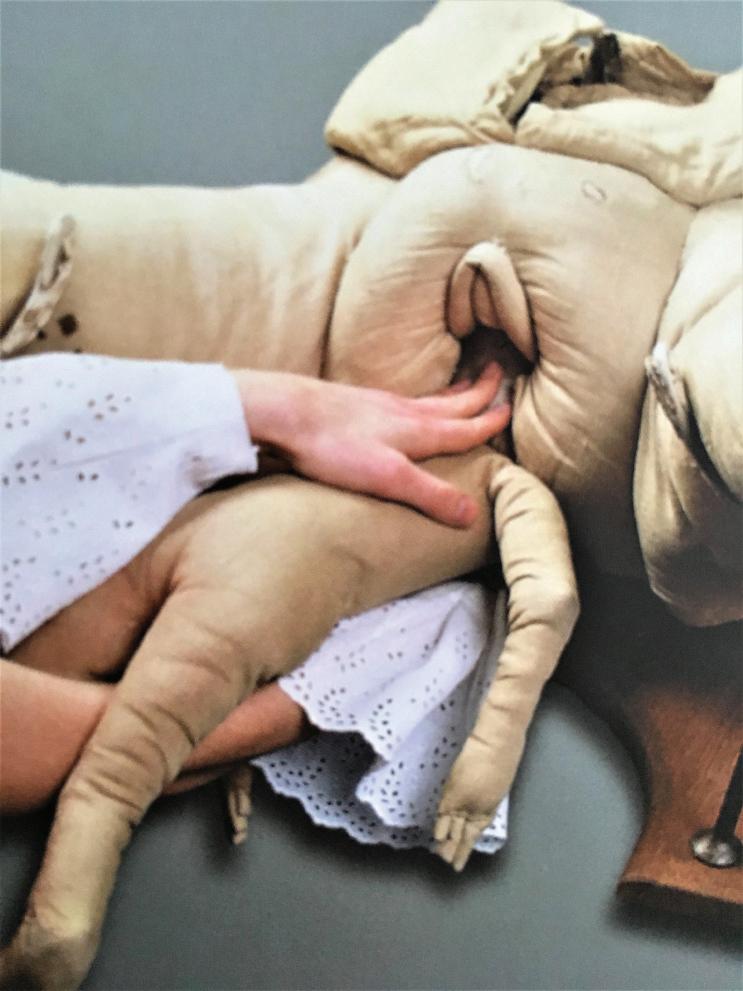
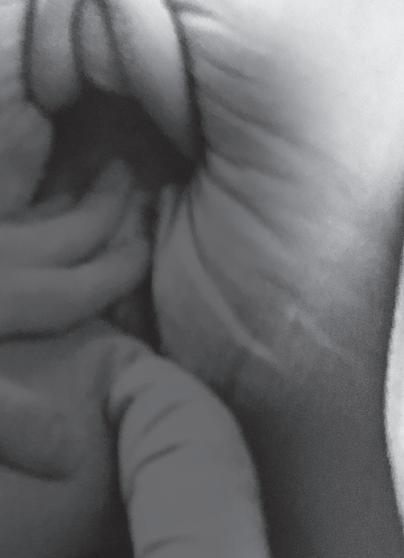
• La “Machine” de Madame du Coudray- Edition point de vue-Musée Flaubert et d’histoire de la médecine. Rouen
• Jacques Gélis: Former les accoucheuses au XVIII siècle


• Olivia Campbell « How a French midwife solved a public health issue” Jator Dayly 25 mars 2020.




















